AP Language and Composition Terms to Know
1/140
There's no tags or description
Looks like no tags are added yet.
Name | Mastery | Learn | Test | Matching | Spaced | Call with Kai |
|---|
No analytics yet
Send a link to your students to track their progress
141 Terms
active voice
The subject of the sentence performs the action
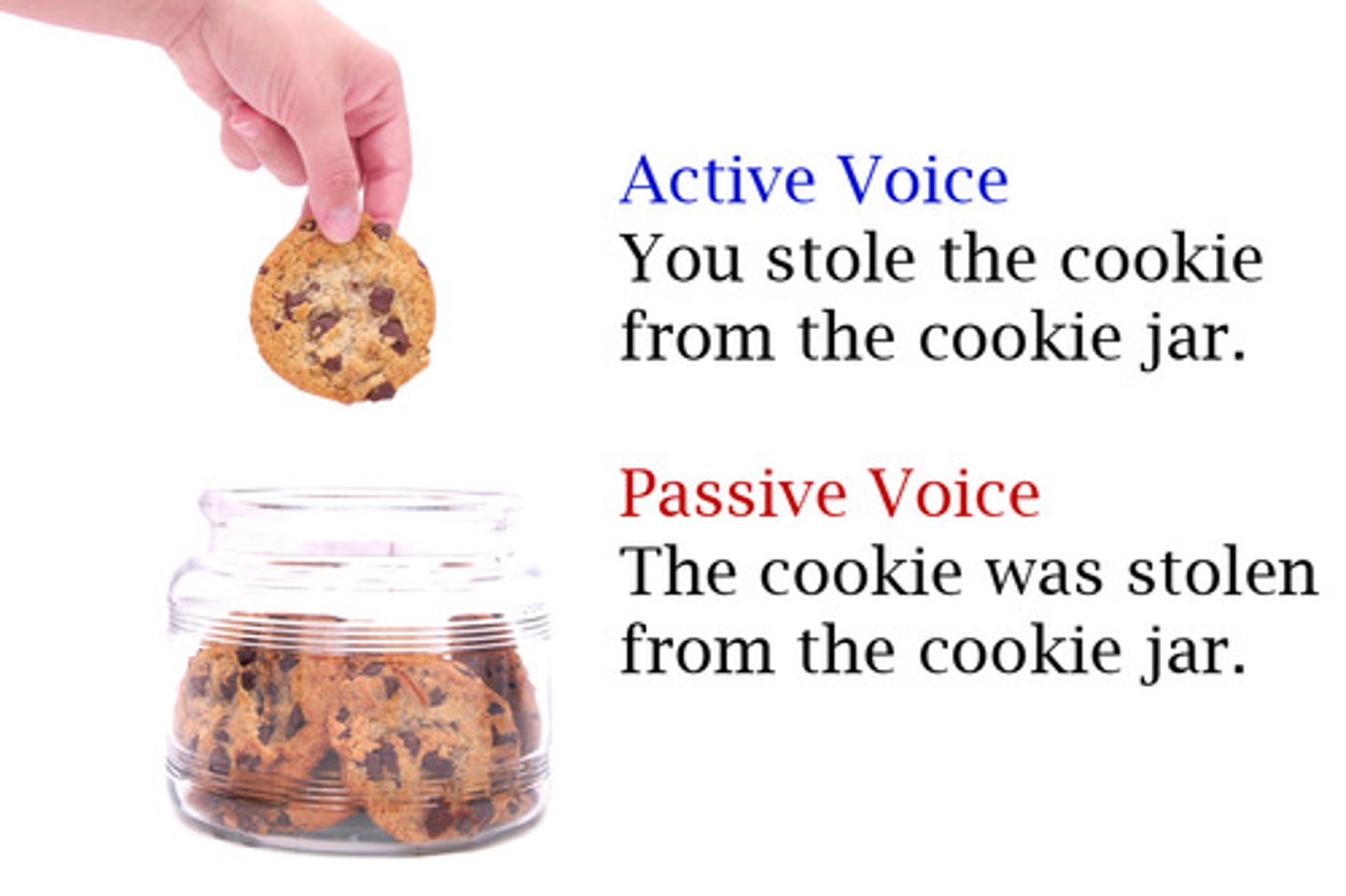
passive voice
The subject of the sentence receives the action.
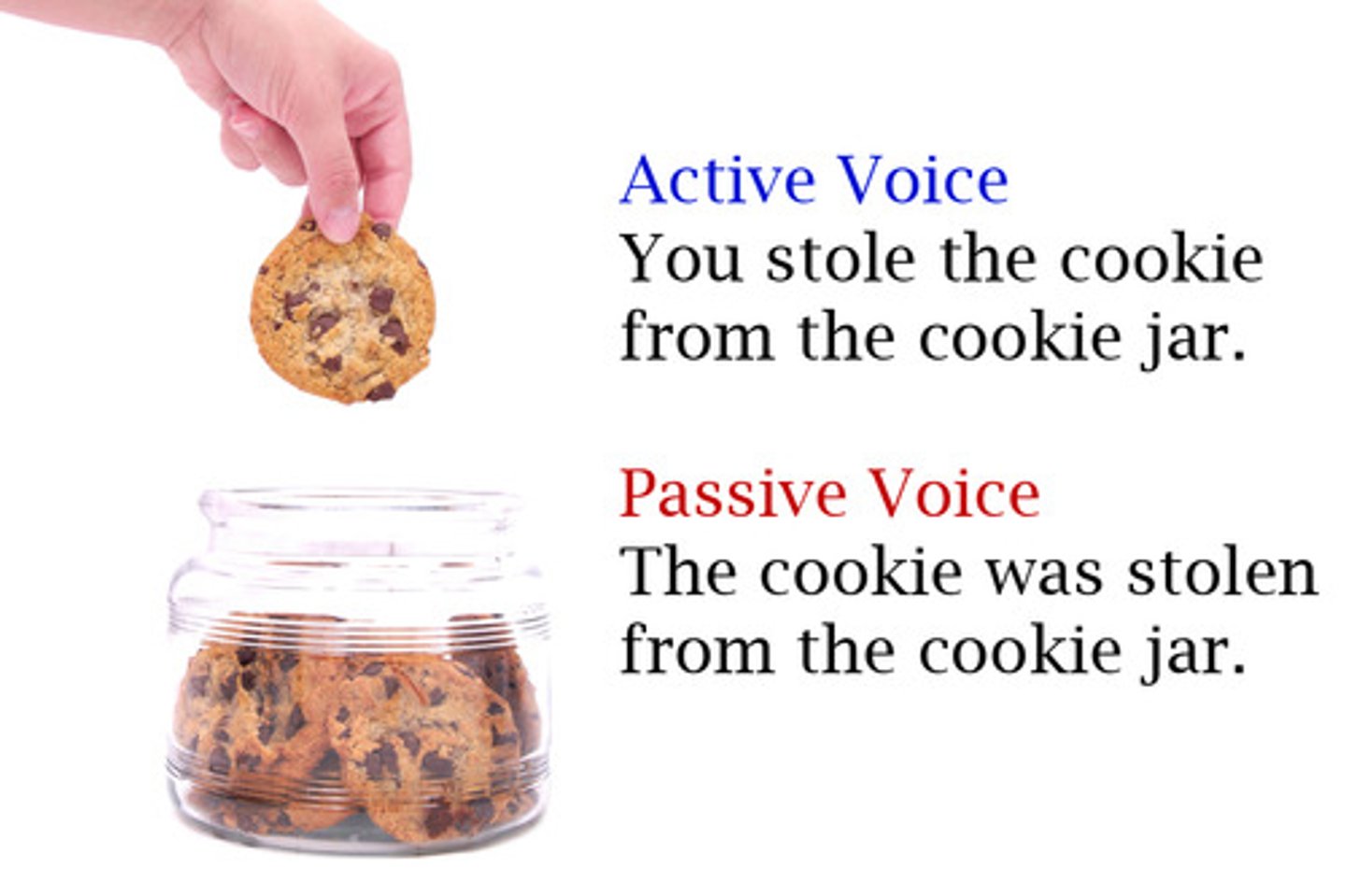
allusion
A reference to another work of literature, person, or event
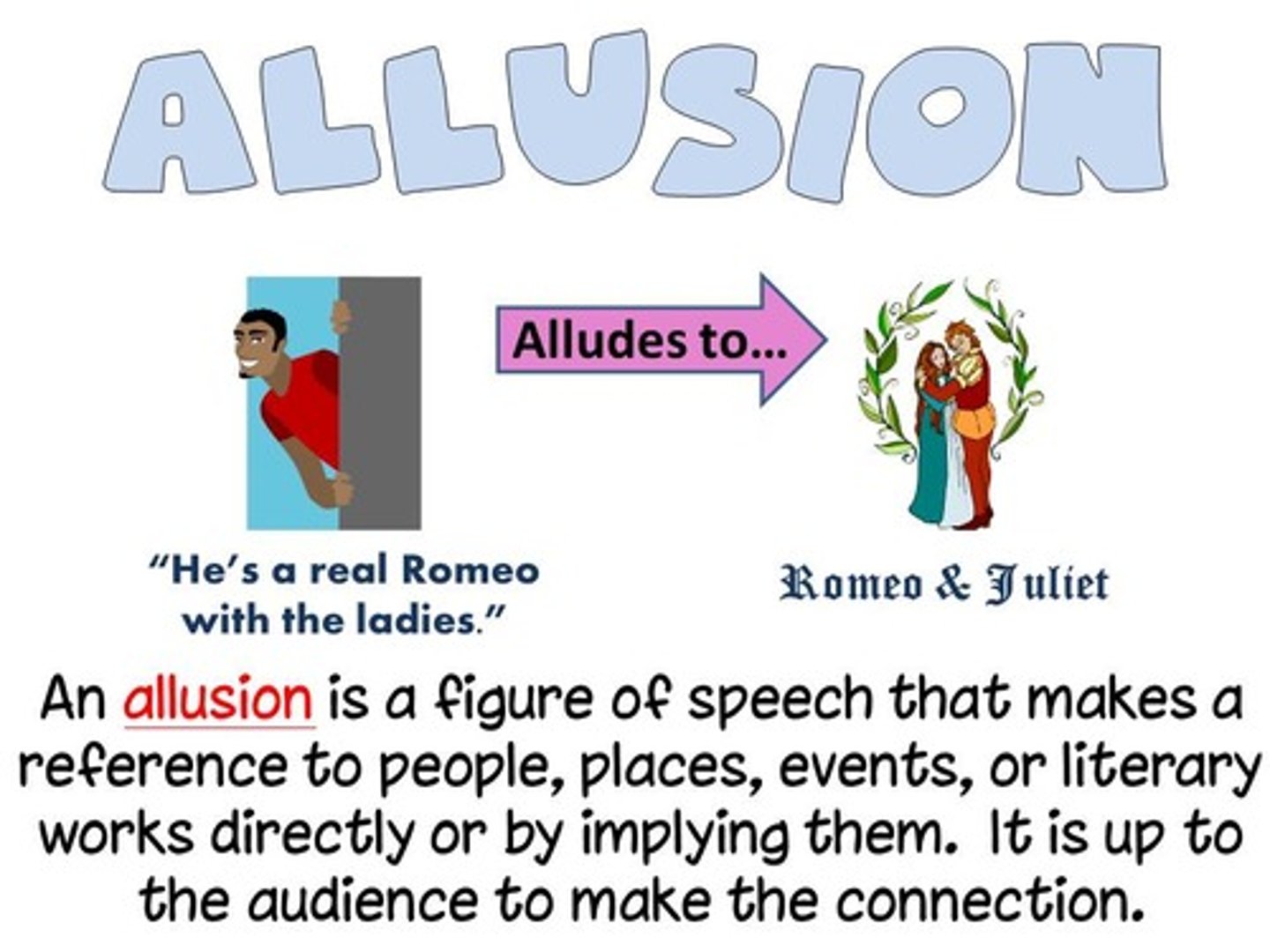
alter ego
character that is used by the author to speak the author's own thoughts; when an author
speaks directly to the audience through a character.

persona
an individual's characteristic pattern of thinking, feeling, and acting
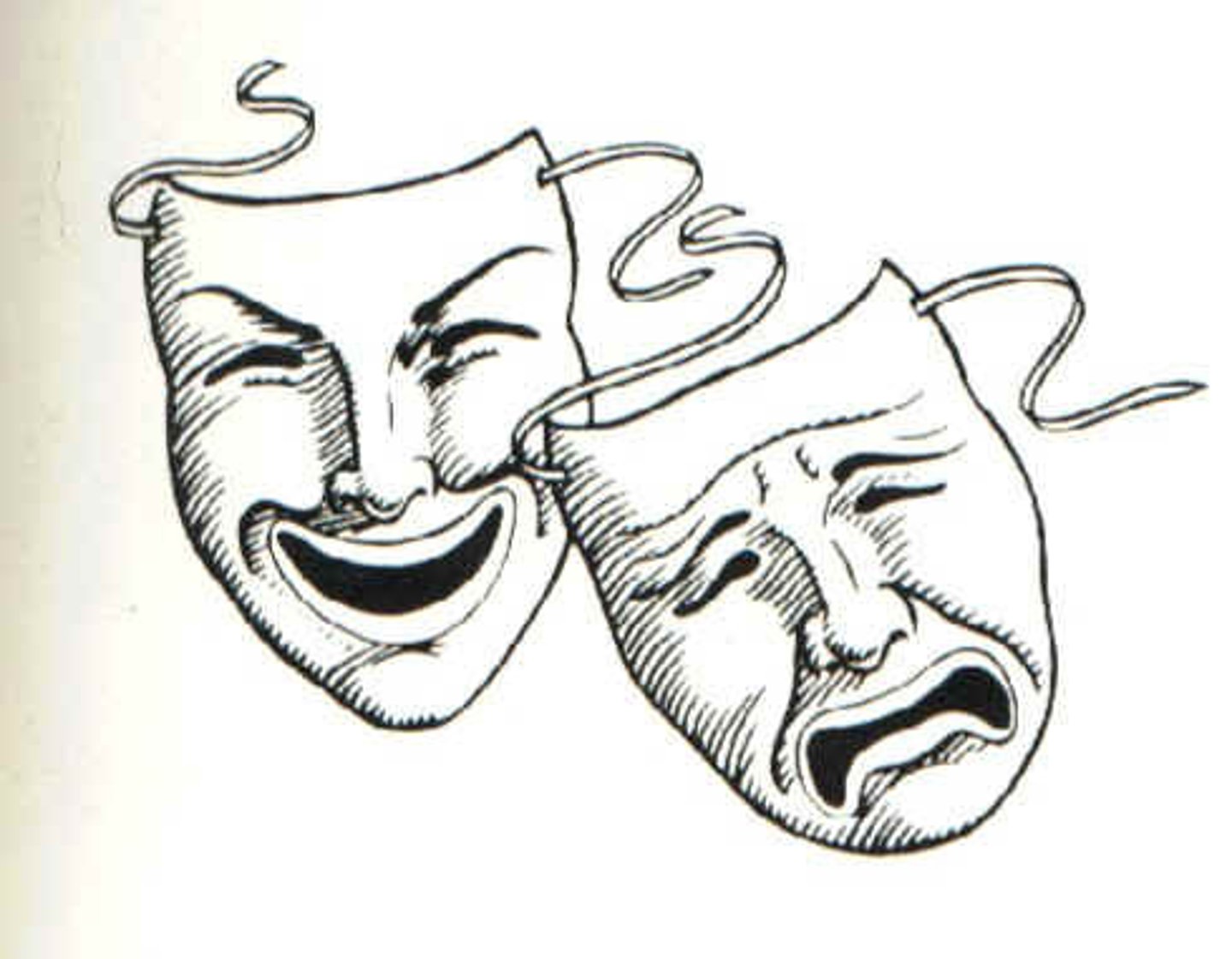
anecdote
A brief recounting of a relevant episode. Anecdotes are often inserted into fictional or non
fictional texts as a way of developing a point or injecting humor.
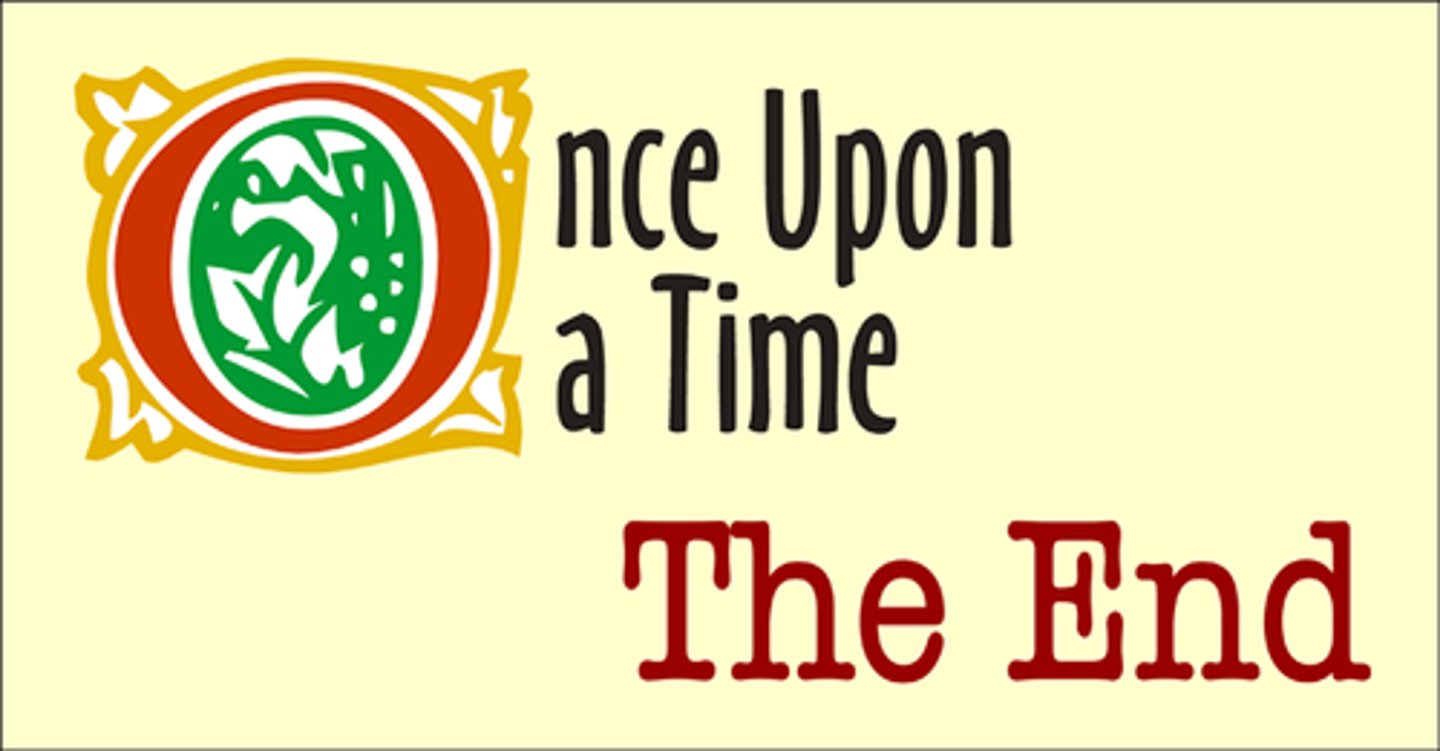
antecedent
The word, phrase, or clause referred to by a pronoun.
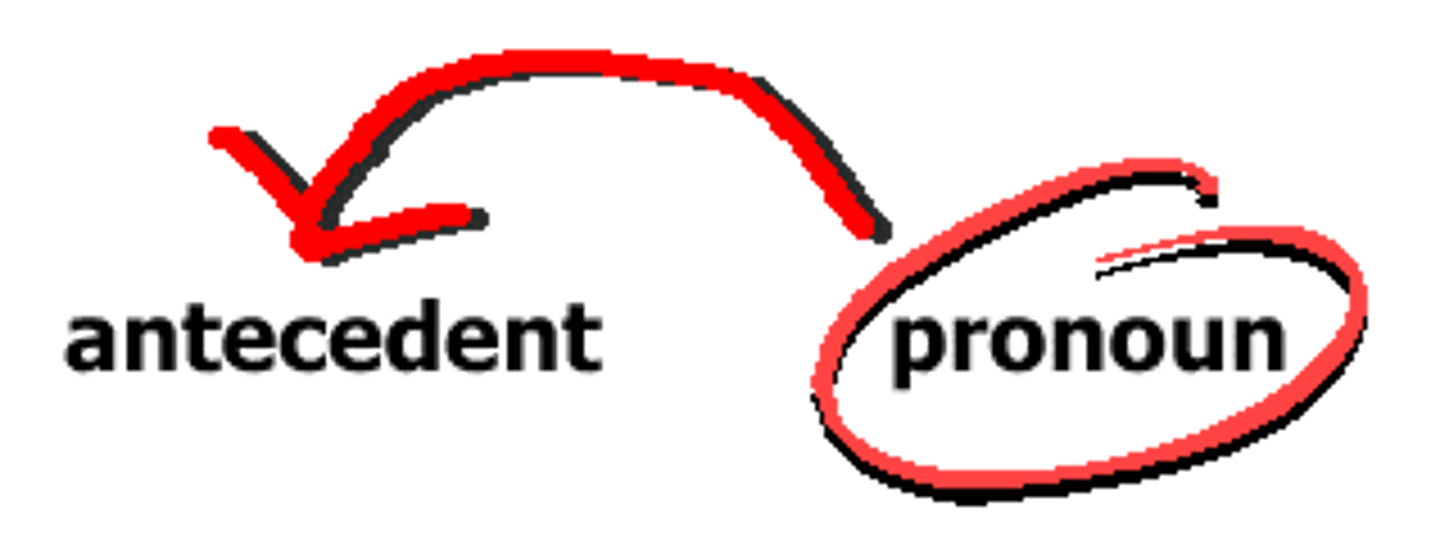
classicism
Art or literature characterized by a realistic view of people and the world; sticks to traditional
themes and structures (

romaniticism
is a literary movement with an emphasis on the imagination and emotions

comic relief
comic episodes in a dramatic or literary work that offset more serious sections.

diction
A writer's or speaker's choice of words
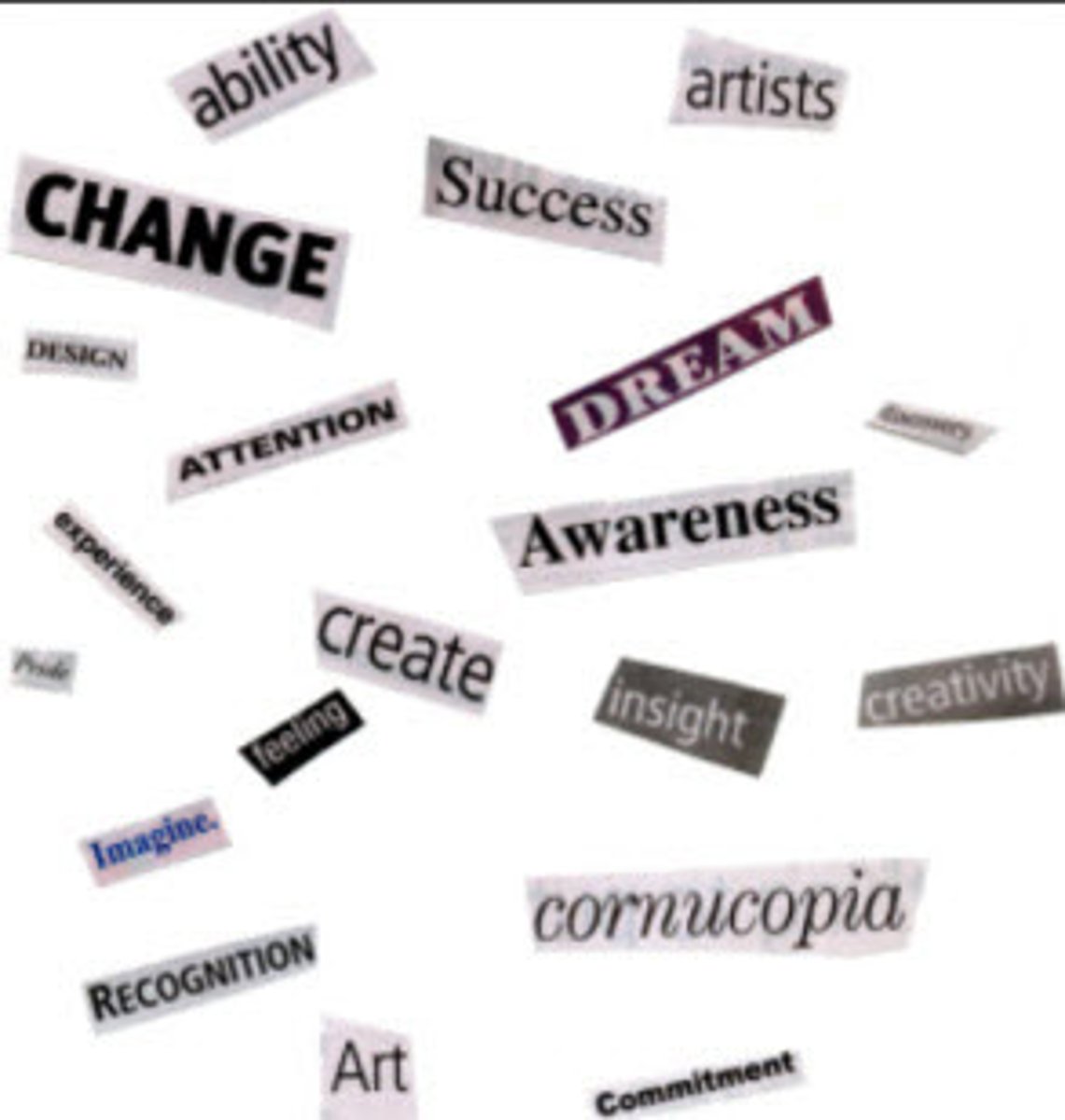
colloquialism
informal words or expressions not usually acceptable in formal writing
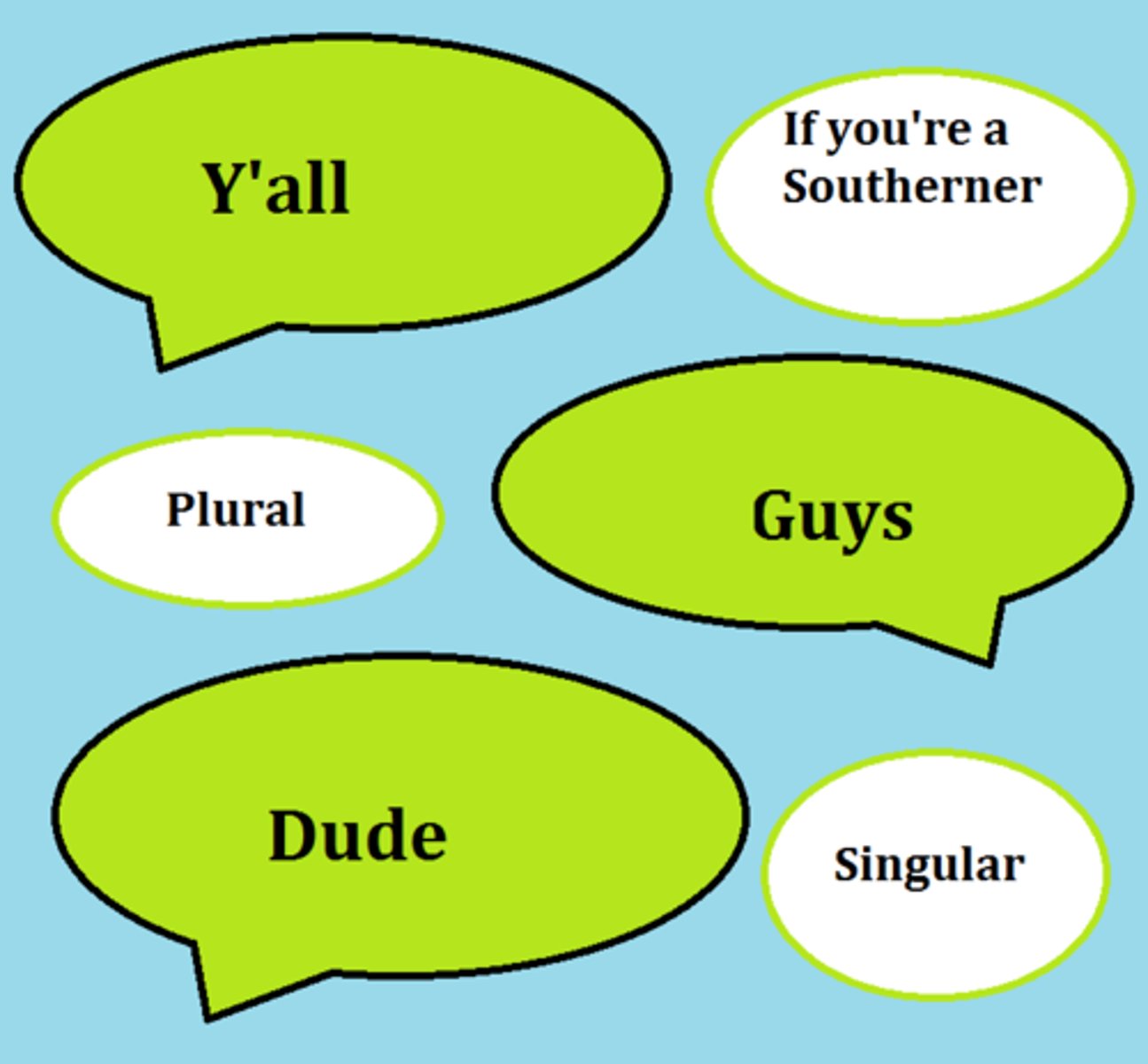
connotation
an idea or feeling that a word invokes in addition to its literal or primary meaning.
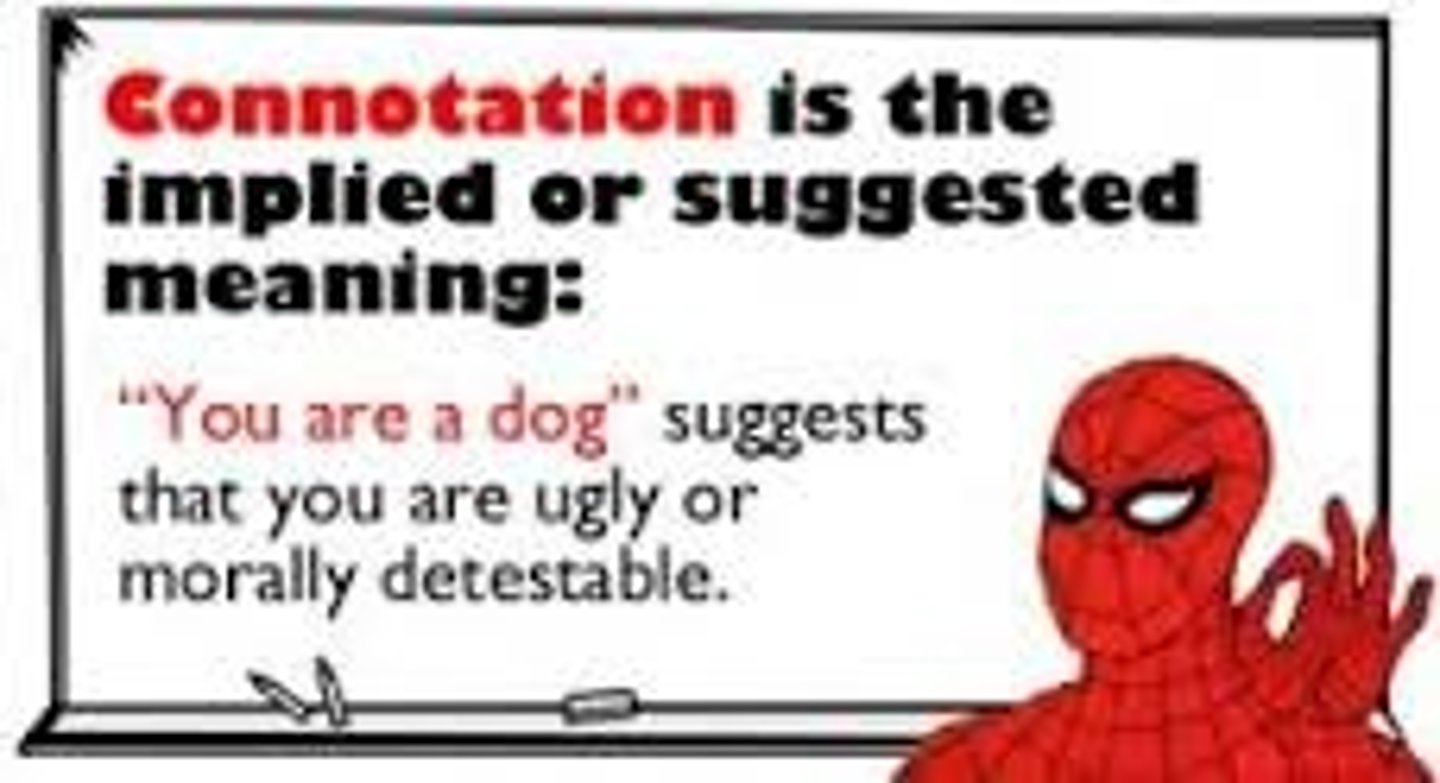
denotation
The dictionary definition of a word
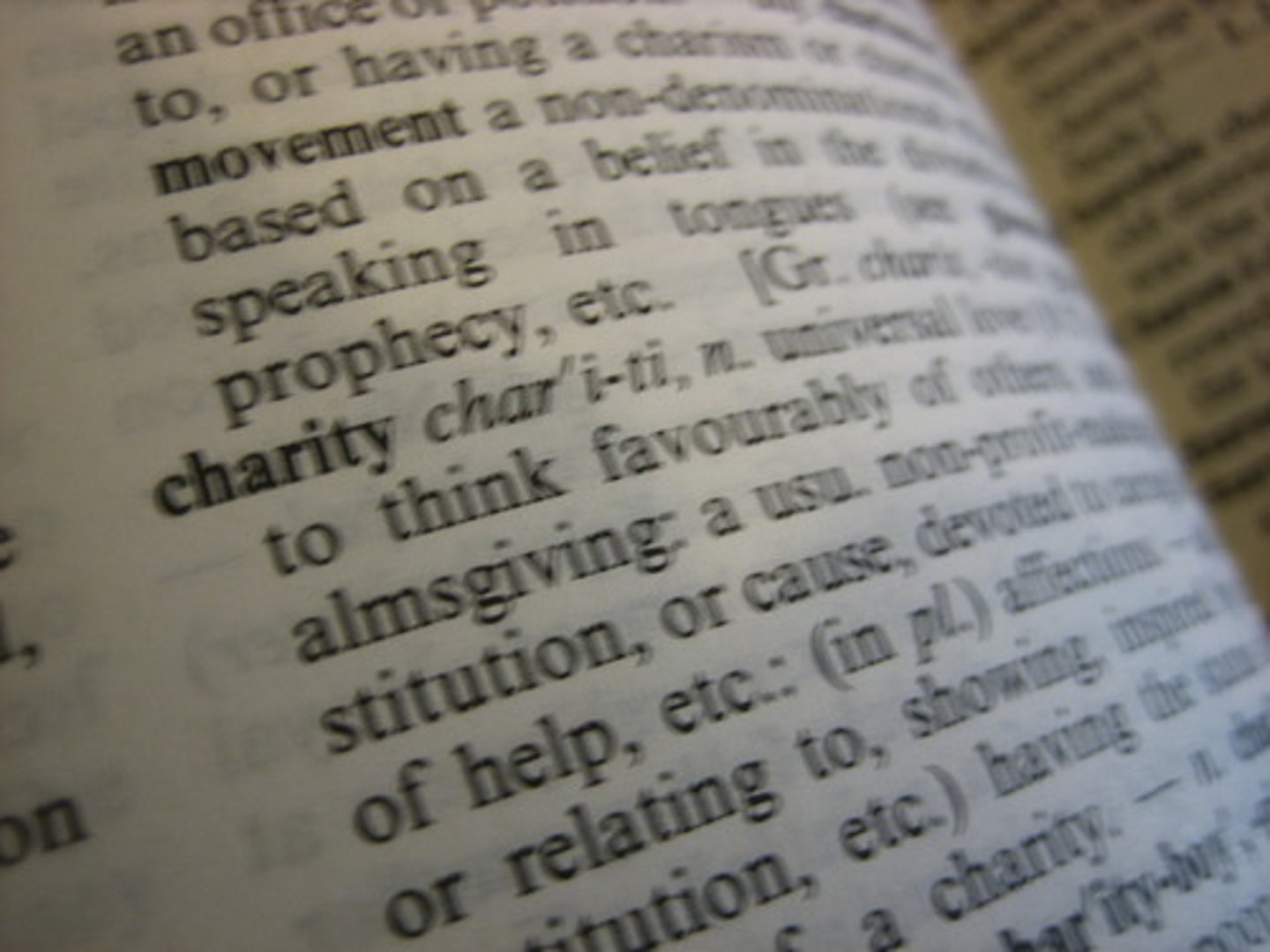
jargon
special words or expressions that are used by a particular profession or group and are difficult for others to understand.
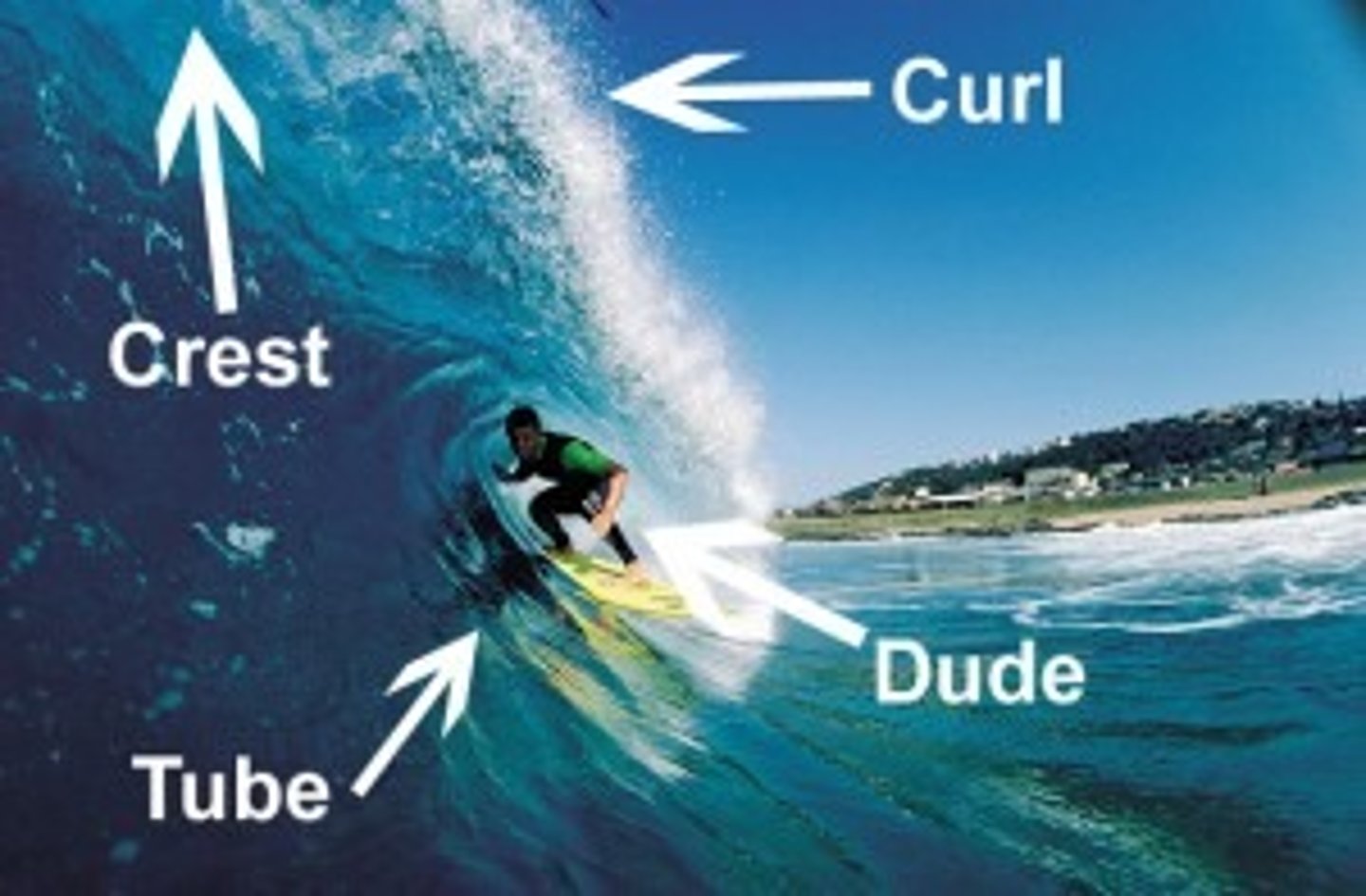
vernacular
Everyday language of ordinary people
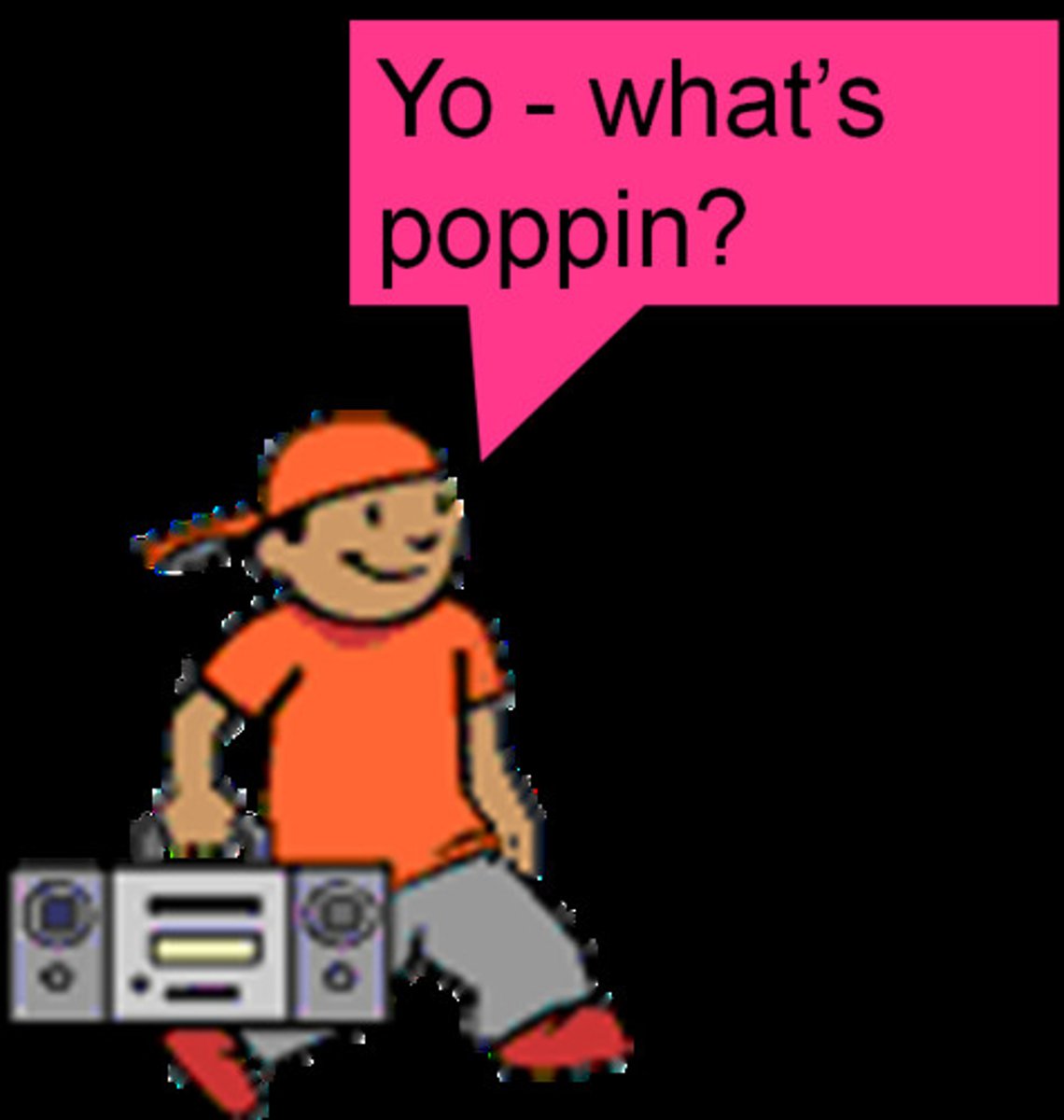
didactic
intended to instruct
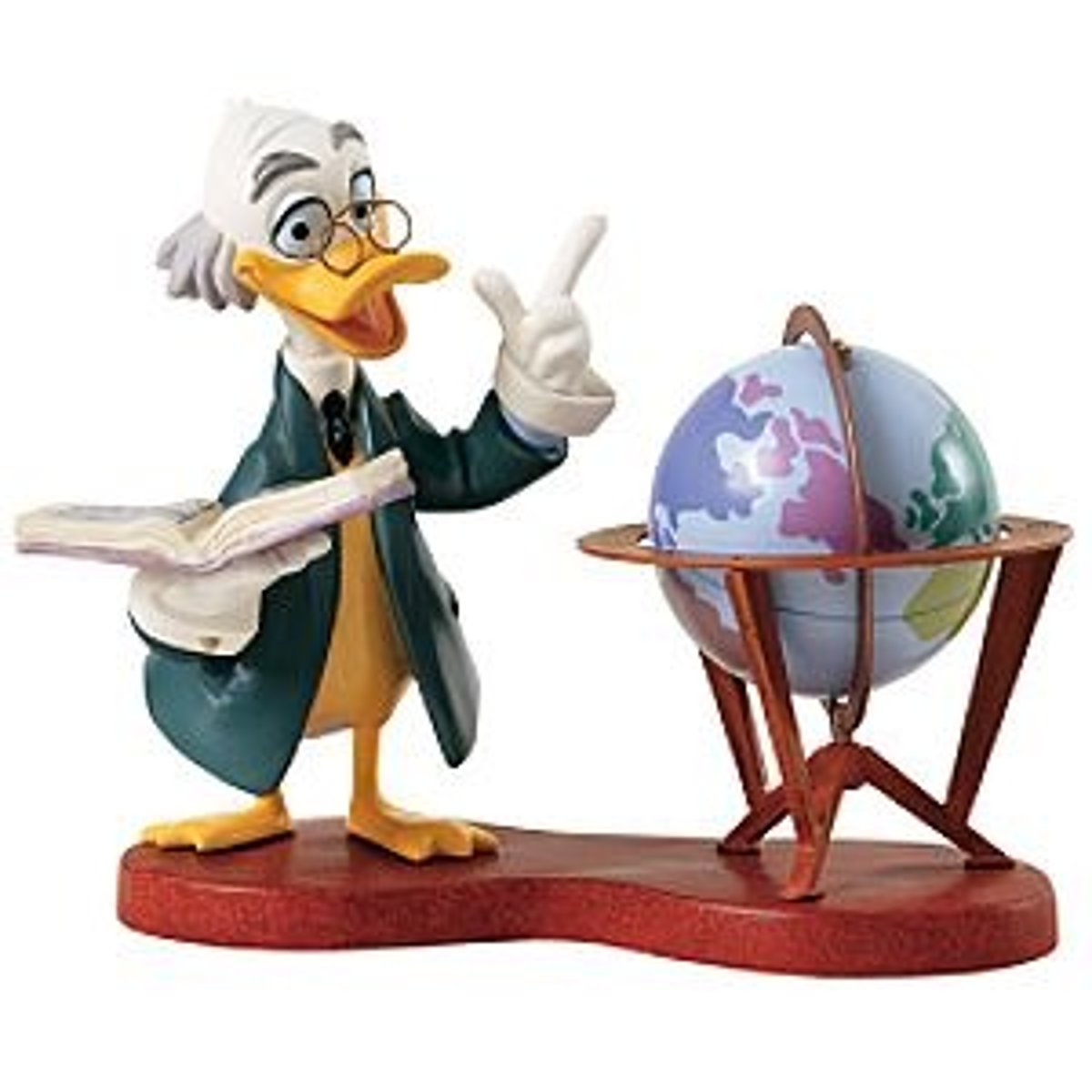
adage
a familiar proverb or wise saying

allegory
a story, poem, or picture that can be interpreted to reveal a hidden meaning, typically a moral or political one.
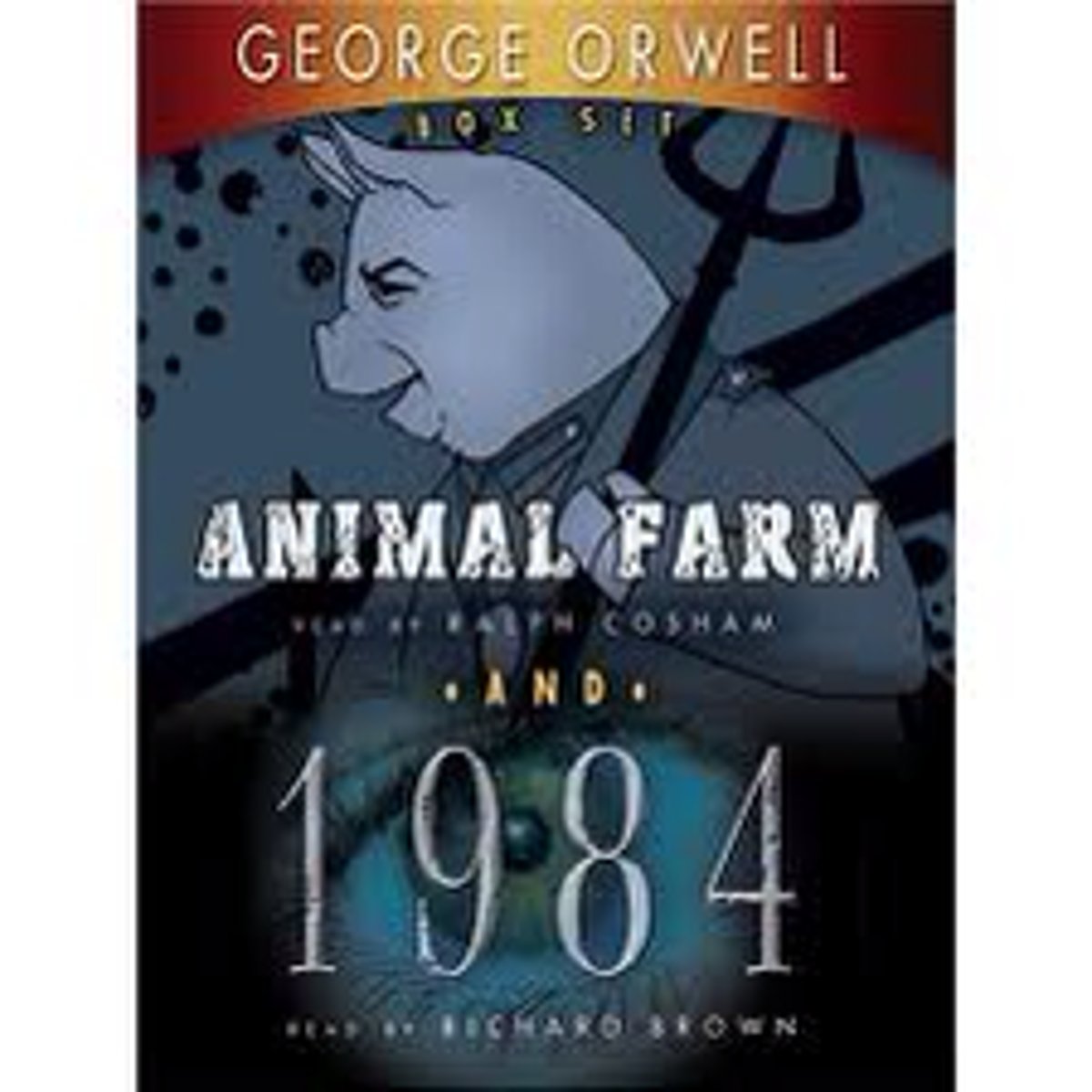
aphorism
A brief, cleverly worded statement that makes a wise observation about life.

ellipsis
three periods (...) indicating the omission of words in a thought or quotation

euphemism
An indirect, less offensive way of saying something that is considered unpleasant
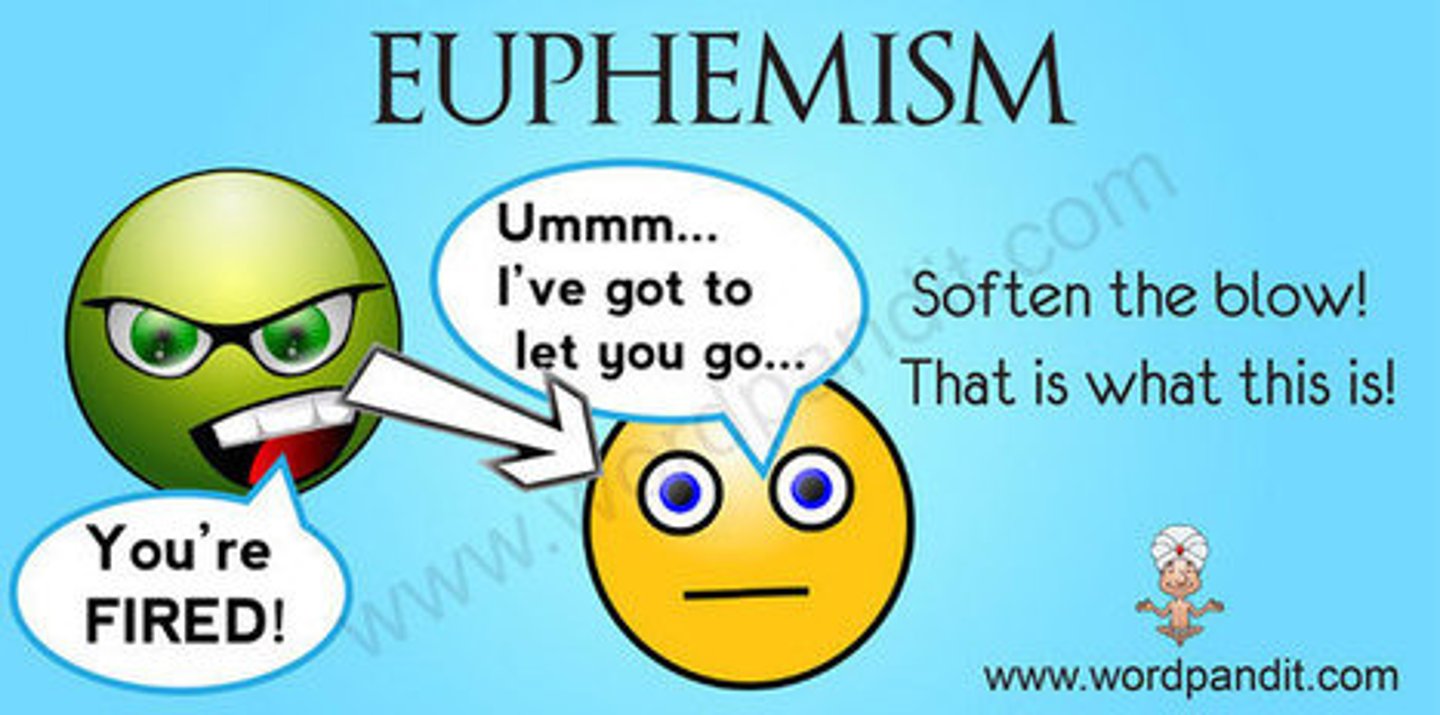
figurative language
Language that cannot be taken literally since it was written to create a special effect or feeling.
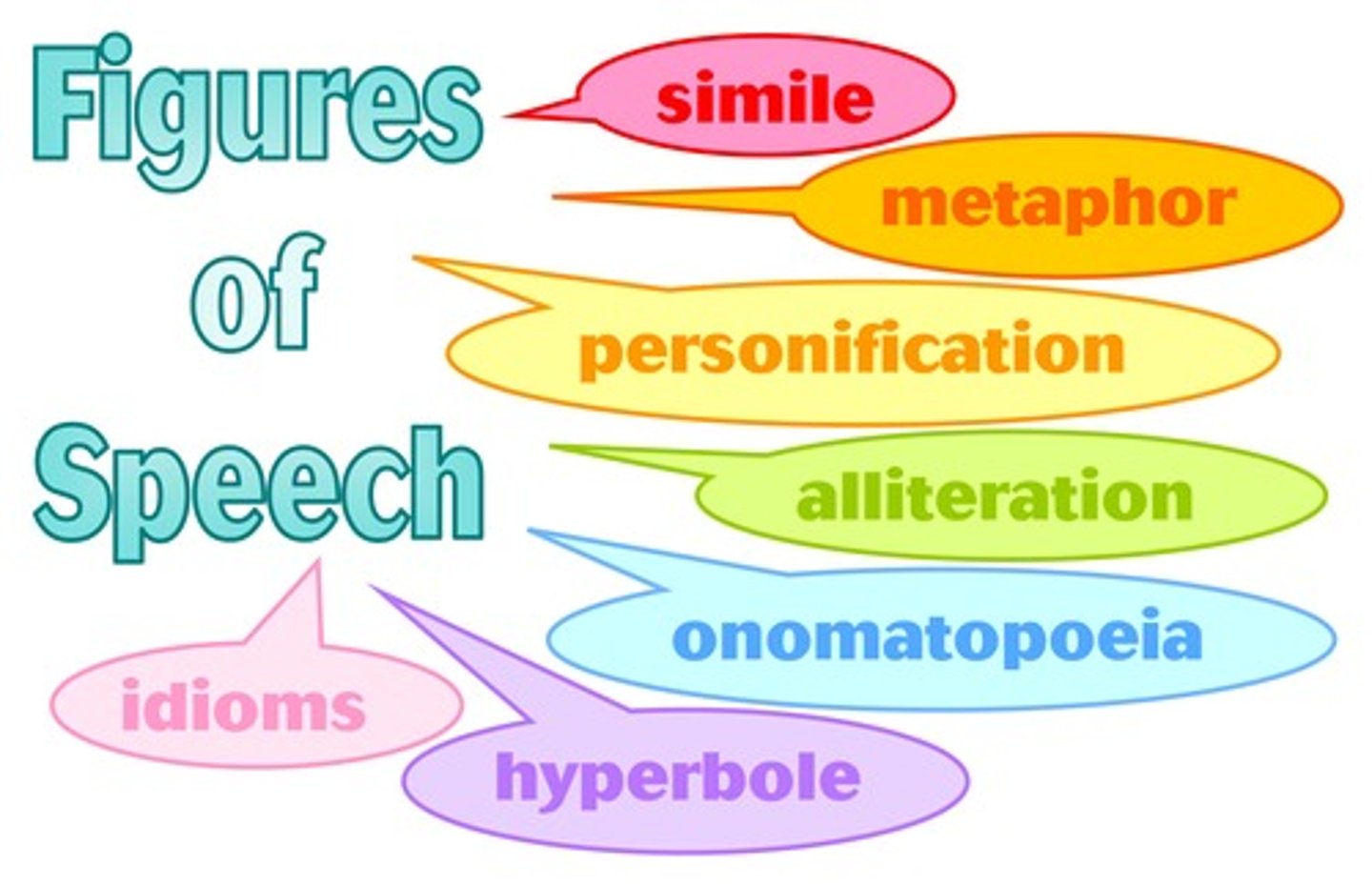
analogy
A comparison of two different things that are similar in some way

hyperbole
exaggerated statements or claims not meant to be taken literally.
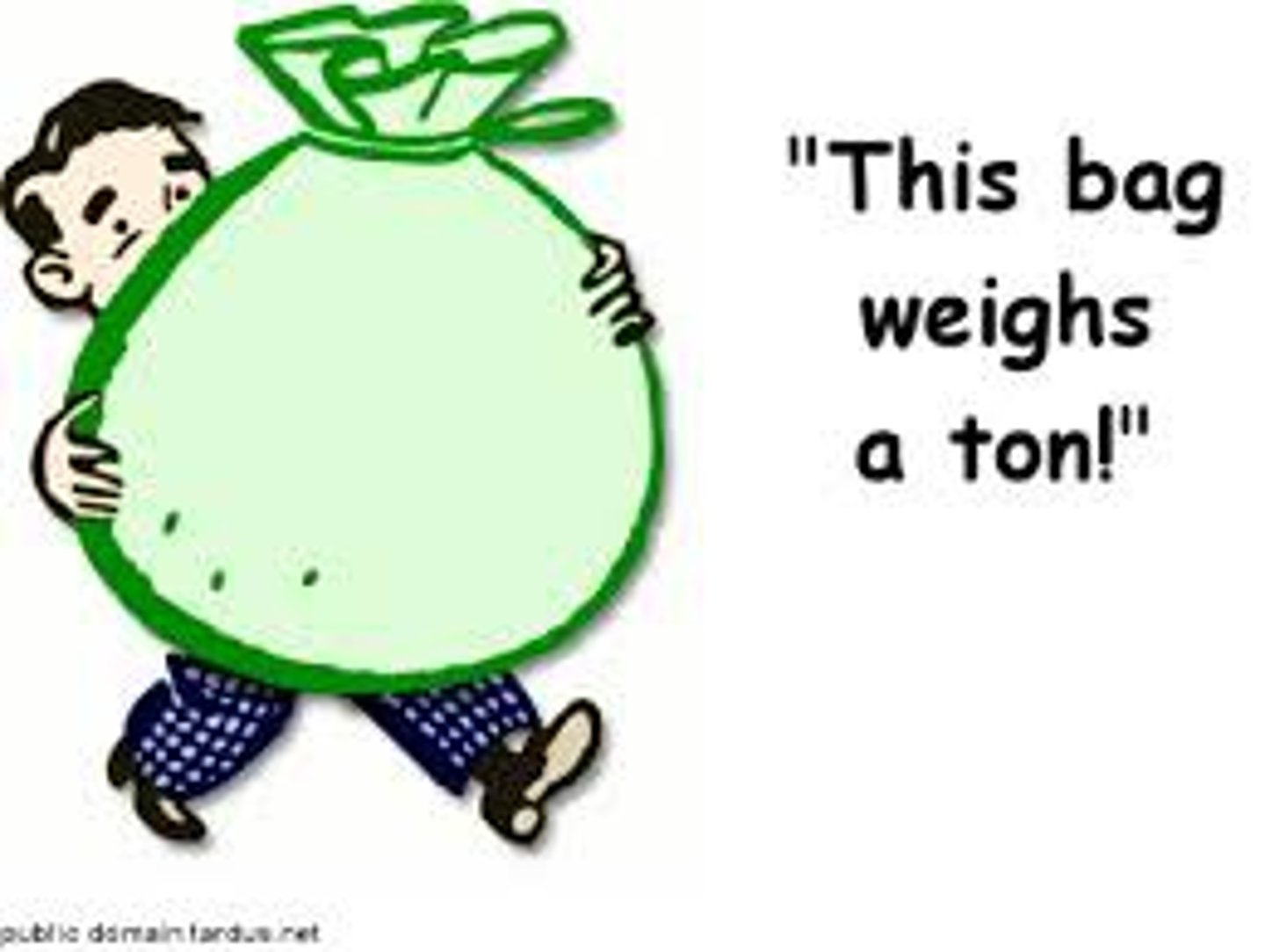
idiom
A common, often used expression that doesn't make sense if you take it literally.

metonymy
A figure of speech in which something is referred to by using the name of something that is associated with it

synecdoche
a figure of speech in which a part is made to represent the whole or vice versa
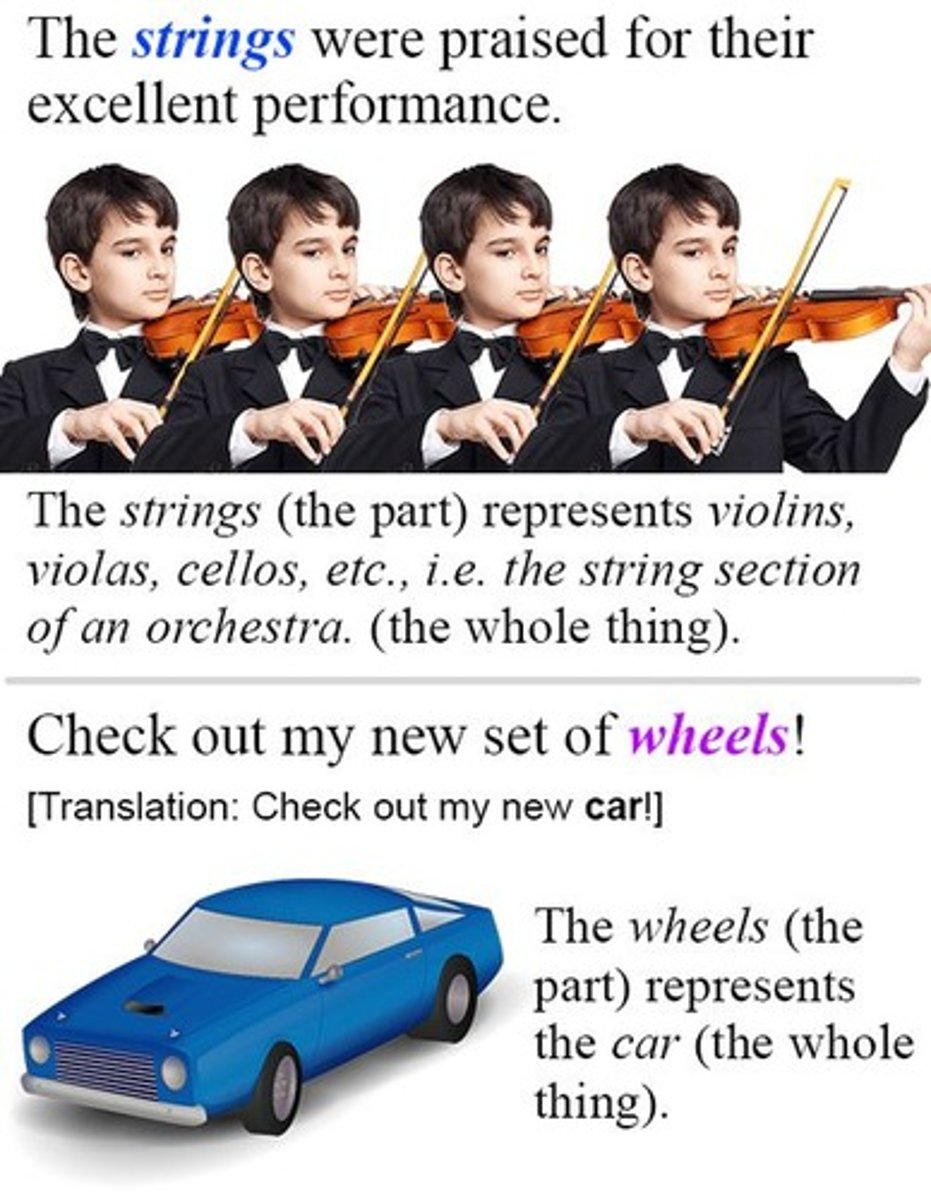
simile
A comparison using "like" or "as"
synesthesia
describing one kind of sensation in terms of another ("a loud color", "a sweet sound")

personification
A figure of speech in which an object or animal is given human feelings, thoughts, or attitudes

foreshadowing
A narrative device that hints at coming events; often builds suspense or anxiety in the reader.

genre
a major category or type of literature
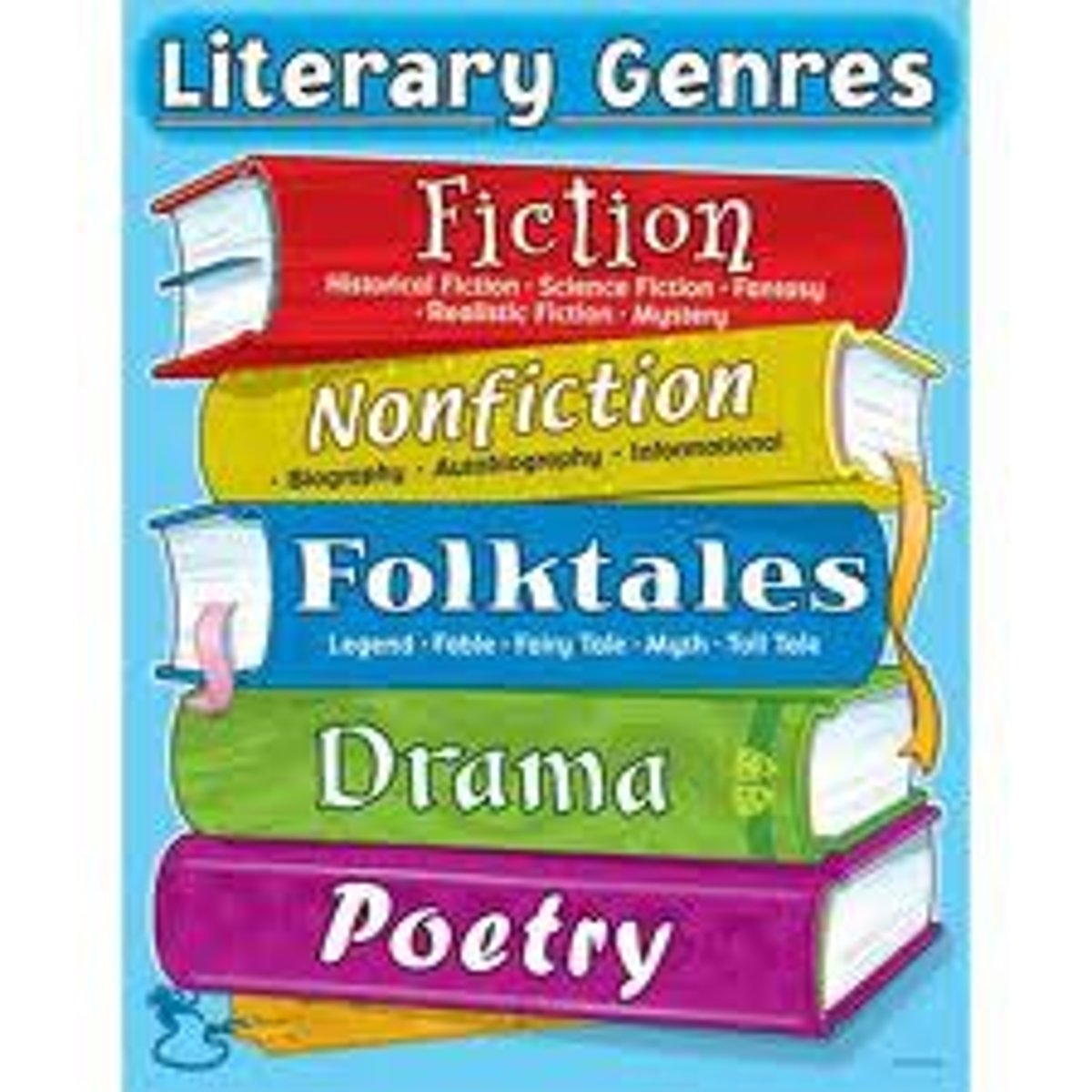
gothic
of the middle ages; of or relating to a mysterious, grotesque, and desolate style of fiction

imagery
Description that appeals to the senses (sight, sound, smell, touch, taste)
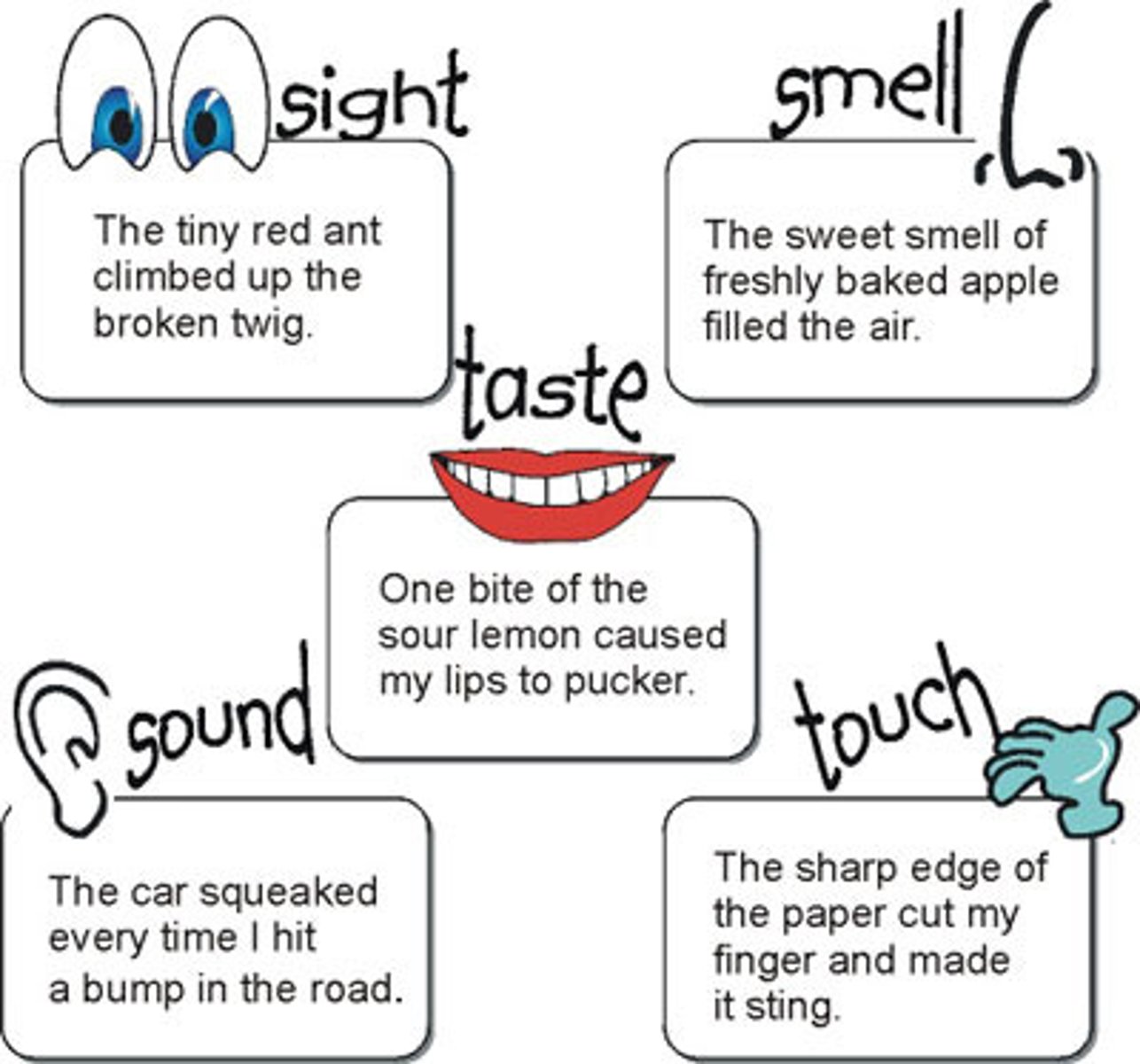
invective
An emotionally violent, verbal denunciation or attack using strong, abusive language.

verbal irony
A figure of speech in which what is said is the opposite of what is meant
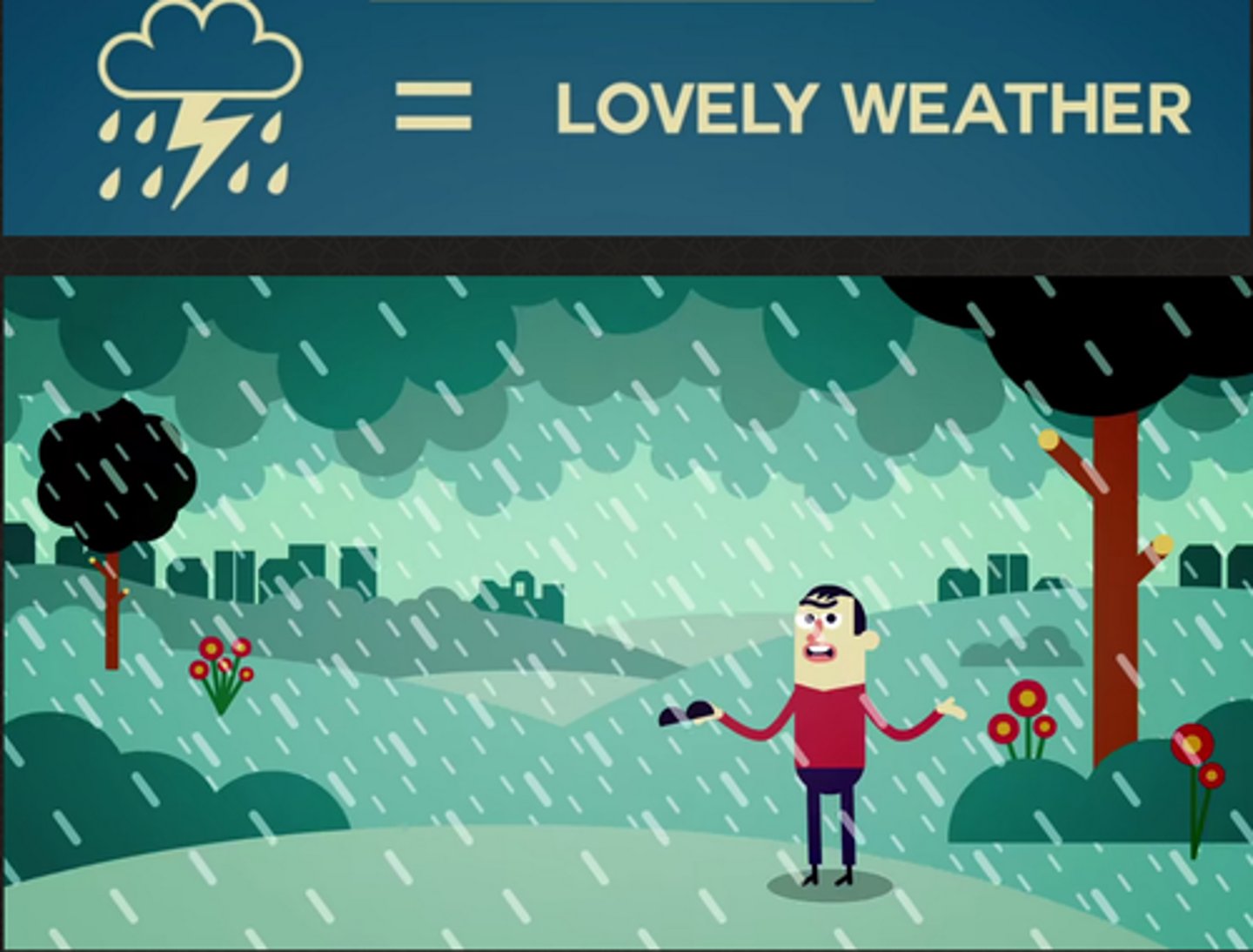
dramatic irony
when a reader is aware of something that a character isn't

situational irony
An outcome that turns out to be very different from what was expected
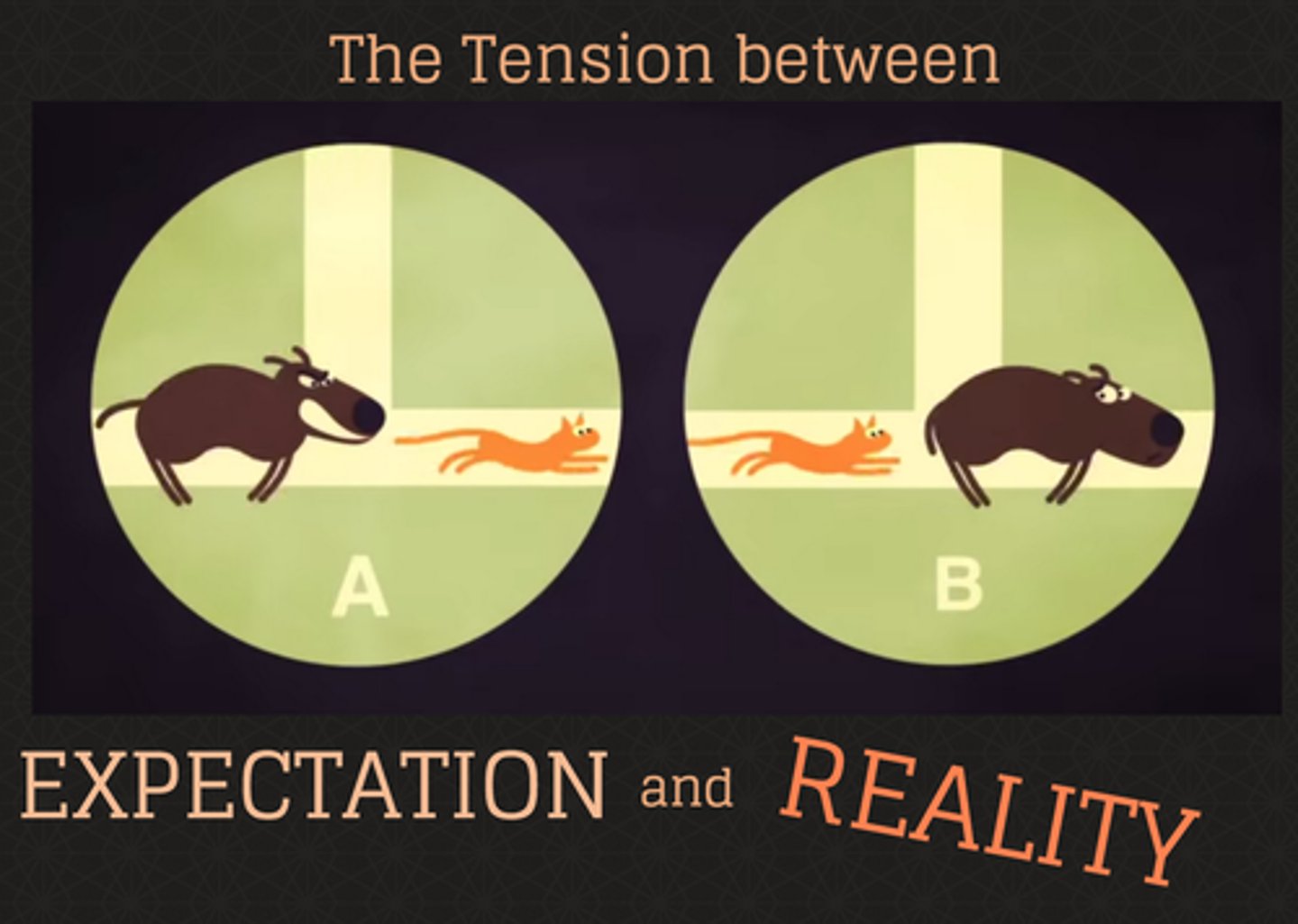
juxtaposition
Placement of two things closely together to emphasize comparisons or contrasts

mood
Feeling or atmosphere that a writer creates for the reader

motif
A recurring theme, subject or idea
oxymoron
A figure of speech that combines opposite or contradictory terms in a brief phrase.

pacing
the movement of a literary piece from one point or one section to another

polysyndeton
Deliberate use of many conjunctions
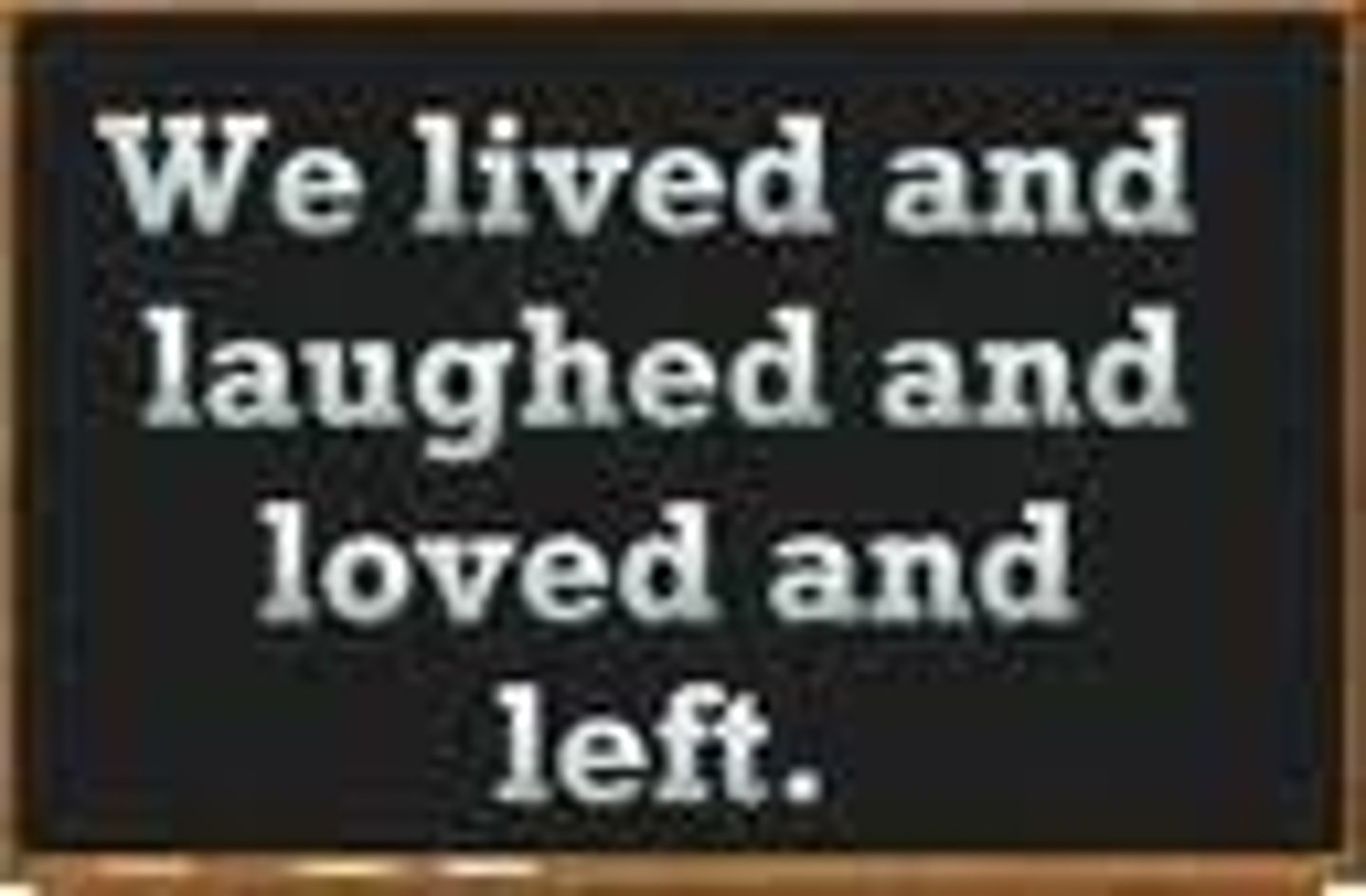
asyndeton
omission of conjunctions between coordinate phrases, clauses, or words
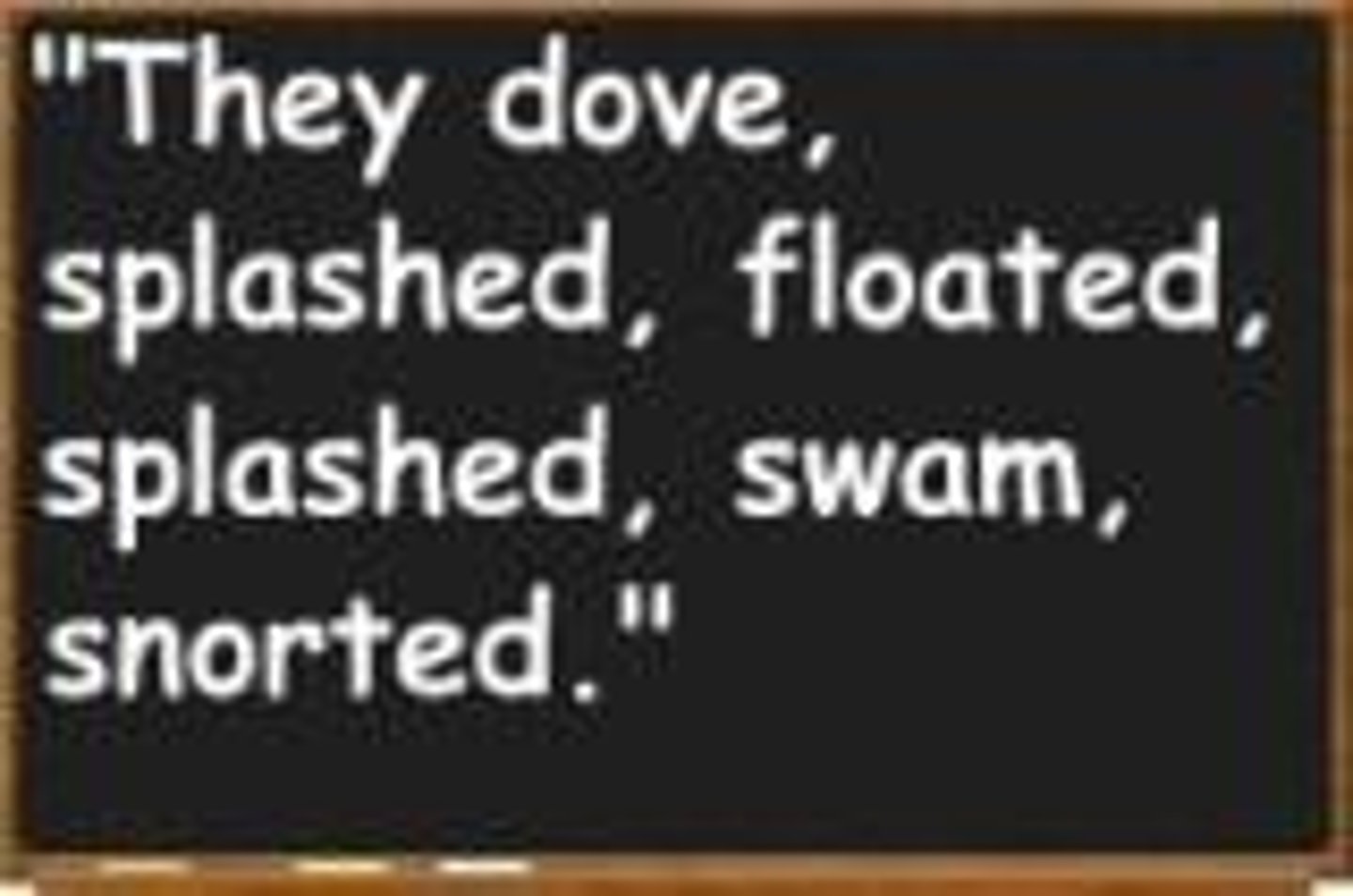
syntax
Sentence structure
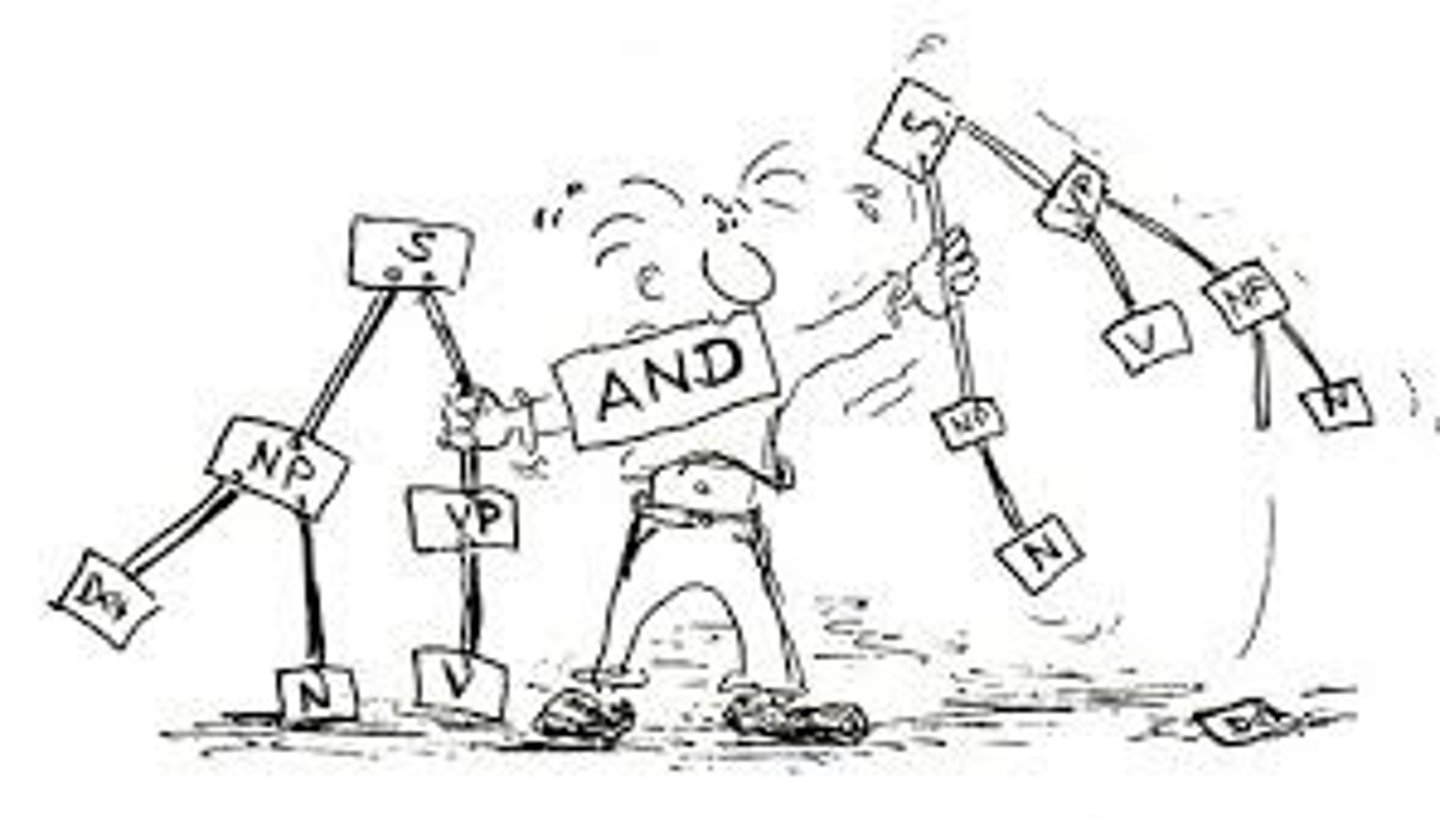
meter
instrument for measuring
parallelism
similarity of structure in a pair or series of related words, phrases, or clauses
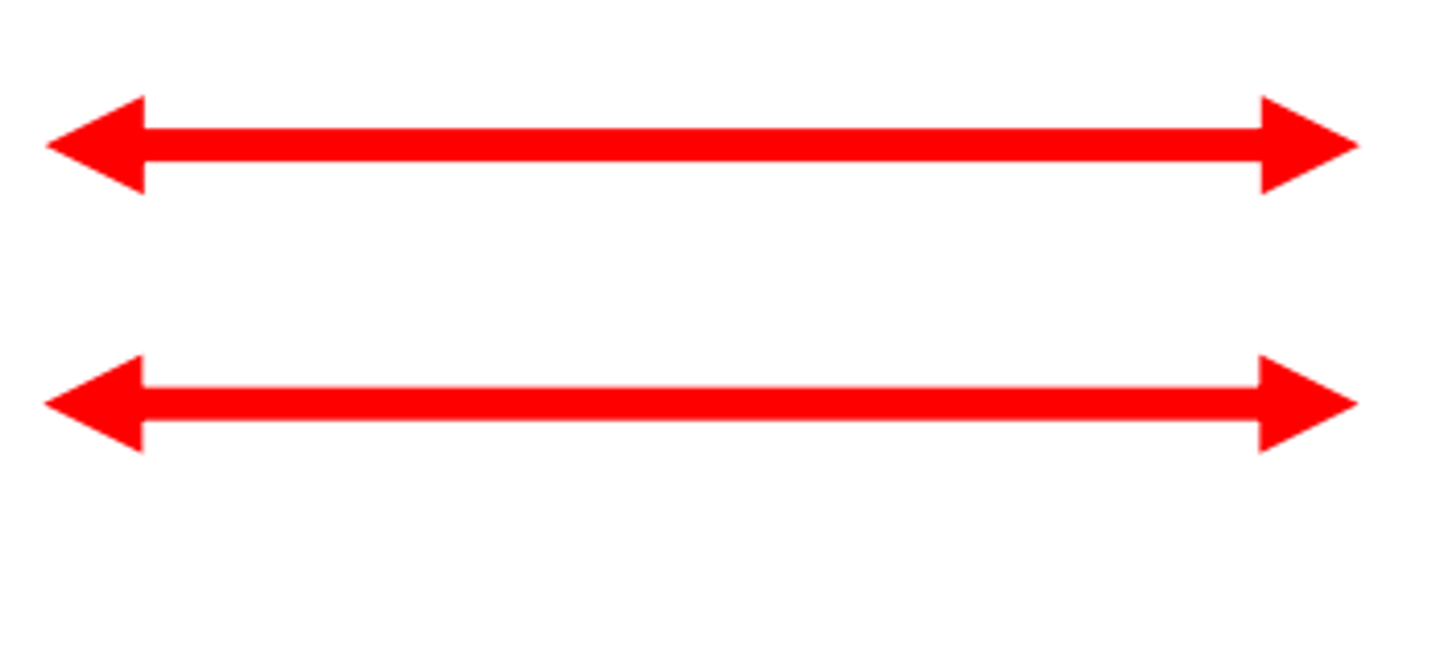
anaphora
the repetition of a word or phrase at the beginning of successive clauses
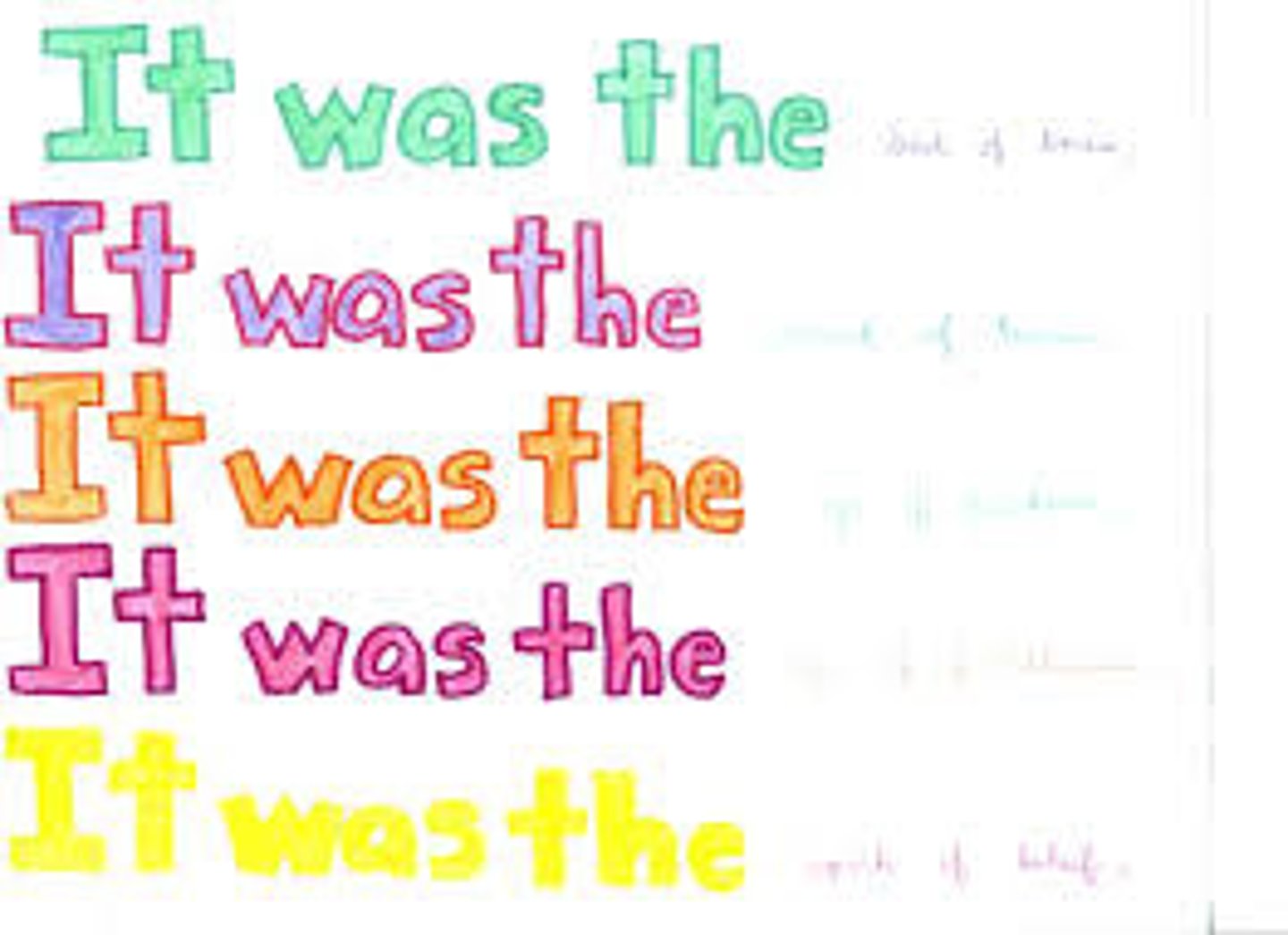
chiasmus
A statement consisting of two parallel parts in which the second part is structurally reversed
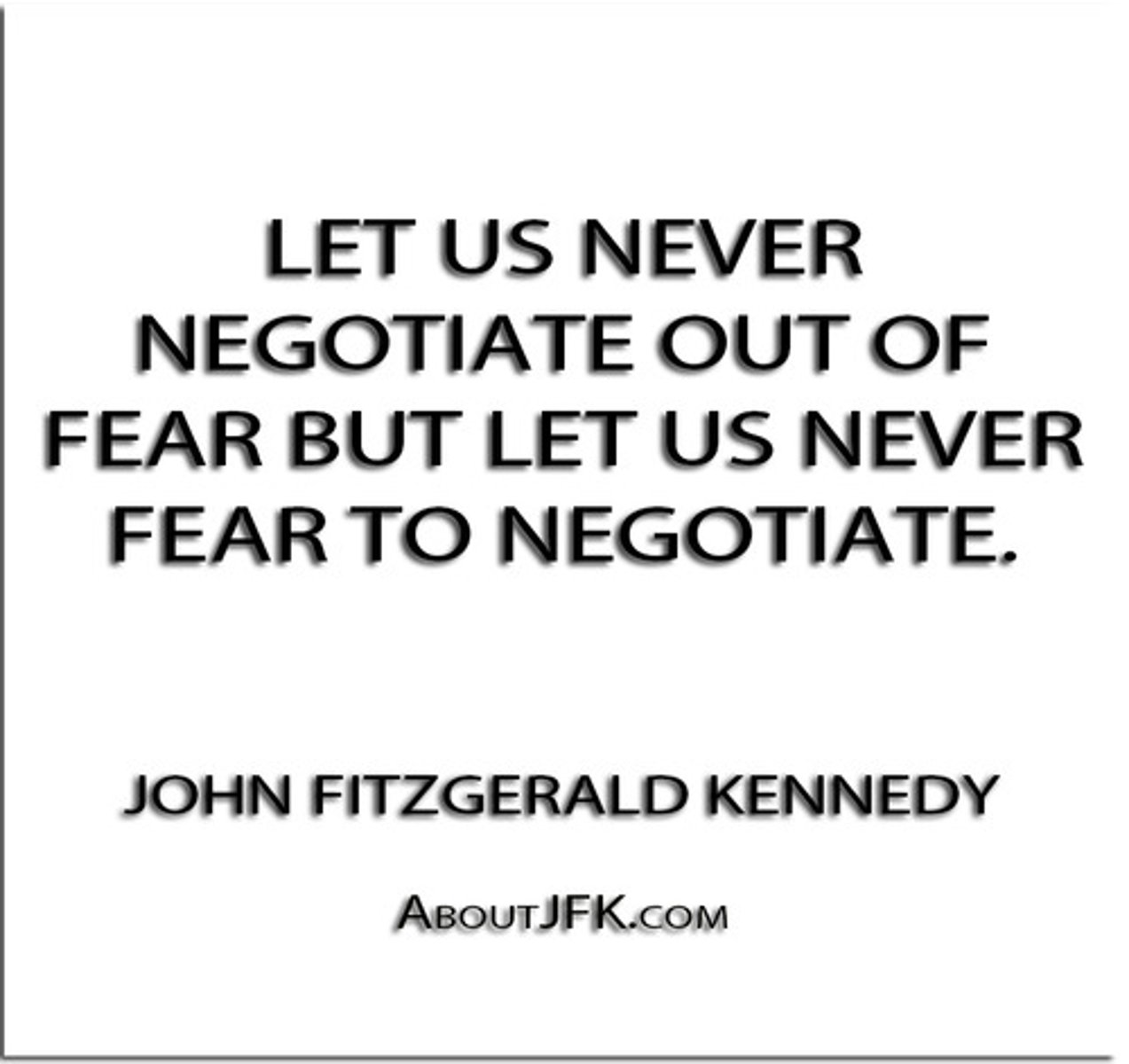
antithesis
Antithesis - Two opposite or contrasting words, phrases, or clauses, or even ideas, with parallel
structure. "It was the best of times, it was the worst of times"
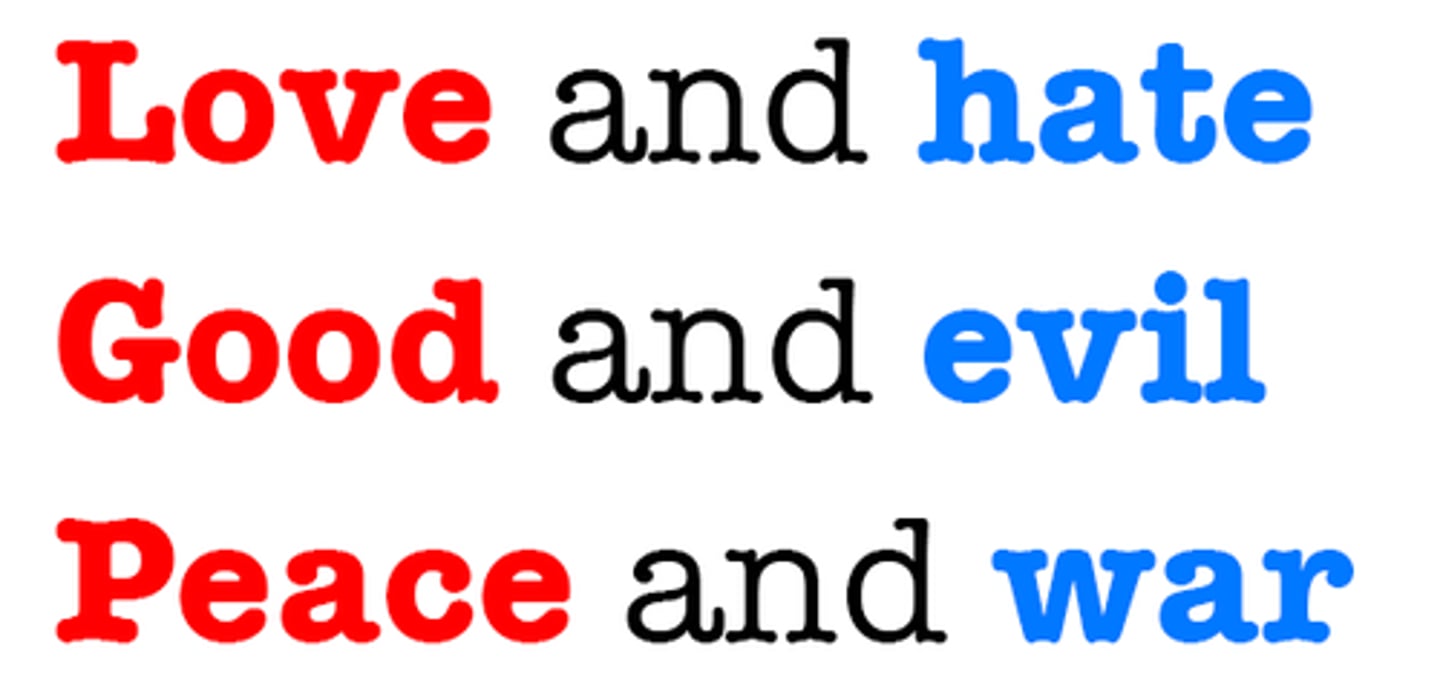
zeugma (syllepsis)
When a single word governs or modifies two or more other words, and the
meaning of the first word must change for each of the other words it governs or modifies. "The
butler killed the lights, and then the mistress." "I quickly dressed myself and the salad."
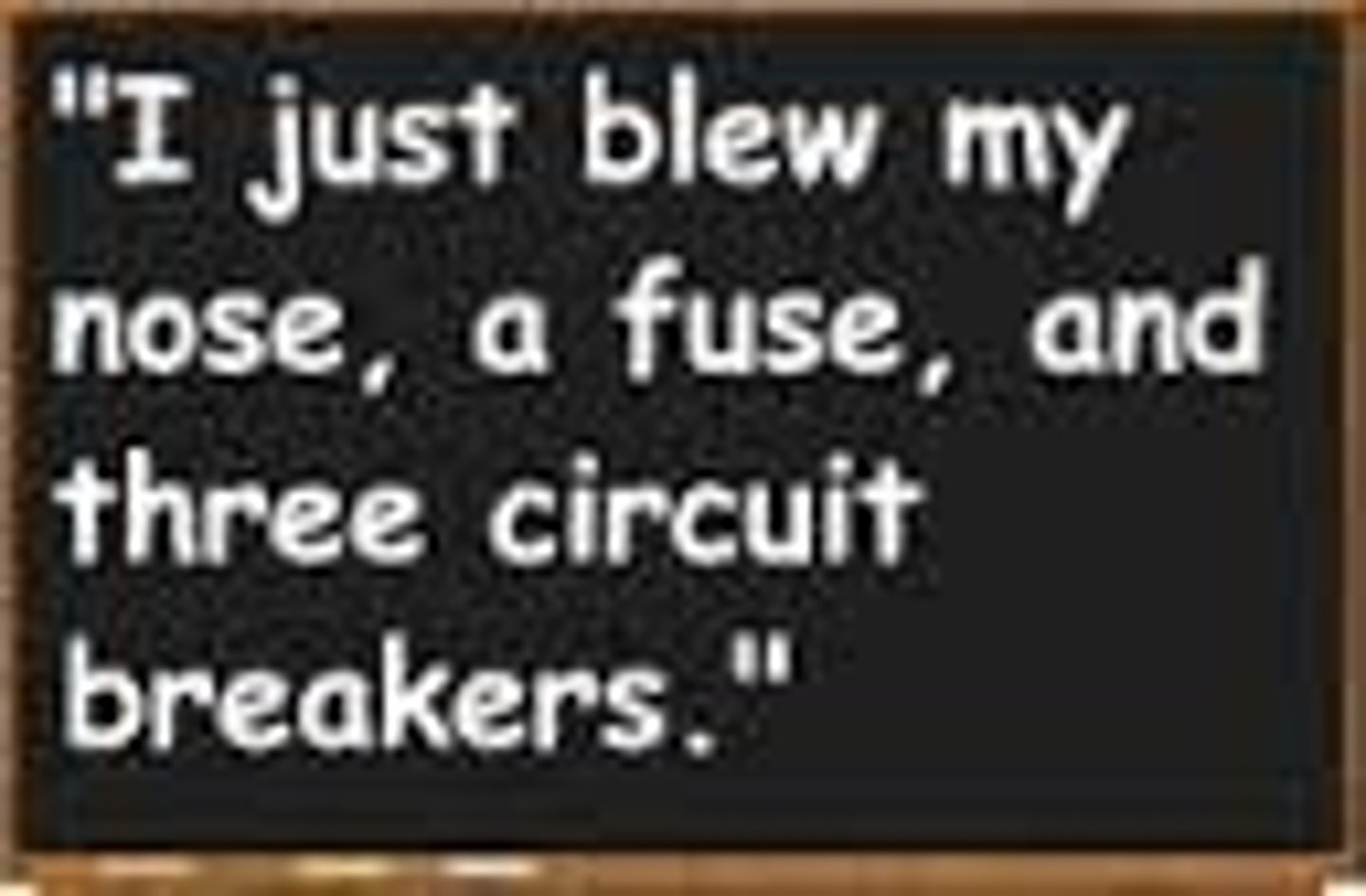
parenthetical idea
Parentheses are used to set off an idea from the rest of the sentence. It is almost
considered an aside...a whisper, and should be used sparingly for effect, rather than repeatedly. Parentheses
can also be used to set off dates and numbers.
parody
A work that closely imitates the style or content of another with the specific aim of comic effect and/or ridicule.
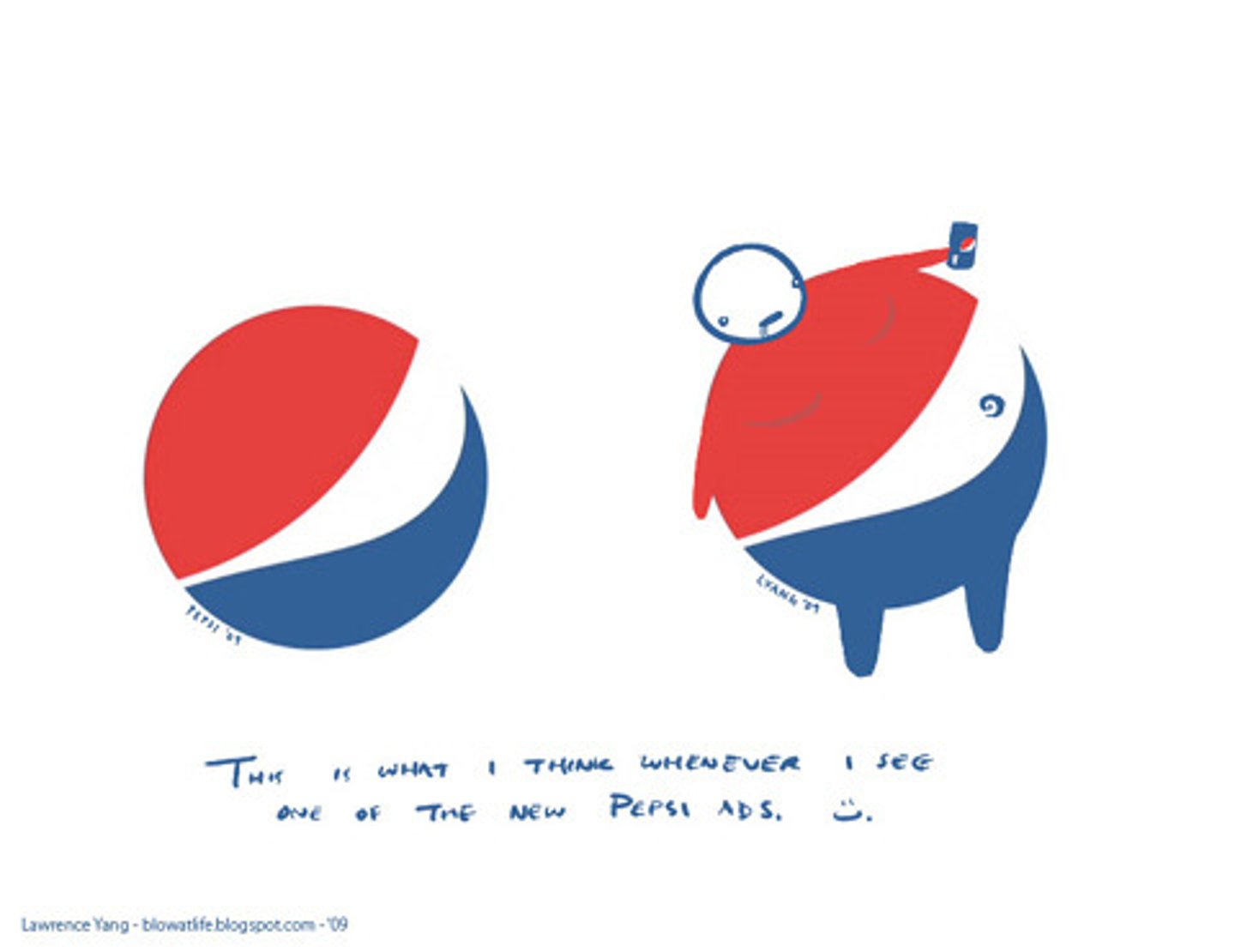
poetic device
A device used in poetry to manipulate the sound of words, sentences or lines.
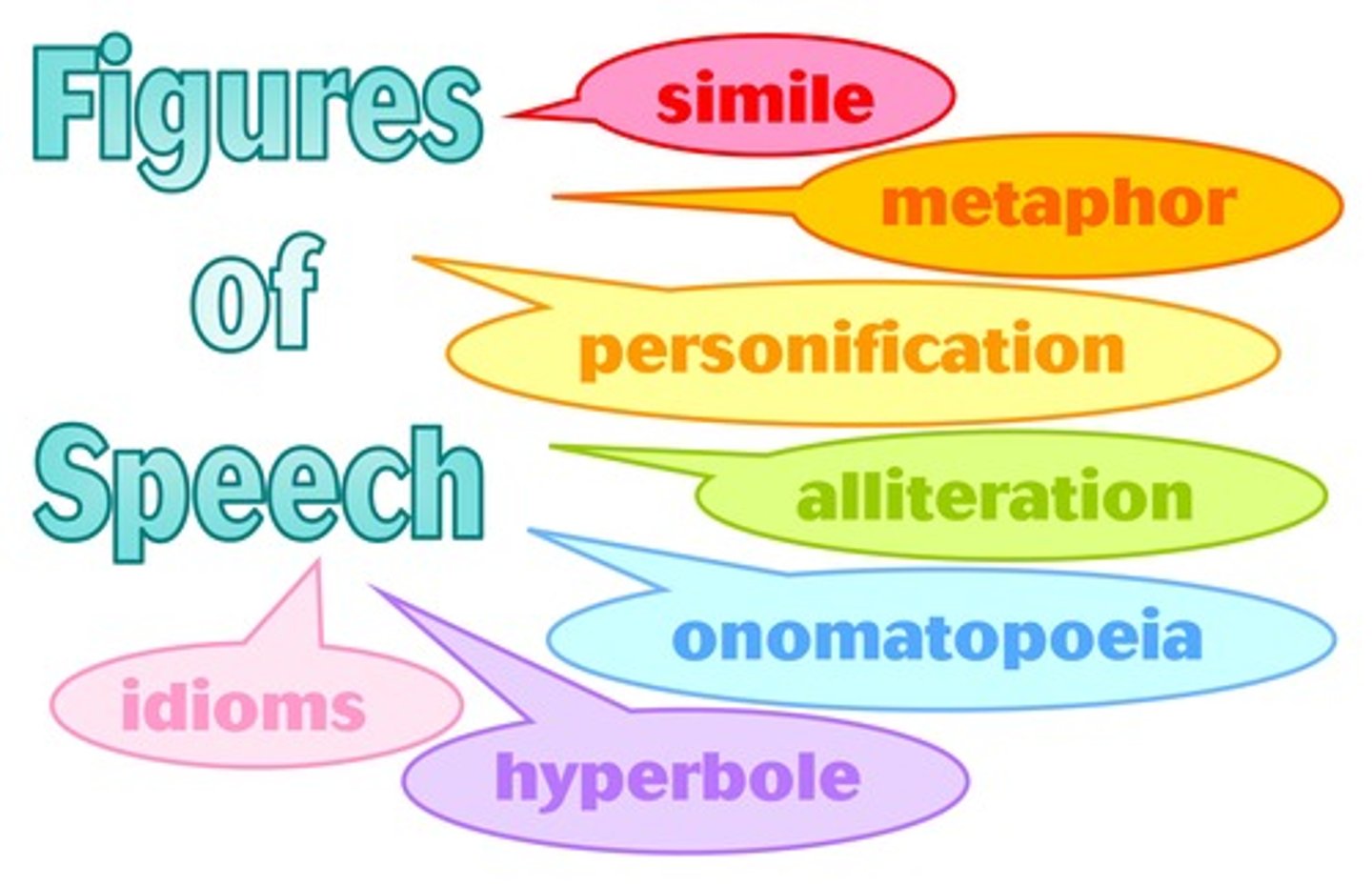
assonance
Repetition of vowel sounds
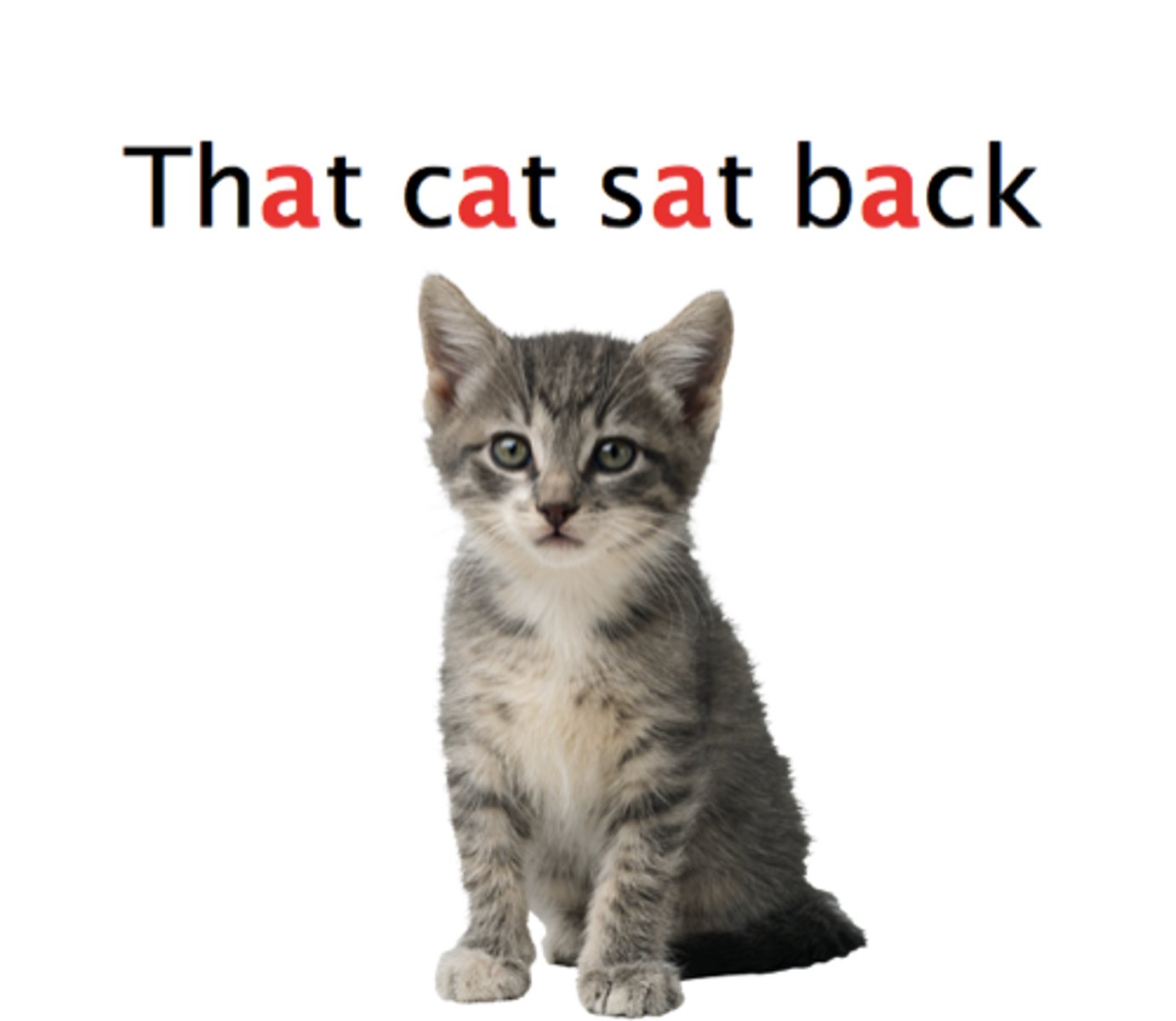
consonance
Repetition of a consonant sound within two or more words in close proximity.
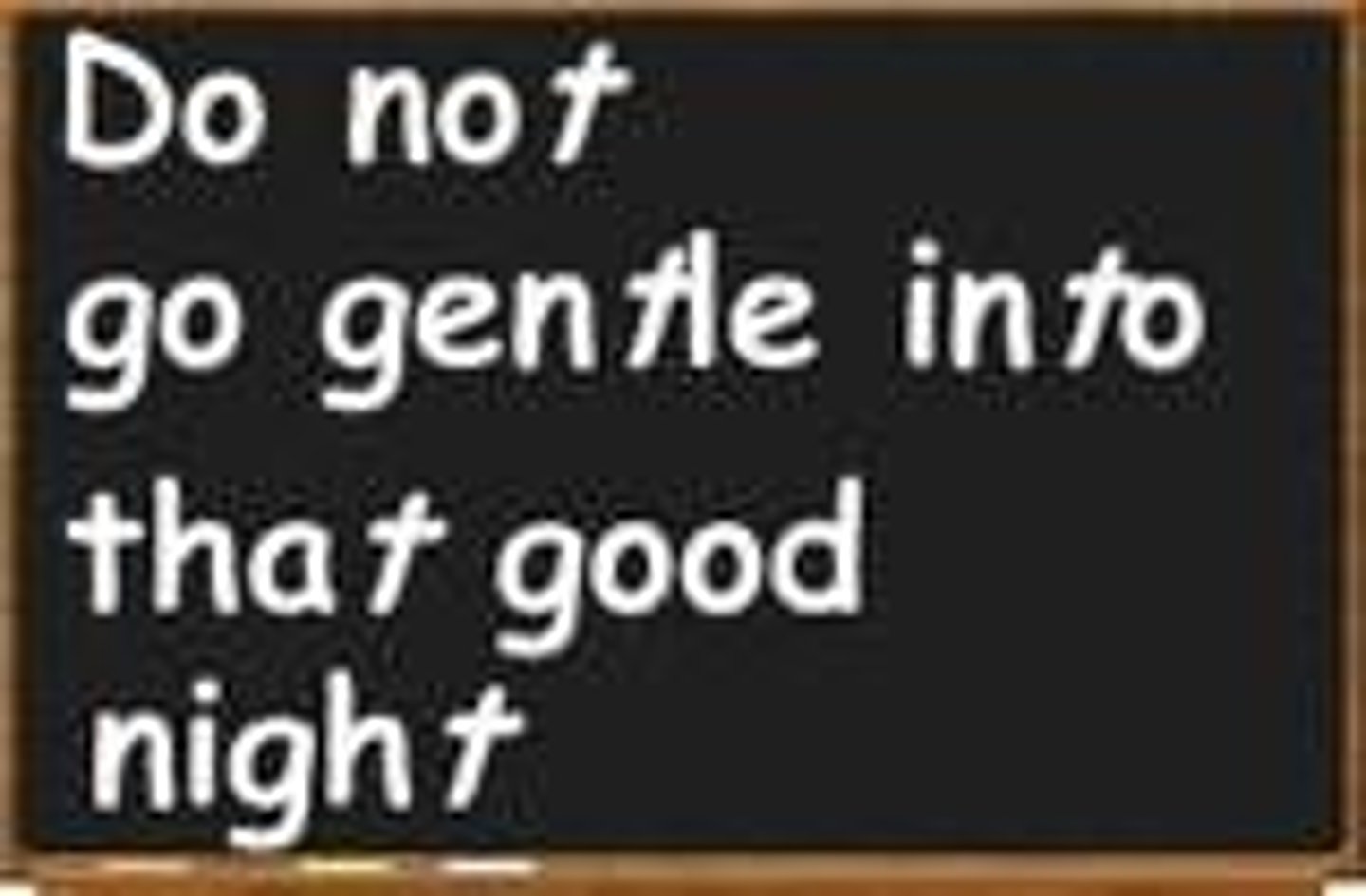
internal rhyme
A word inside a line rhymes with another word on the same line
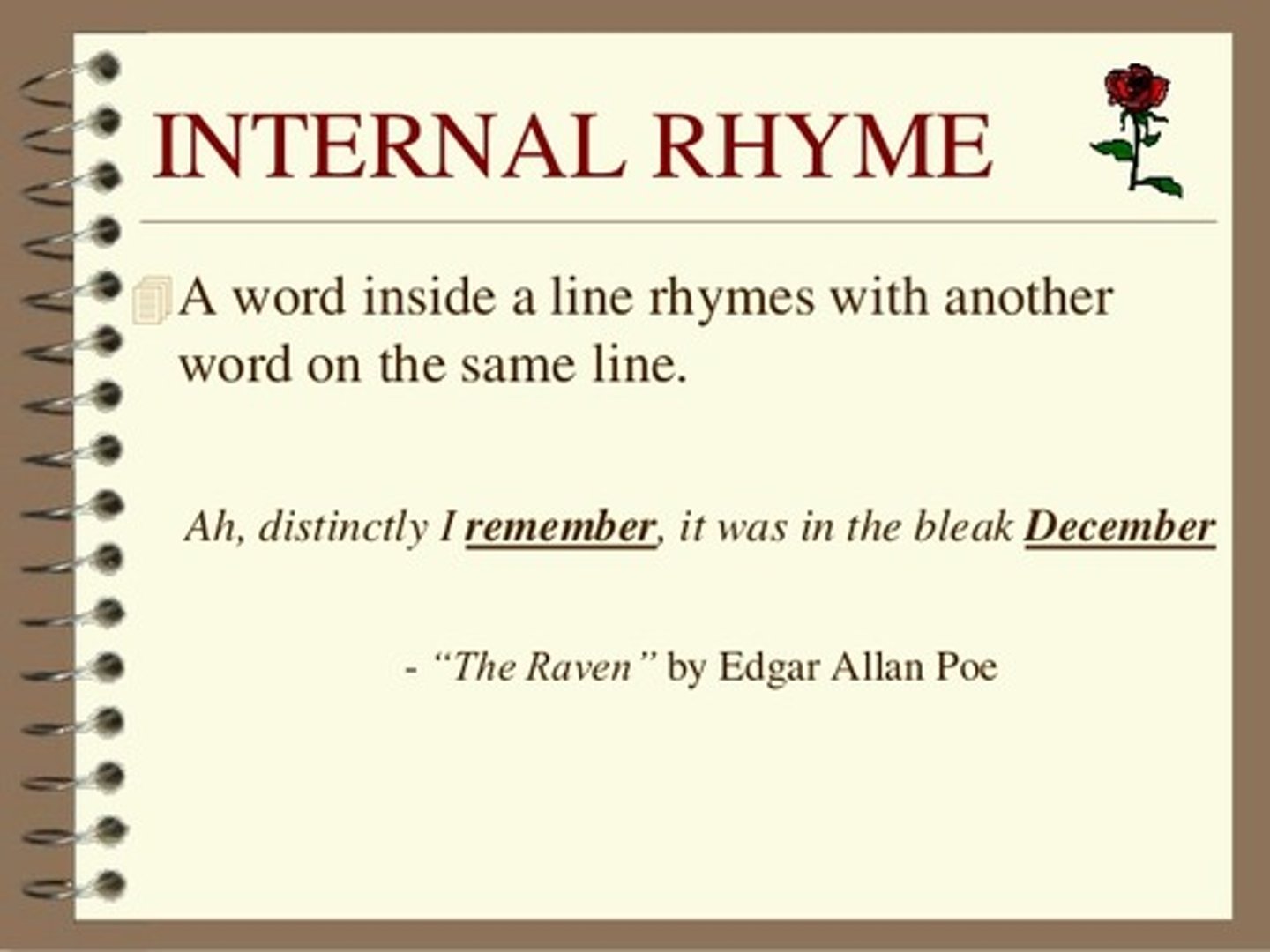
slant rhyme
rhyme in which the vowel sounds are nearly, but not exactly the same (i.e. the words "stress" and "kiss"); sometimes called half-rhyme, near rhyme, or partial rhyme
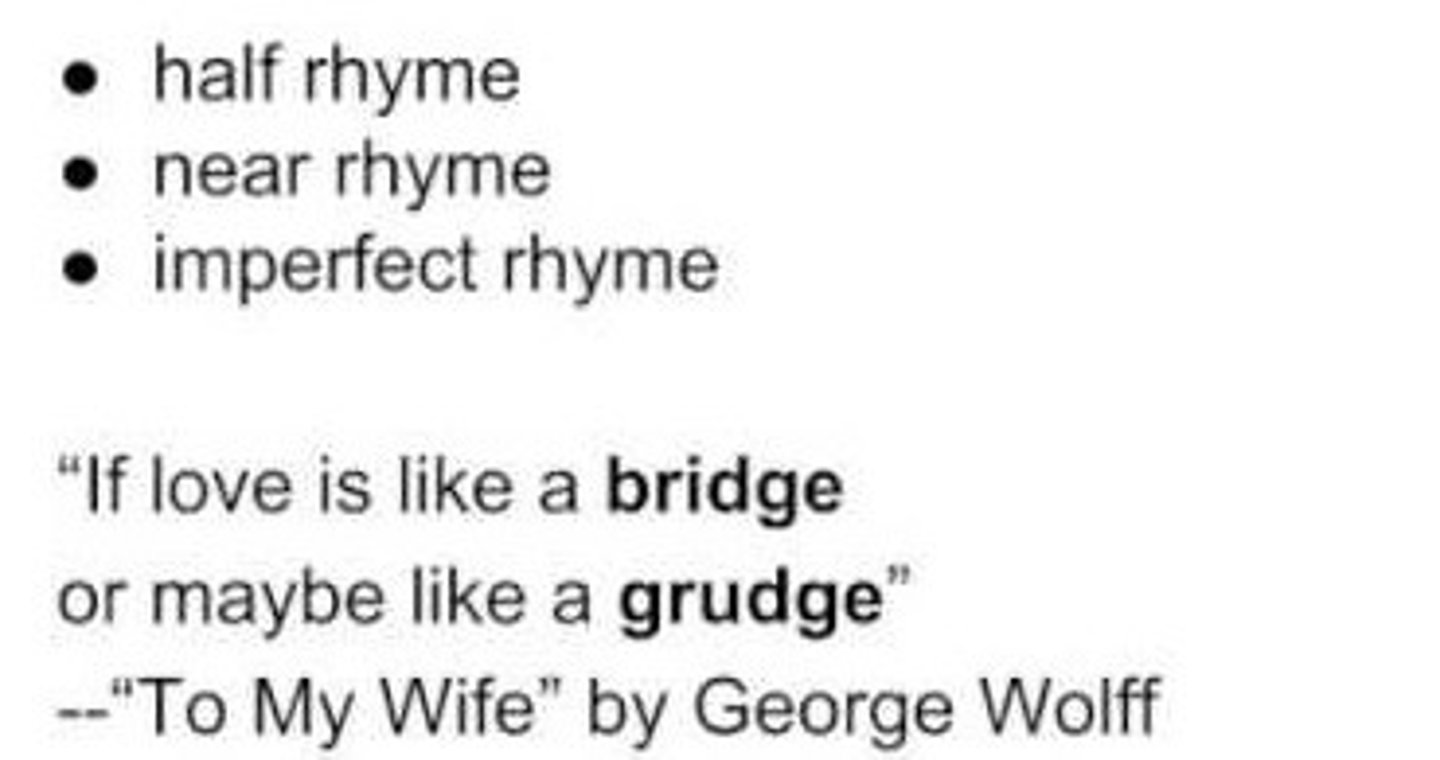
end rhyme
A word at the end of one line rhymes with a word at the end of another line
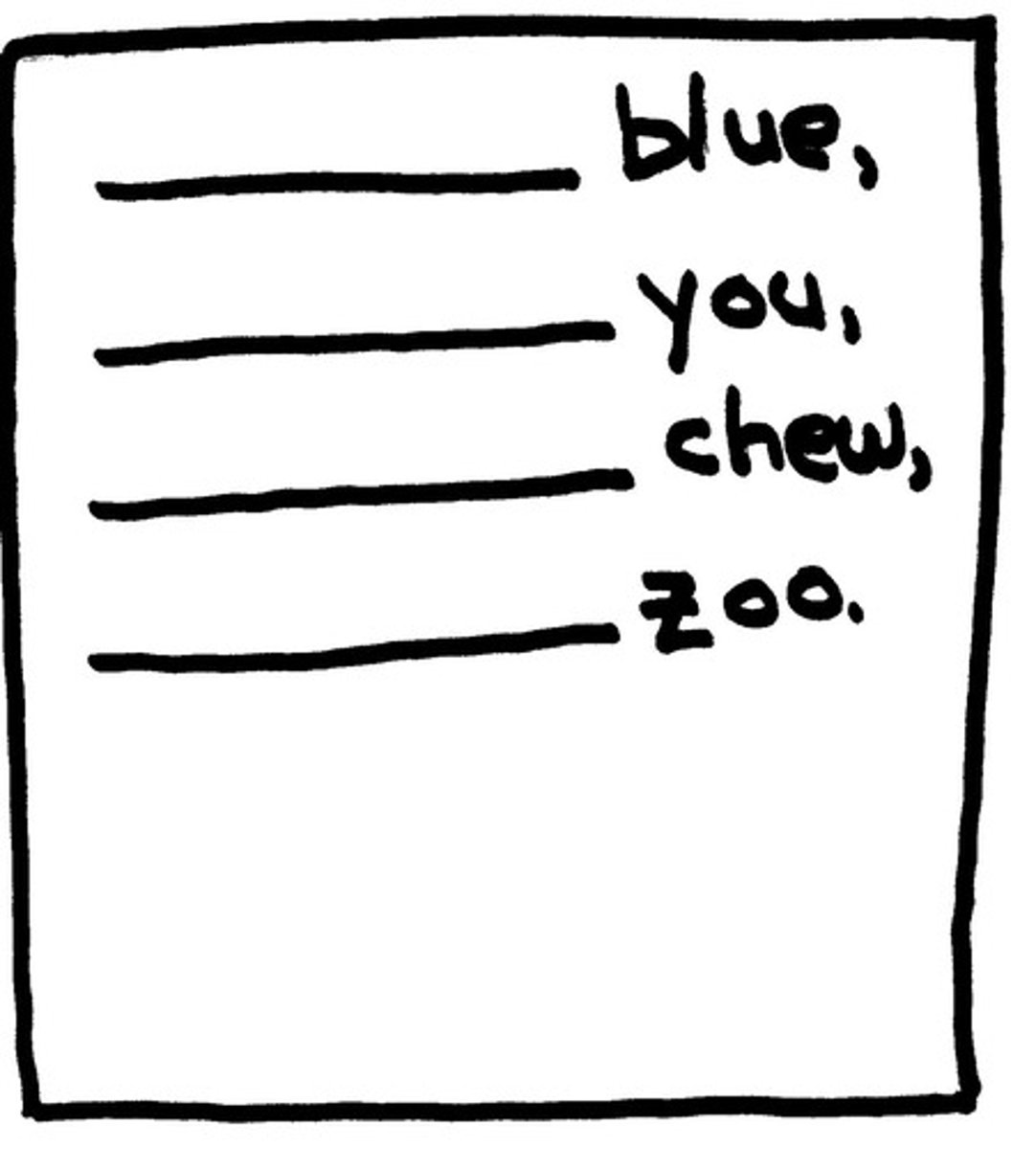
rhyme scheme
A regular pattern of rhyming words in a poem
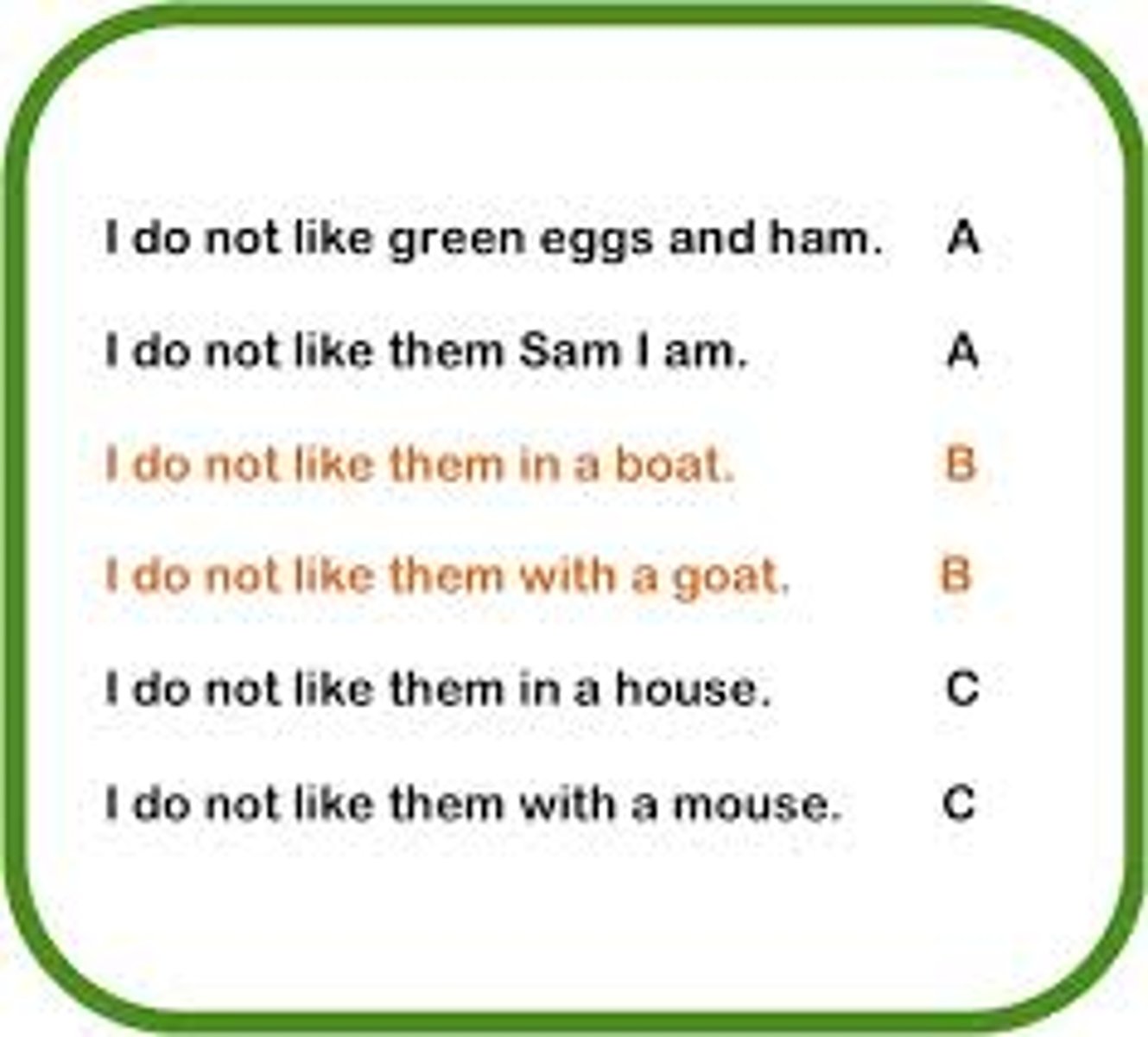
stressed and unstressed syllables
In every word of more than one syllable, one of the syllables is stressed, or said with more force than the other syllable(s). In the name "Nathan," the first syllable is stressed. In the word "unhappiness," the second of the four syllables is stressed.
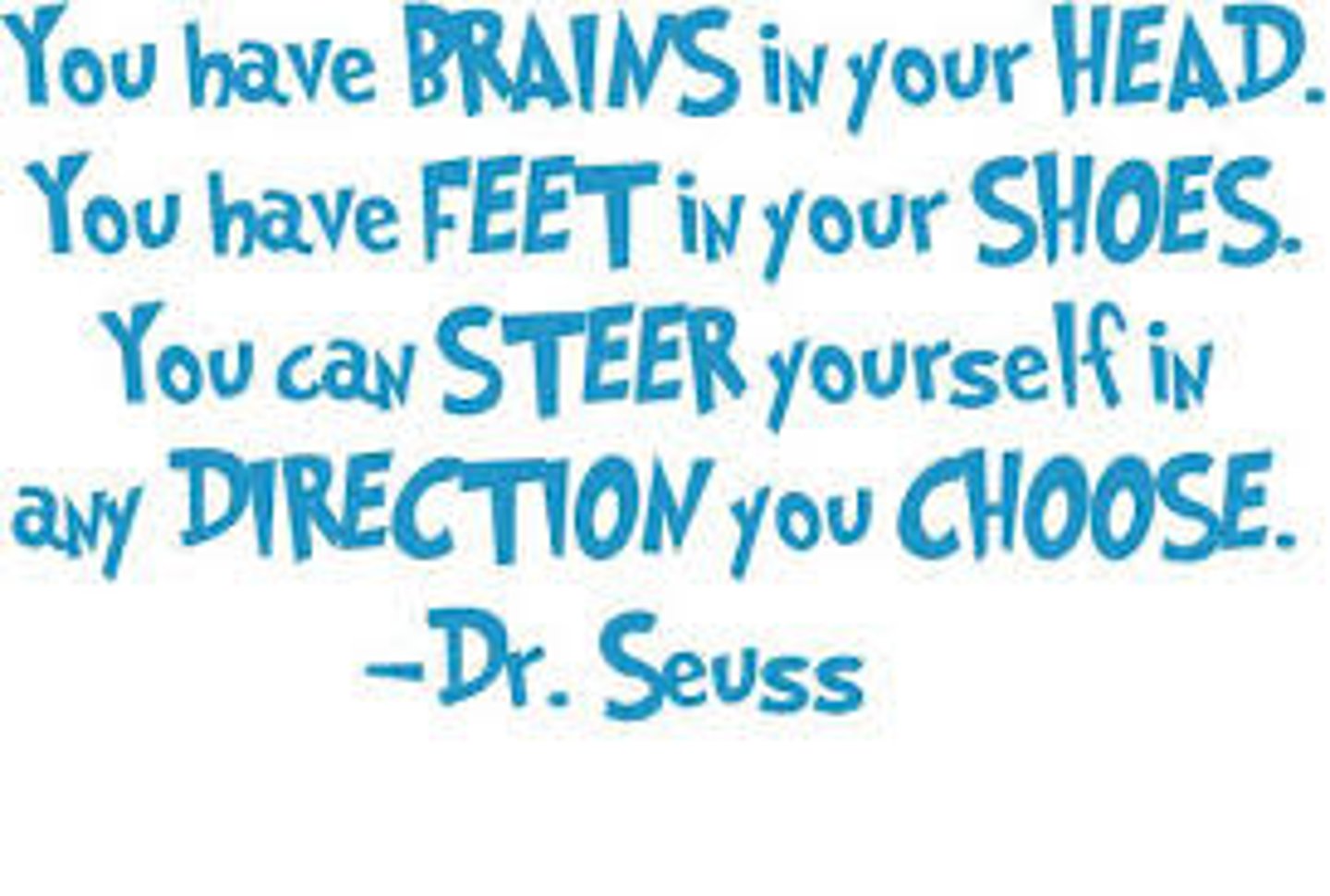
rhetoric
the art of using language effectively and persuasively

Aristotle's Rhetorical Triangle
The relationships, in any piece of writing, between the writer, the audience, and the subject. All analysis of writing is essentially an analysis of the relationships between the points on the triangle.
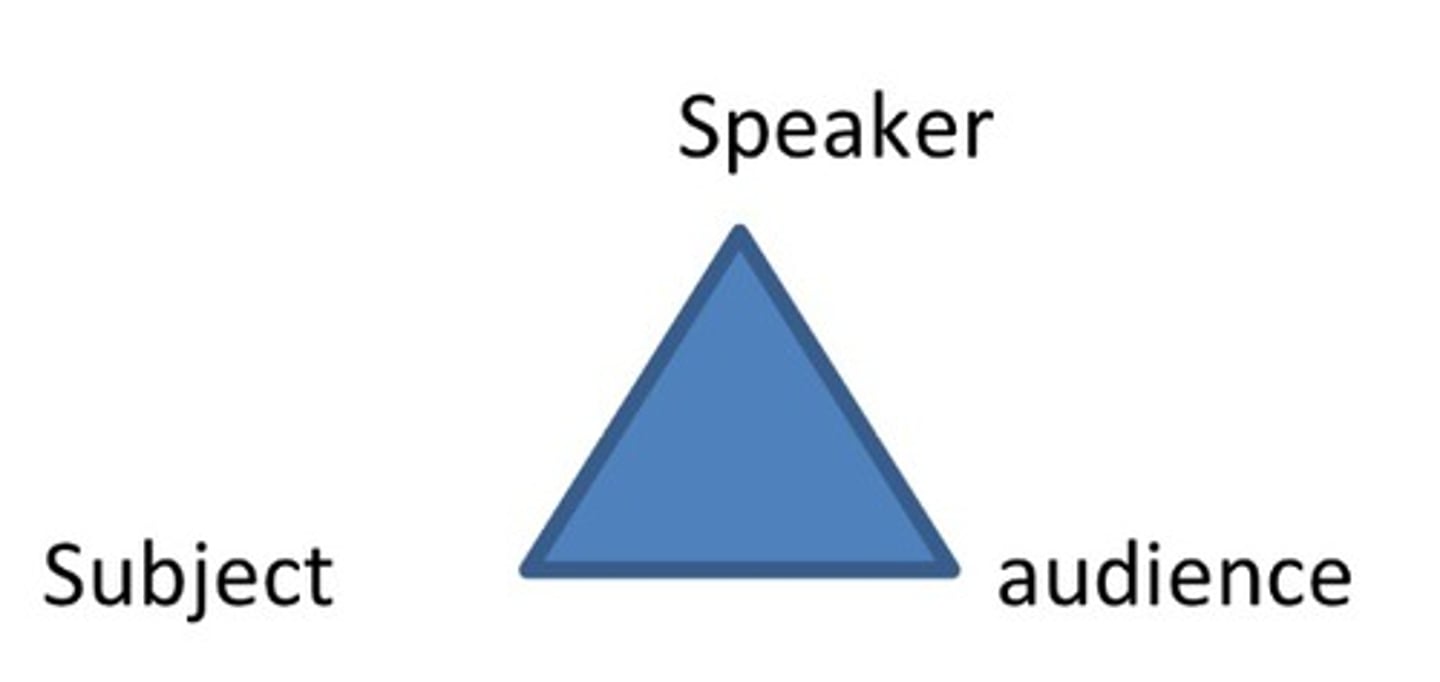
sarcasm
the use of irony to mock or convey contempt

appositive
A word or phrase that renames a nearby noun or pronoun.

clause
A grammatical unit that contains both a subject and a verb.
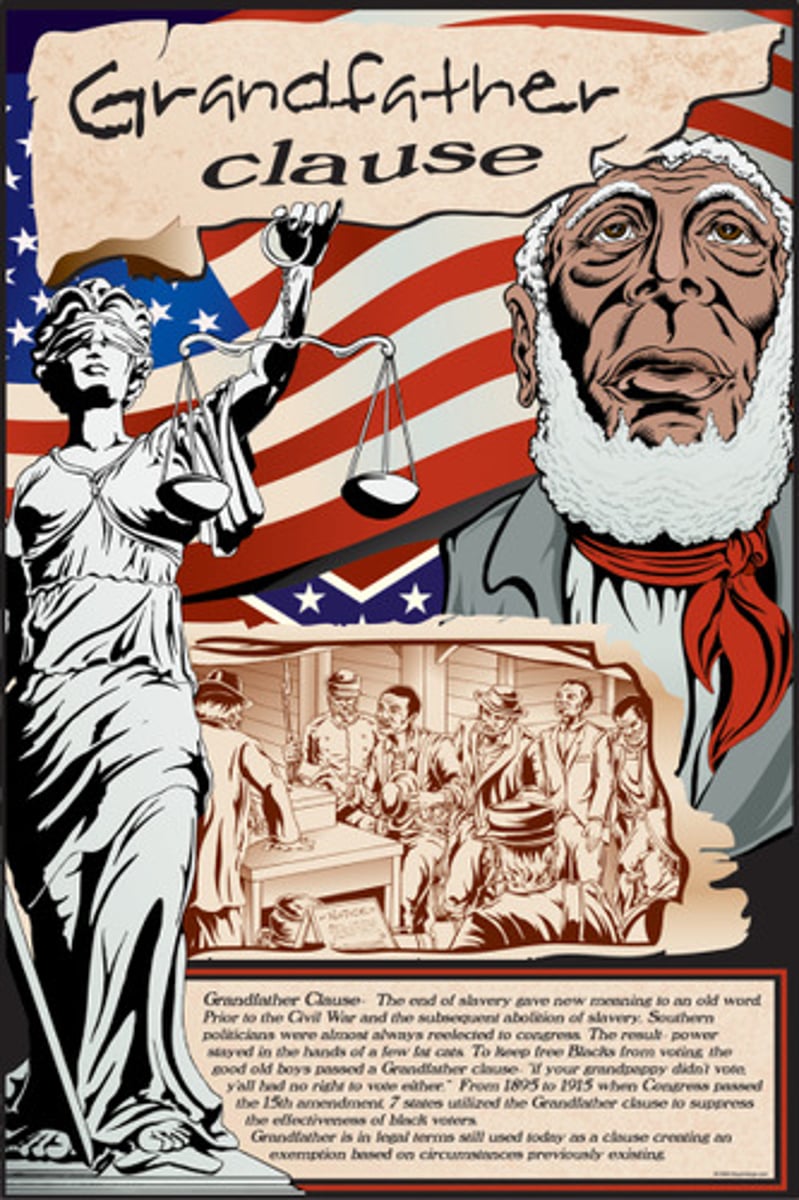
independent clause
expresses a complete thought and can stand alone as a sentence. Has both a subject and a verb.
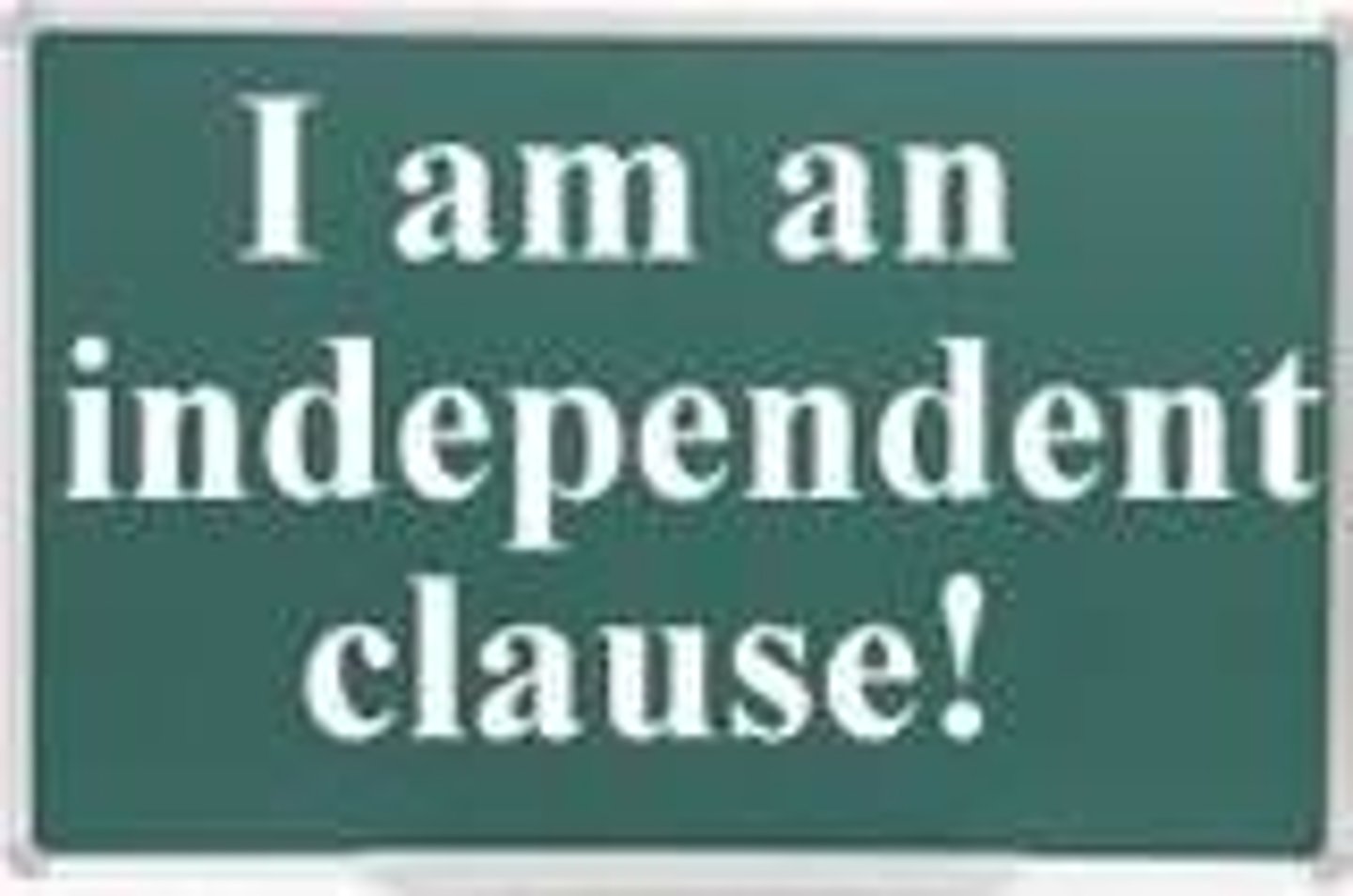
dependent clause
A clause in a complex sentence that cannot stand alone as a complete sentence and that functions within the sentence as a noun or adjective or adverb
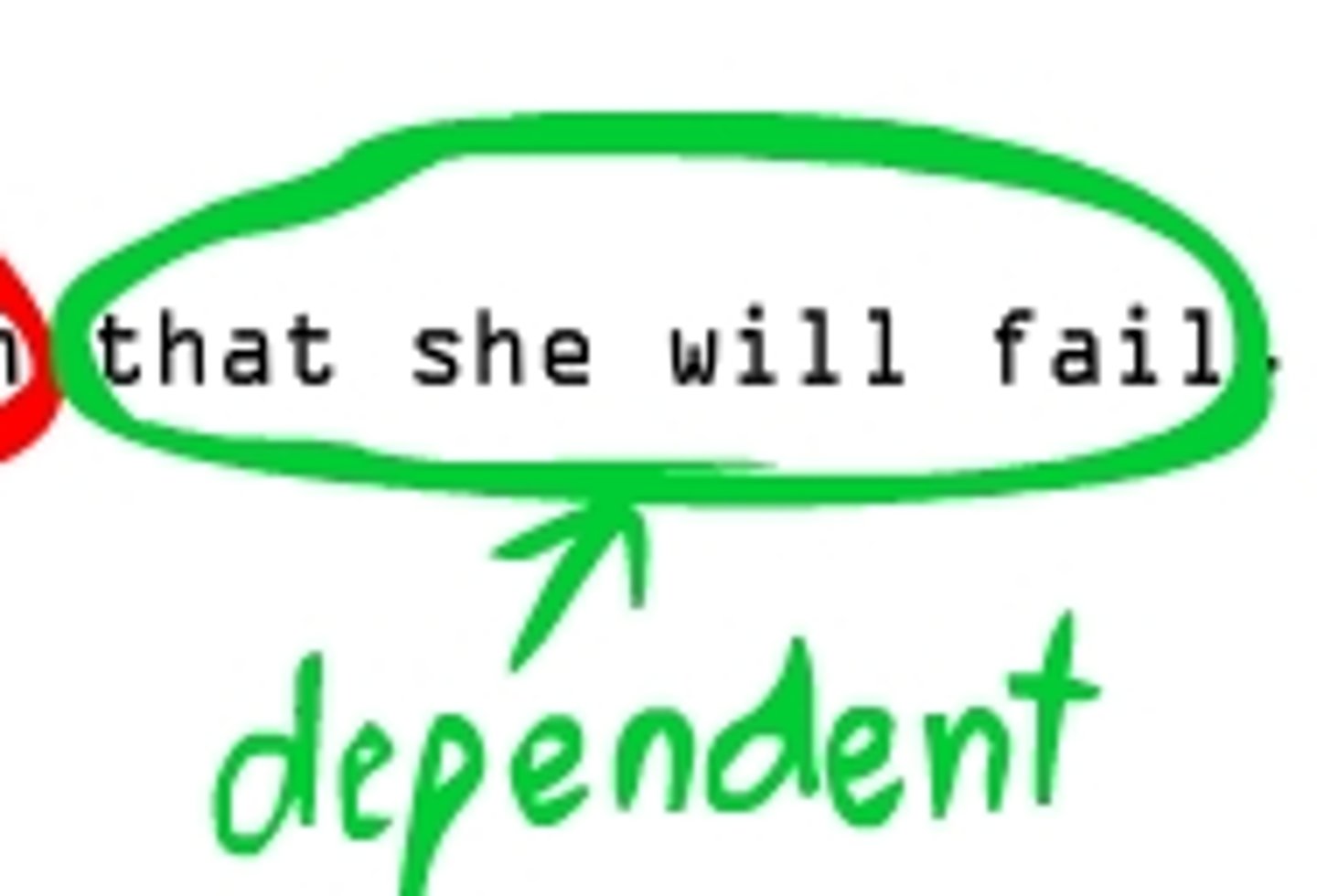
balanced sentence
a sentence in which words, phrases, or clauses are set off against each other to emphasize a contrast
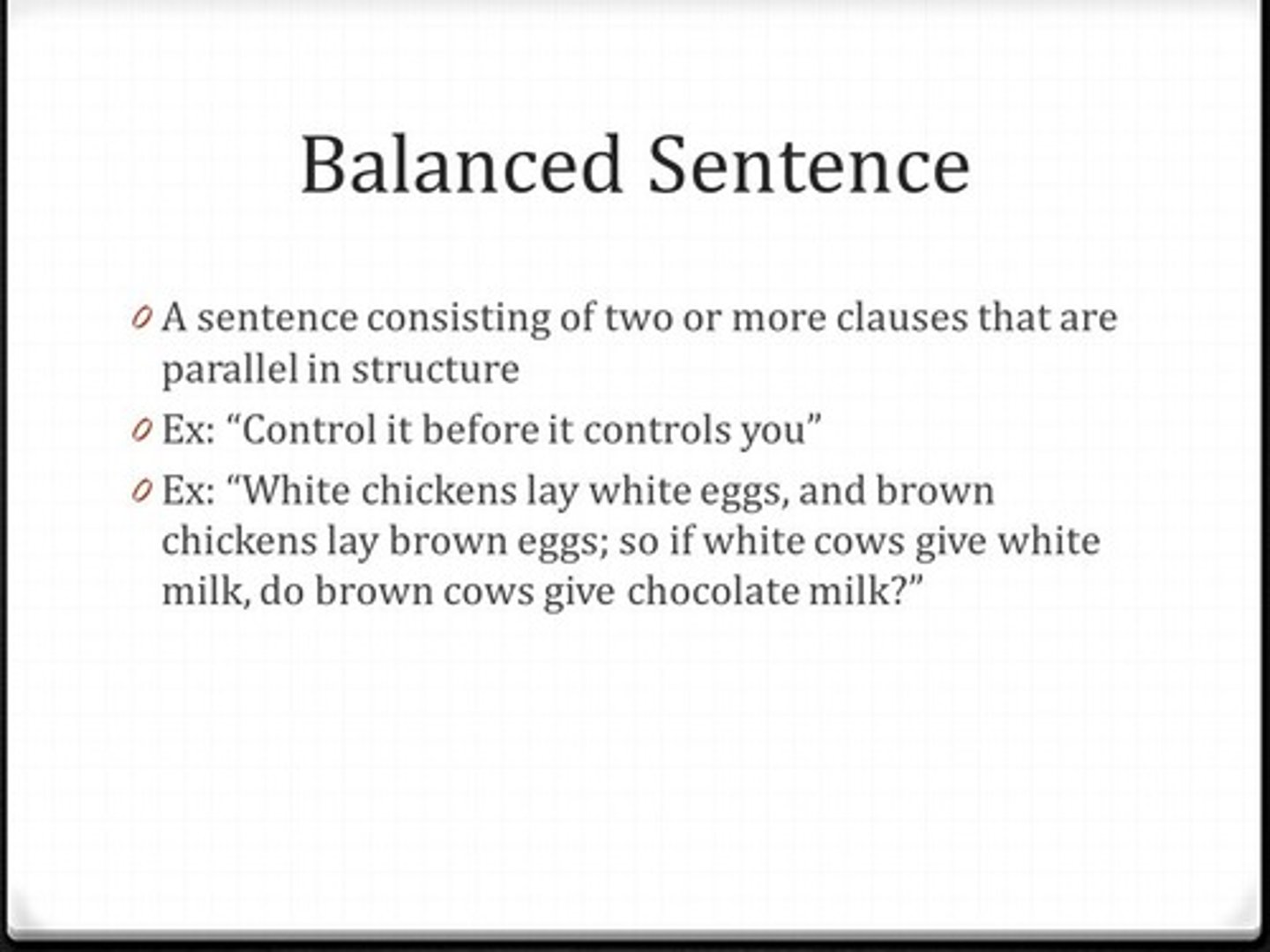
compound sentence
a sentence with two or more coordinate independent clauses, often joined by one or more conjunctions
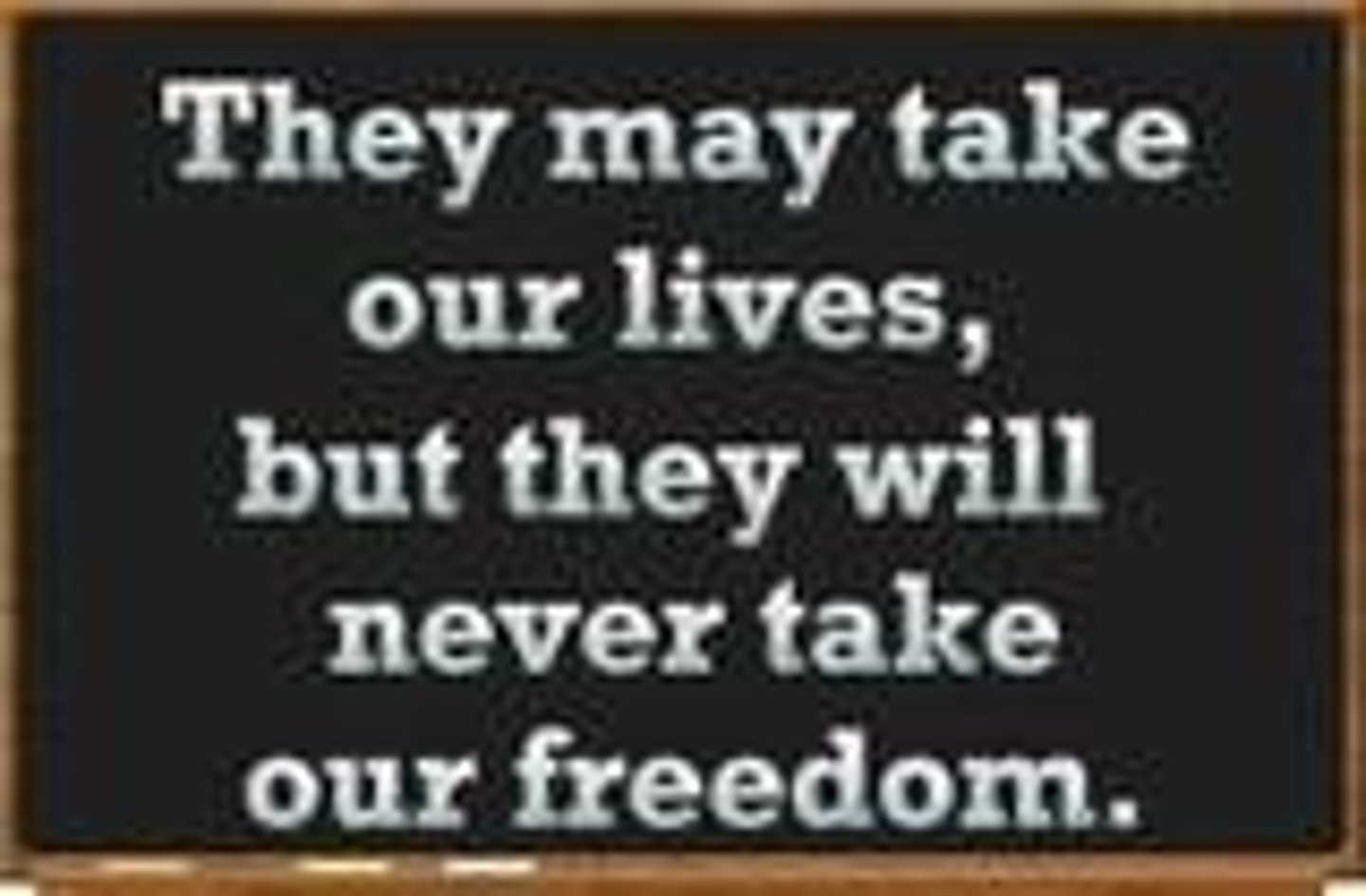
complex sentence
A sentence with one independent clause and at least one dependent clause
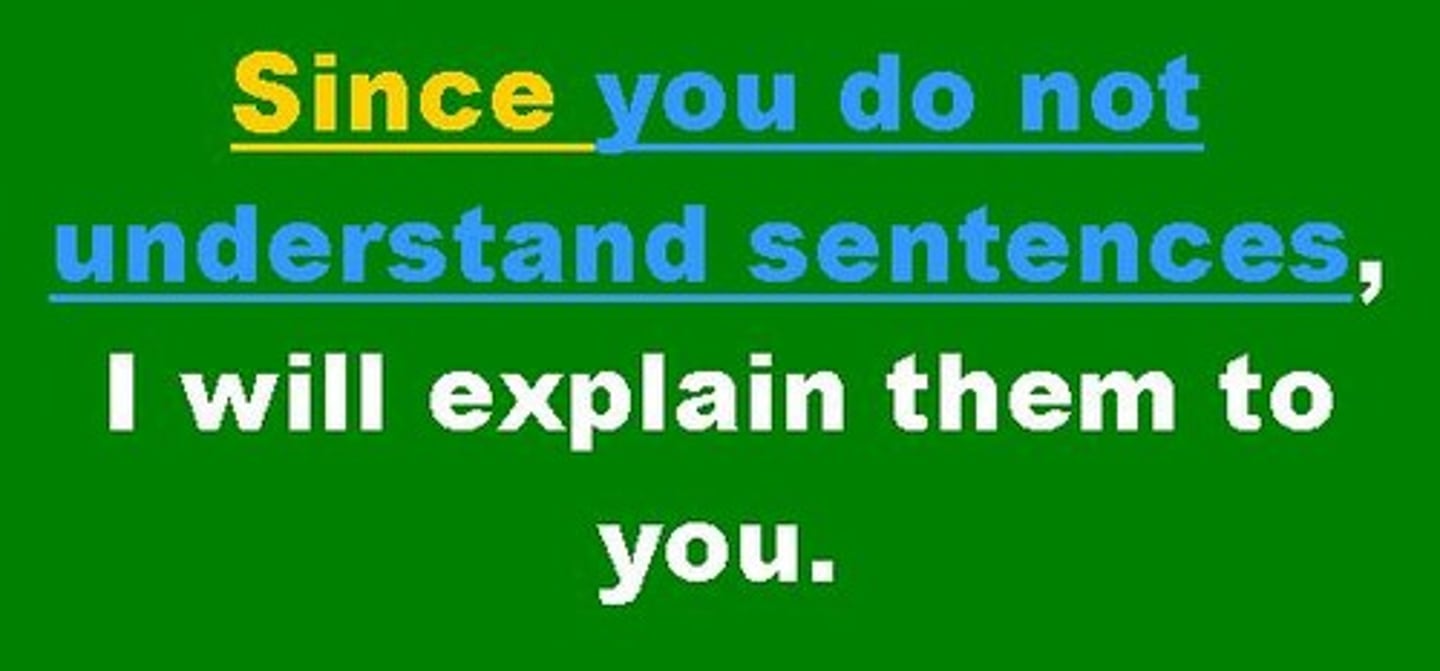
cumulative sentence (loose sentence)
a sentence in which the main independent clause is elaborated by the successive addition of modifying clauses or phrases
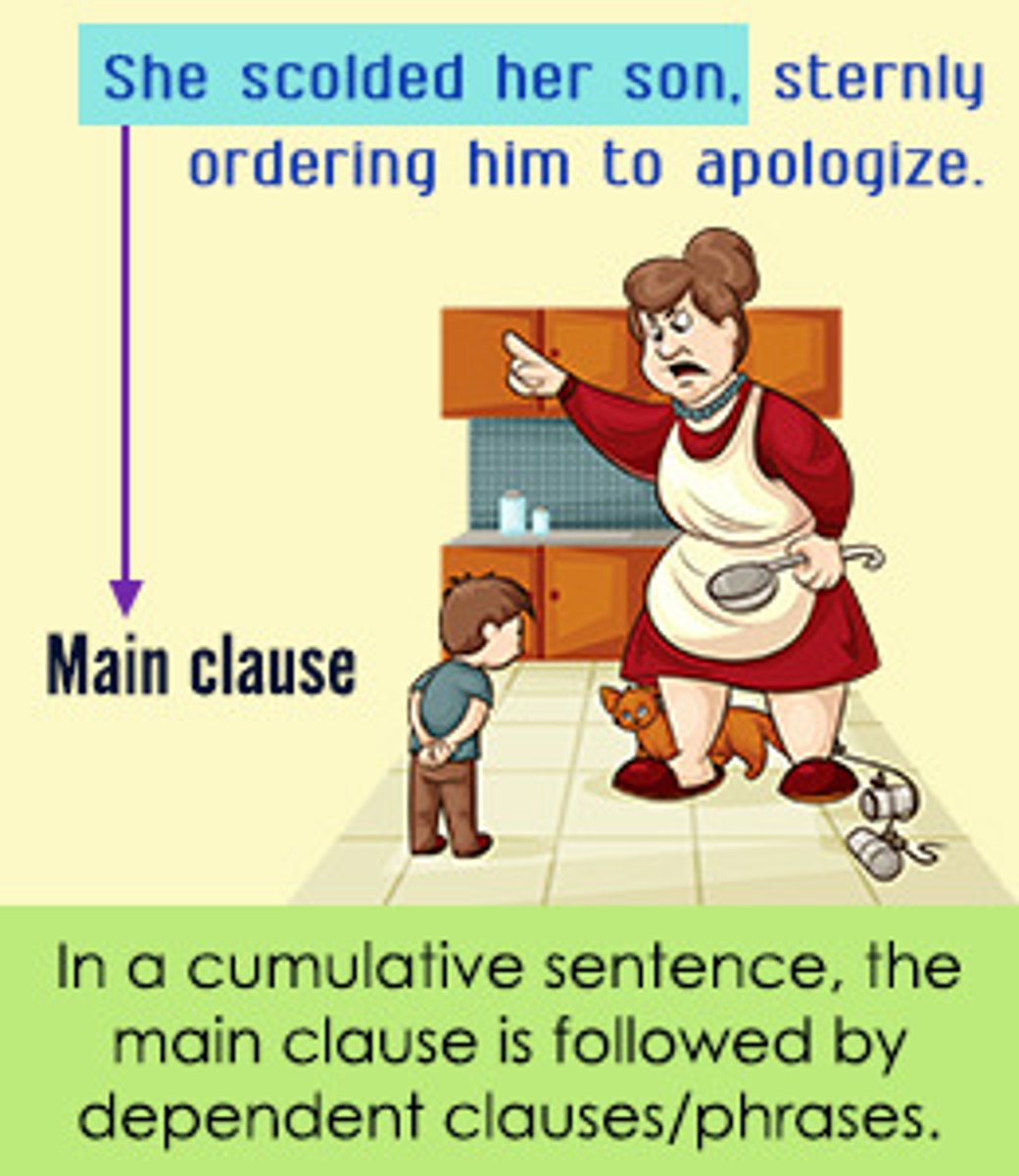
periodic sentence
sentence whose main clause is withheld until the end
simple sentence
A sentence consisting of one independent clause and no dependent clause
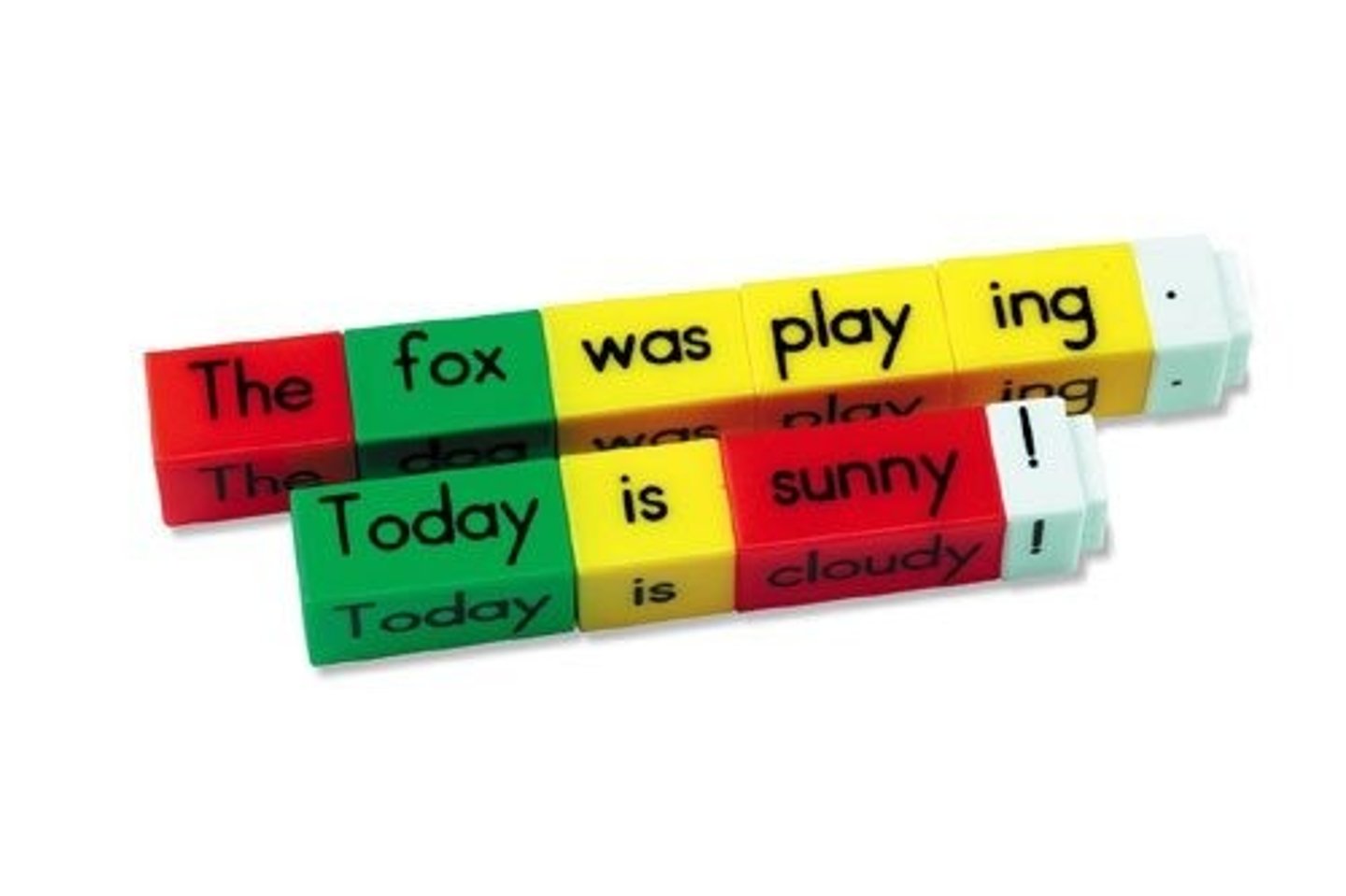
declarative sentence
a sentence that makes a statement
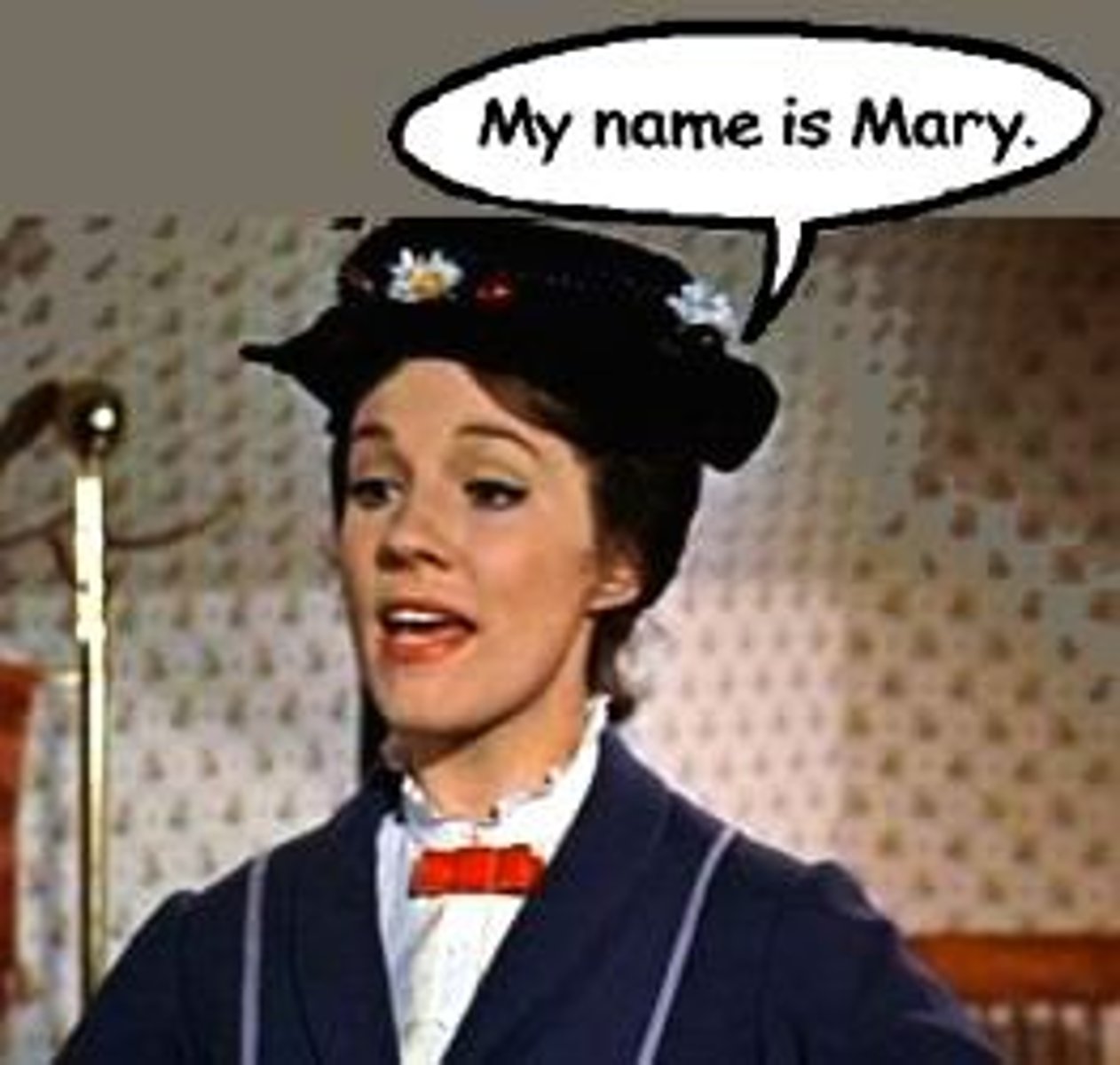
imperative sentence
sentence used to command or enjoin

interrogative sentence
A sentence that asks a question

theme
Central idea of a work of literature
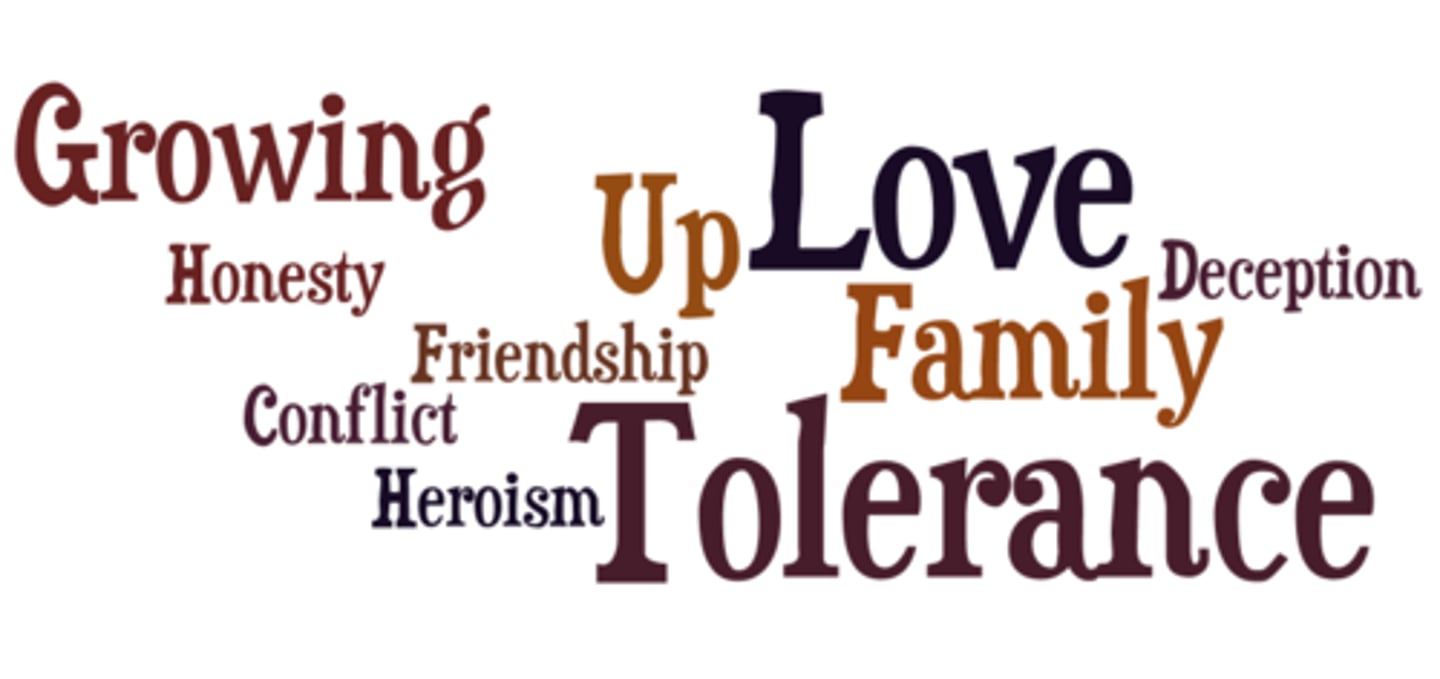
thesis
a statement or theory that is put forward as a premise to be maintained or proved.
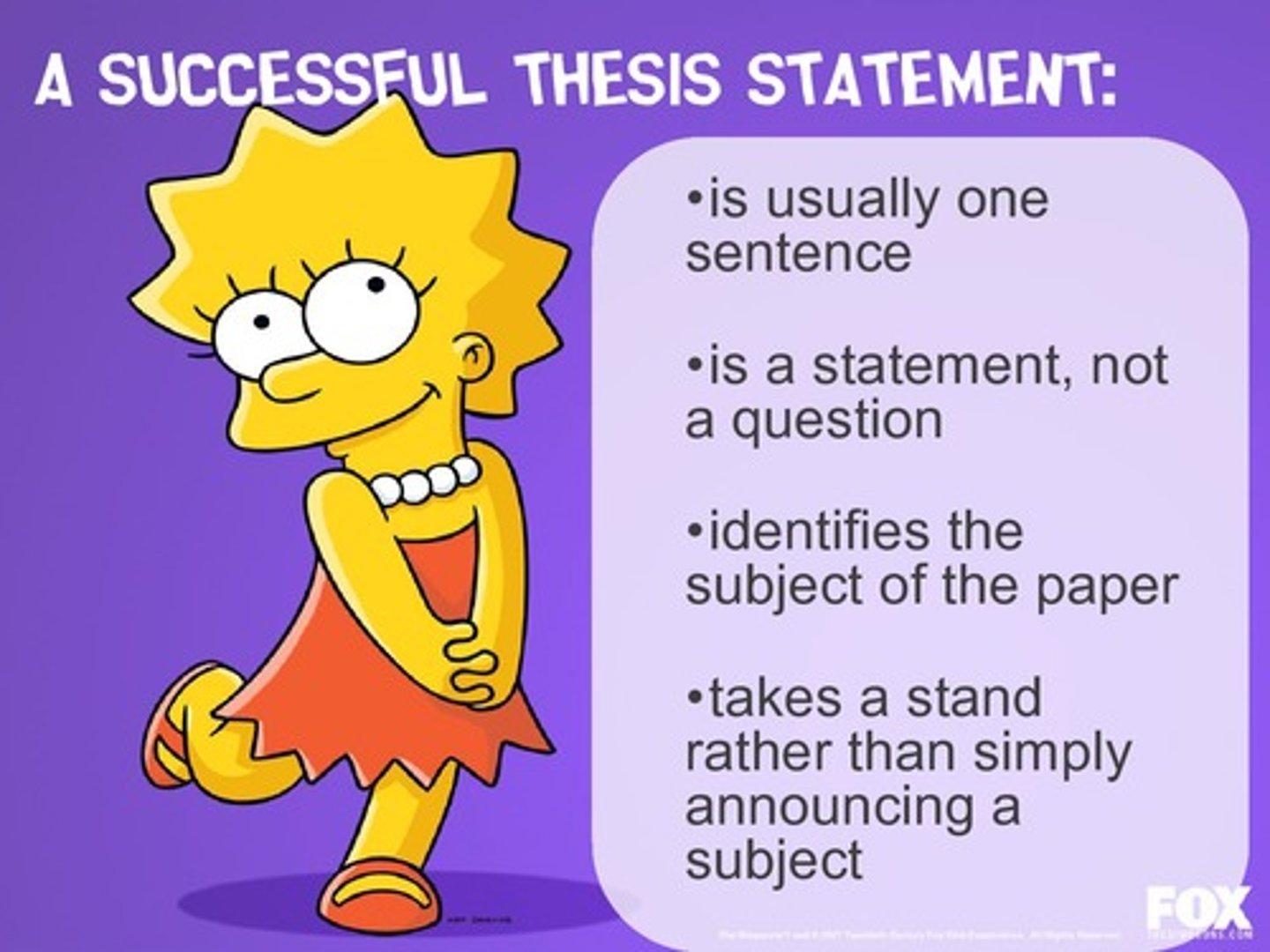
tone
Attitude a writer takes toward the audience, a subject, or a character
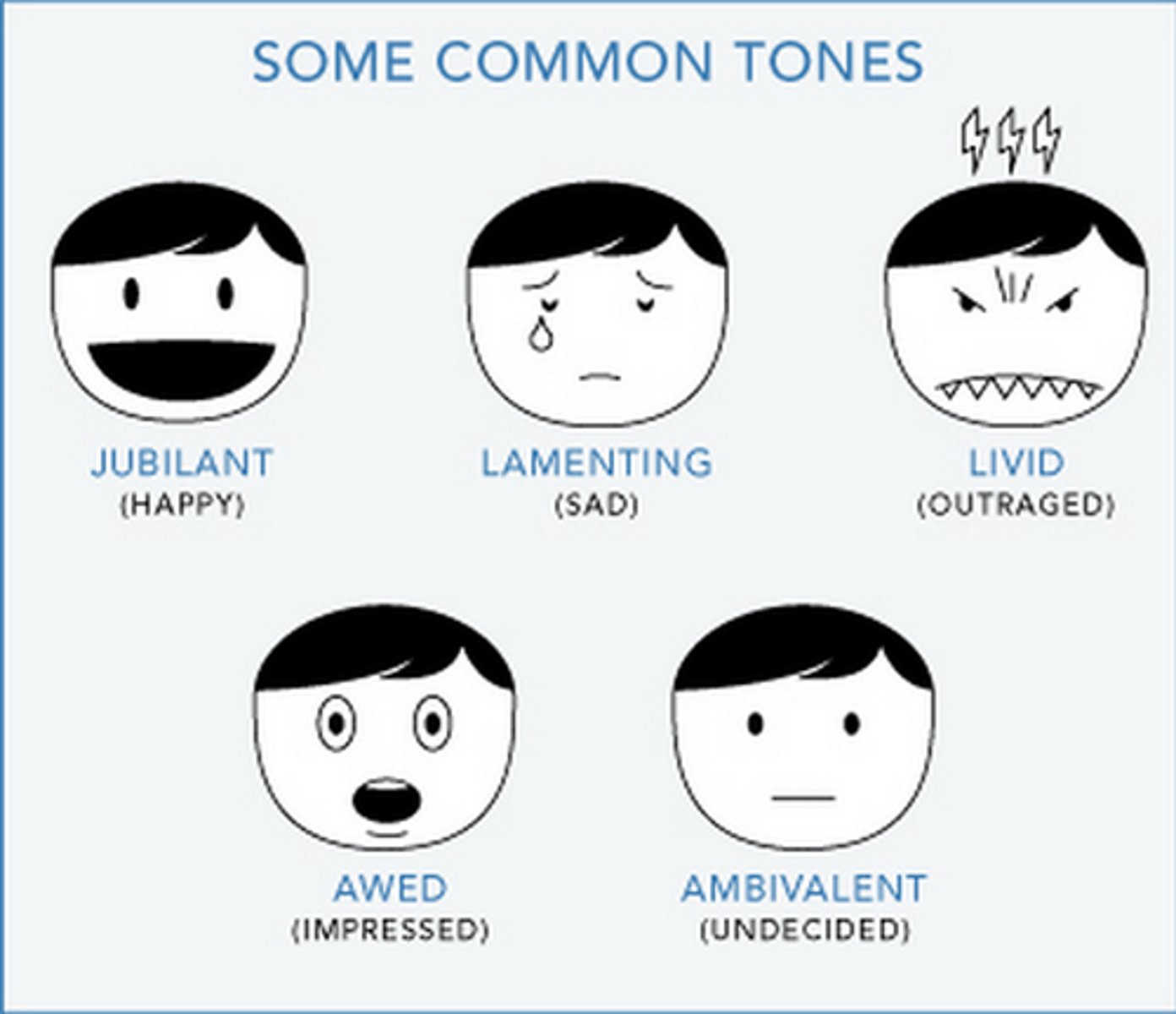
understatement
the presentation of something as being smaller, worse, or less important than it actually is.
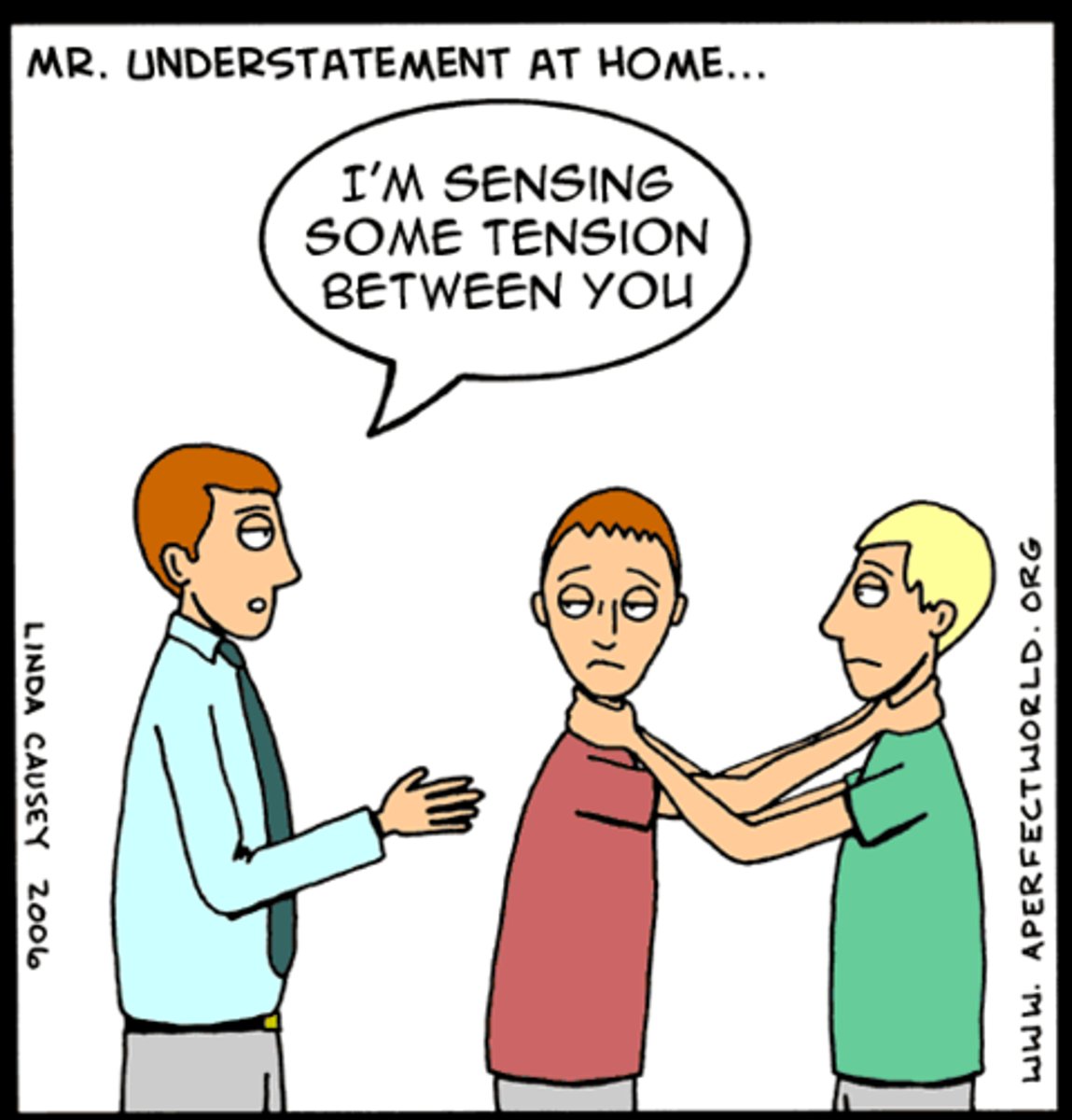
litotes
A form of understatement that involves making an affirmative point by denying its opposite

premise
an assumption; the basis for a conclusion
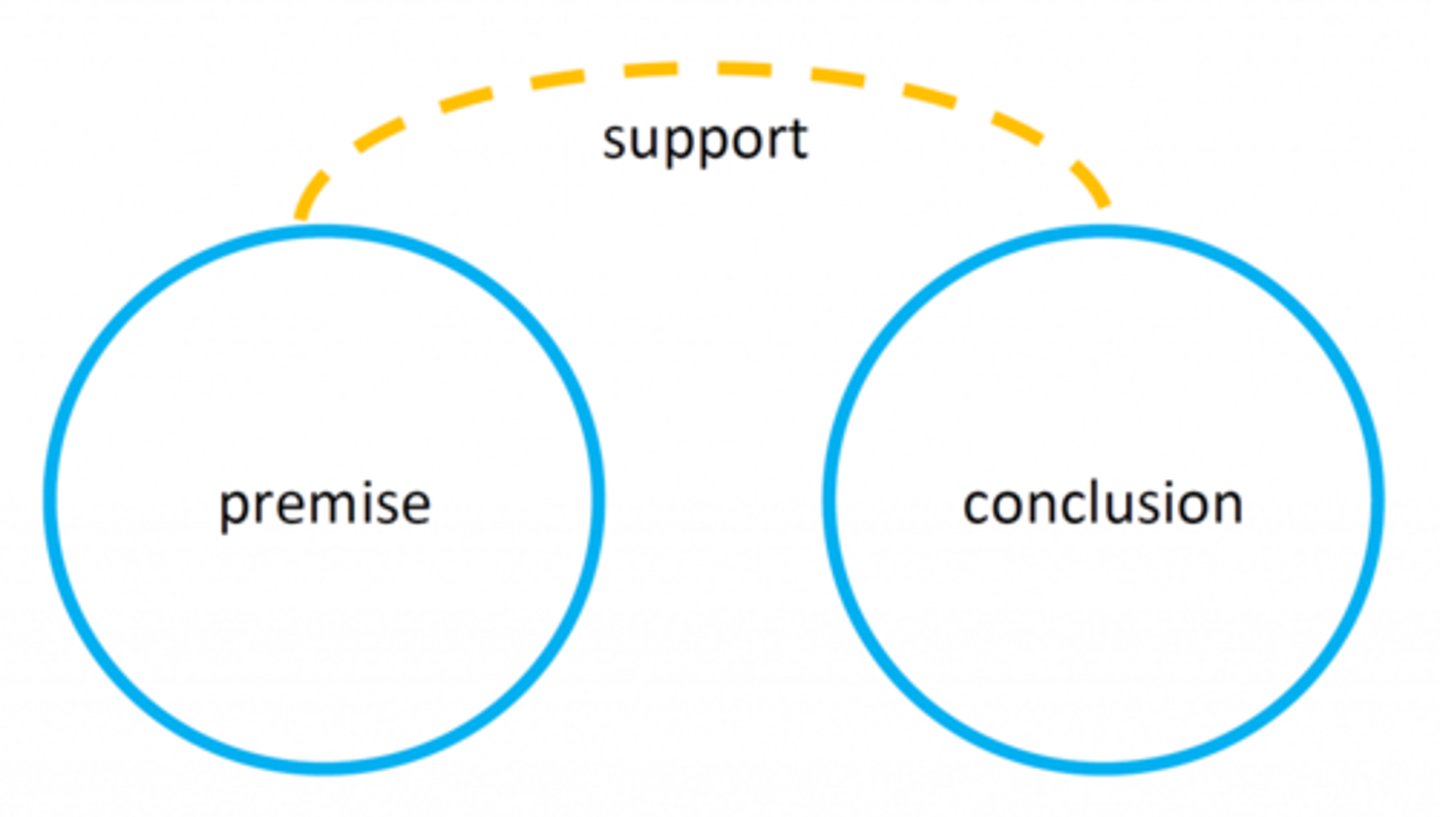
conclusion
A summary based on evidence or facts
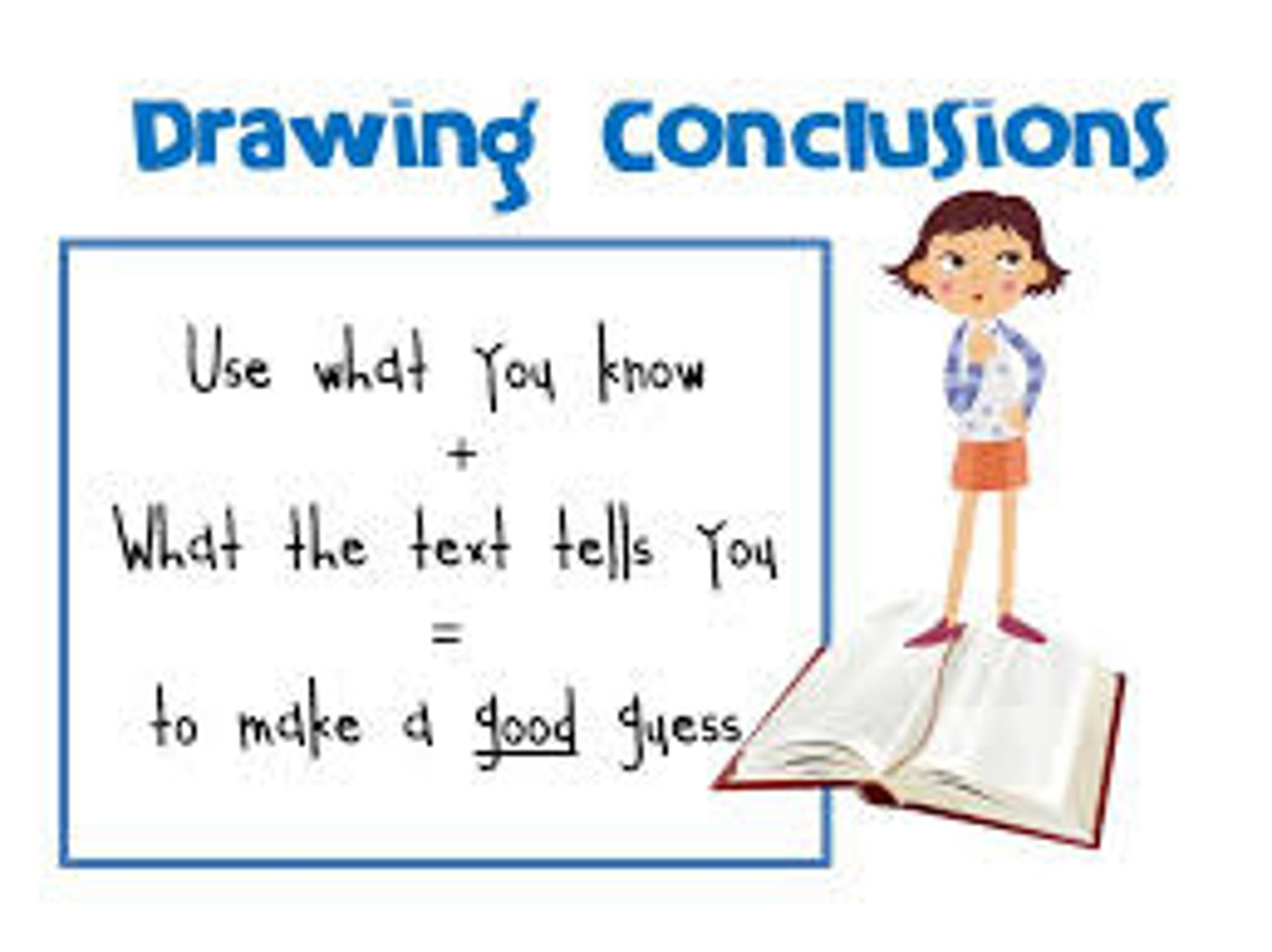
ethos
credibility

pathos
emotional appeal
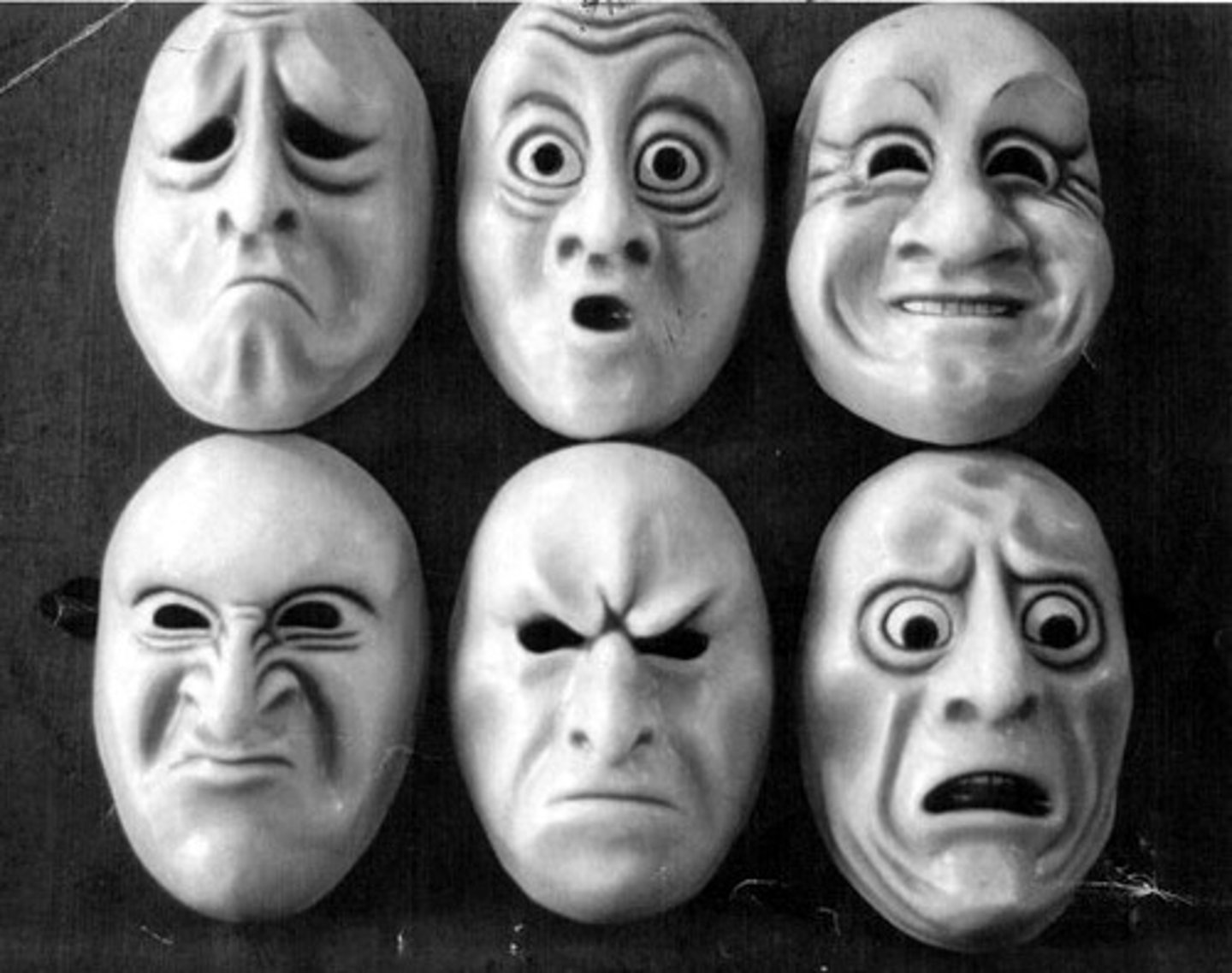
logos
Appeal to logic

concession
Accepting at least part or all of an opposing viewpoint. Often used to make one's own argument
stronger by demonstrating that one is willing to accept what is obviously true and reasonable, even
if it is presented by the opposition. Sometimes also called multiple perspectives because the
author is accepting more than one position as true. Sometimes a concession is immediately
followed by a rebuttal of the concession.

conditional statement
a statement that can be written in if-then form

contradiction
A direct opposition between things compared; inconsistency
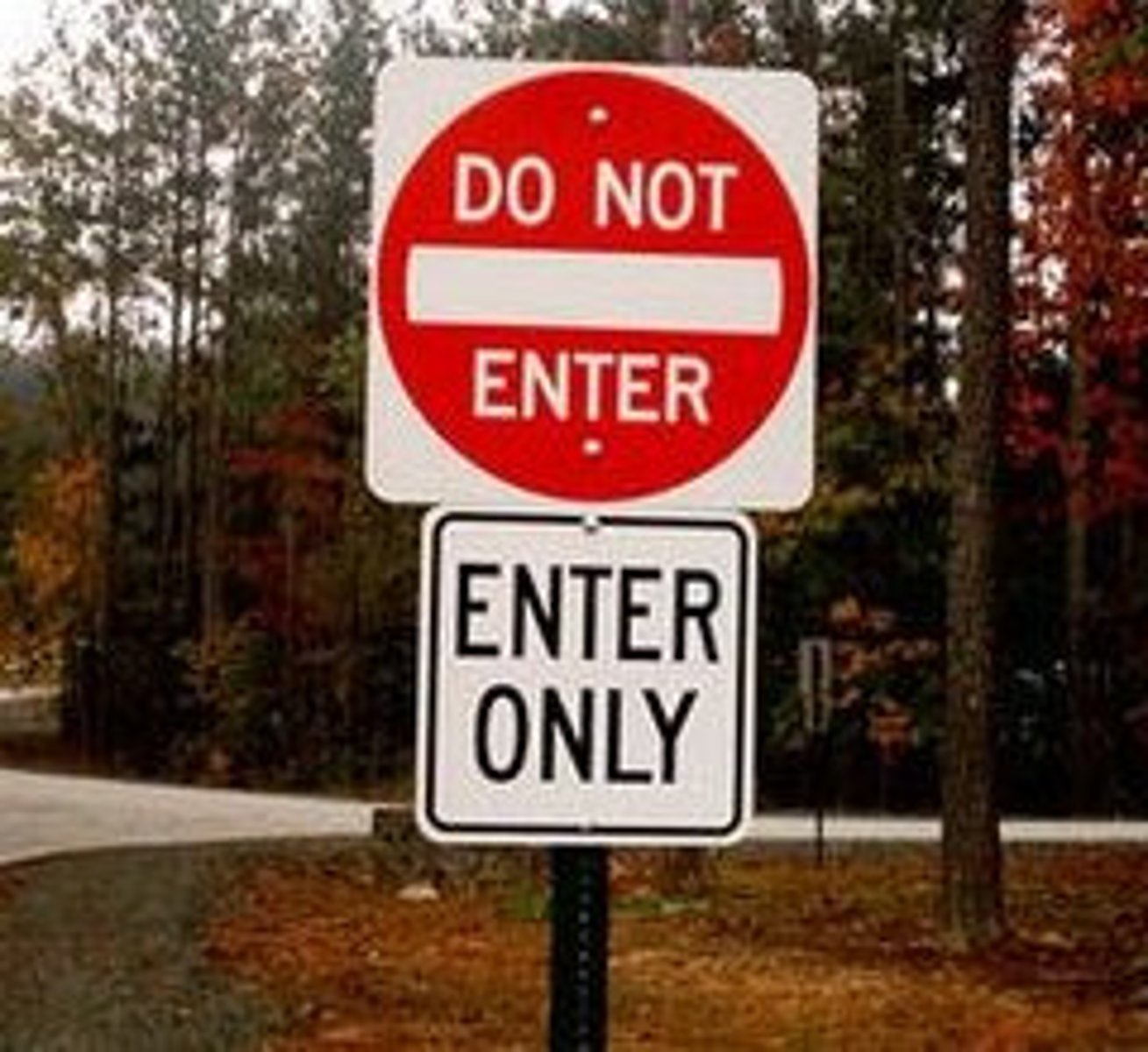
counterexample
an example used to support a claim or statement that is the opposite of another claim or statement
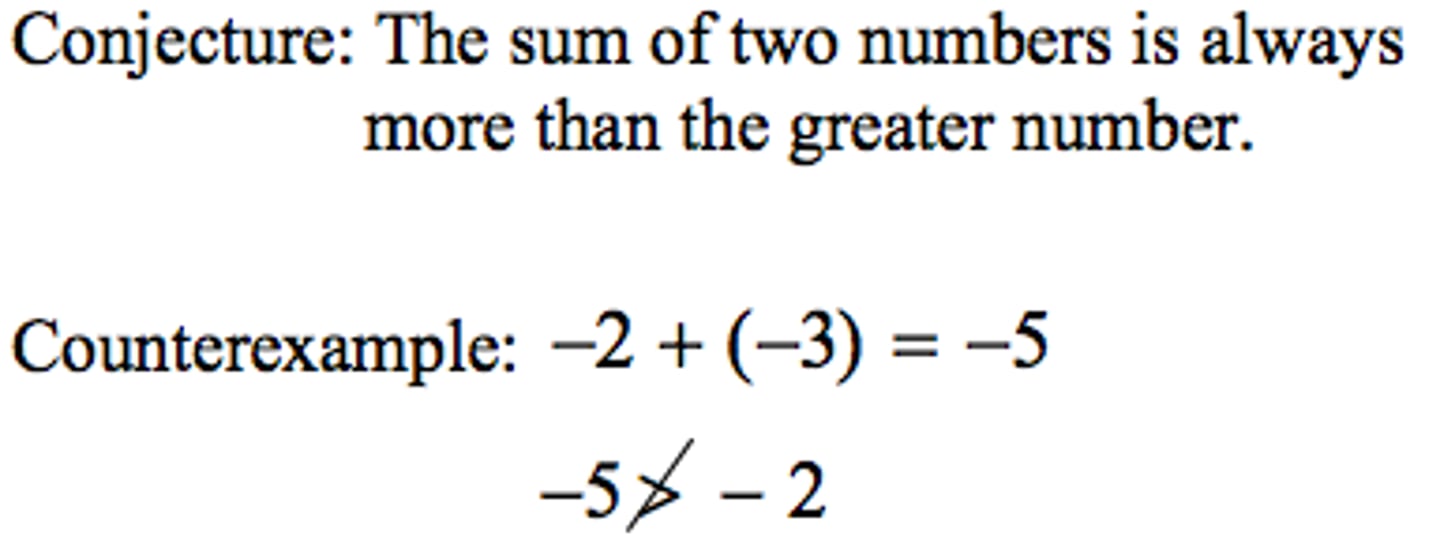
deductive argument
an argument that reasons from known premises to an inevitable conclusion
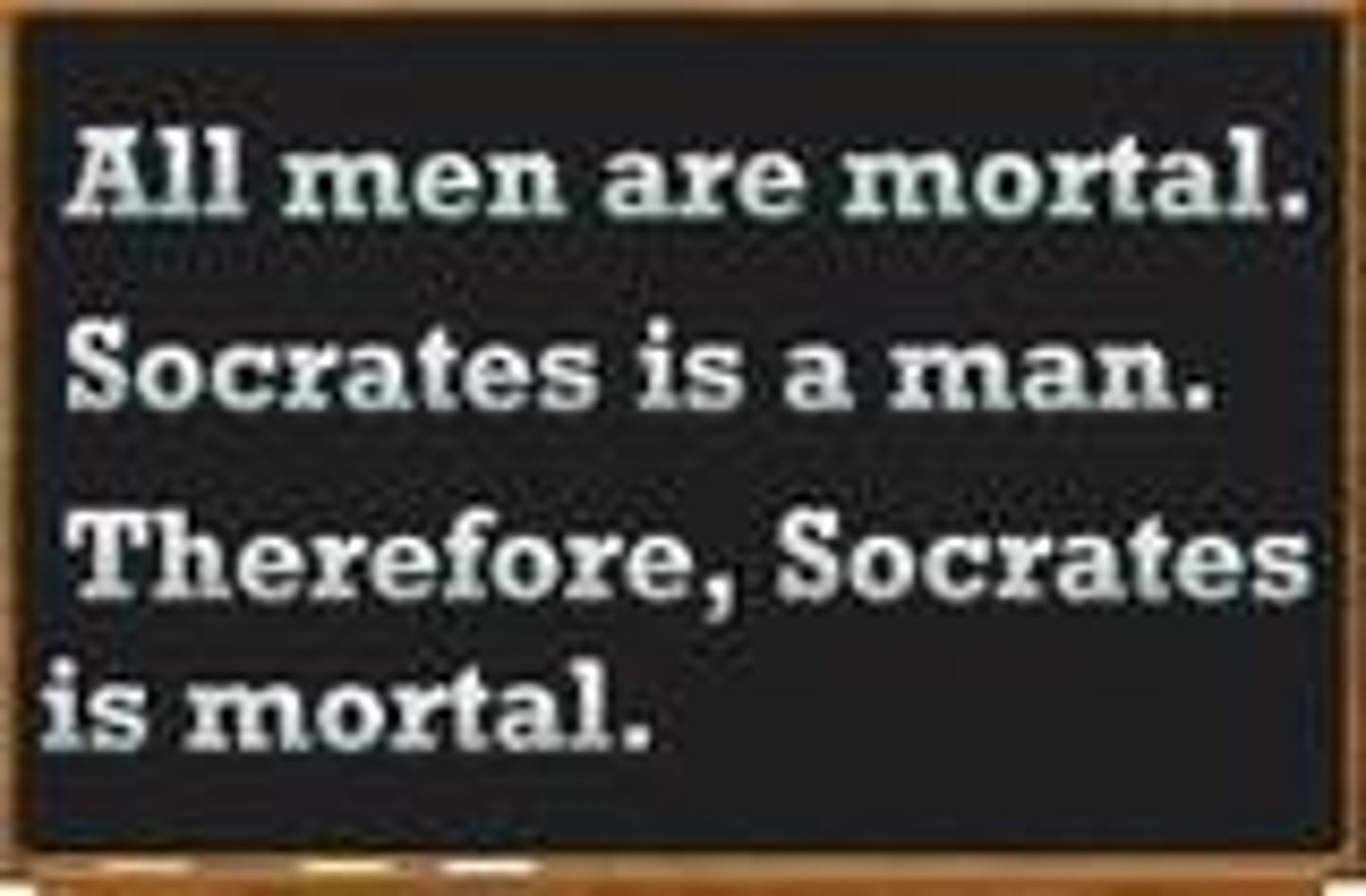
fallacy
A fallacy is an attractive but unreliable piece of reasoning. Writers do not want to make obvious
fallacies in their reasoning, but they are often used unintentionally, or when the writer thinks they
can get away with faulty logic.
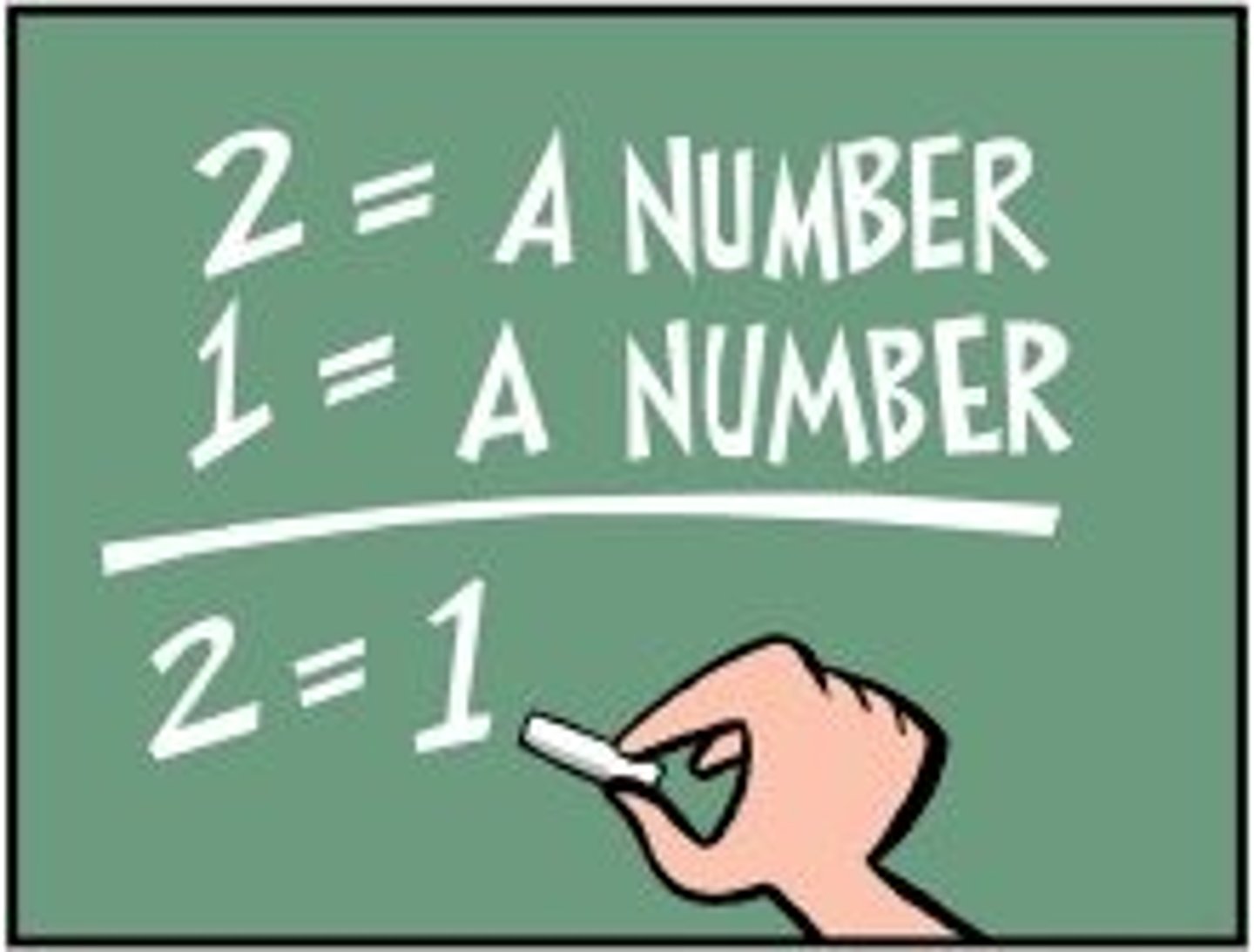
ad hominem
a fallacy that attacks the person rather than dealing with the real issue in dispute
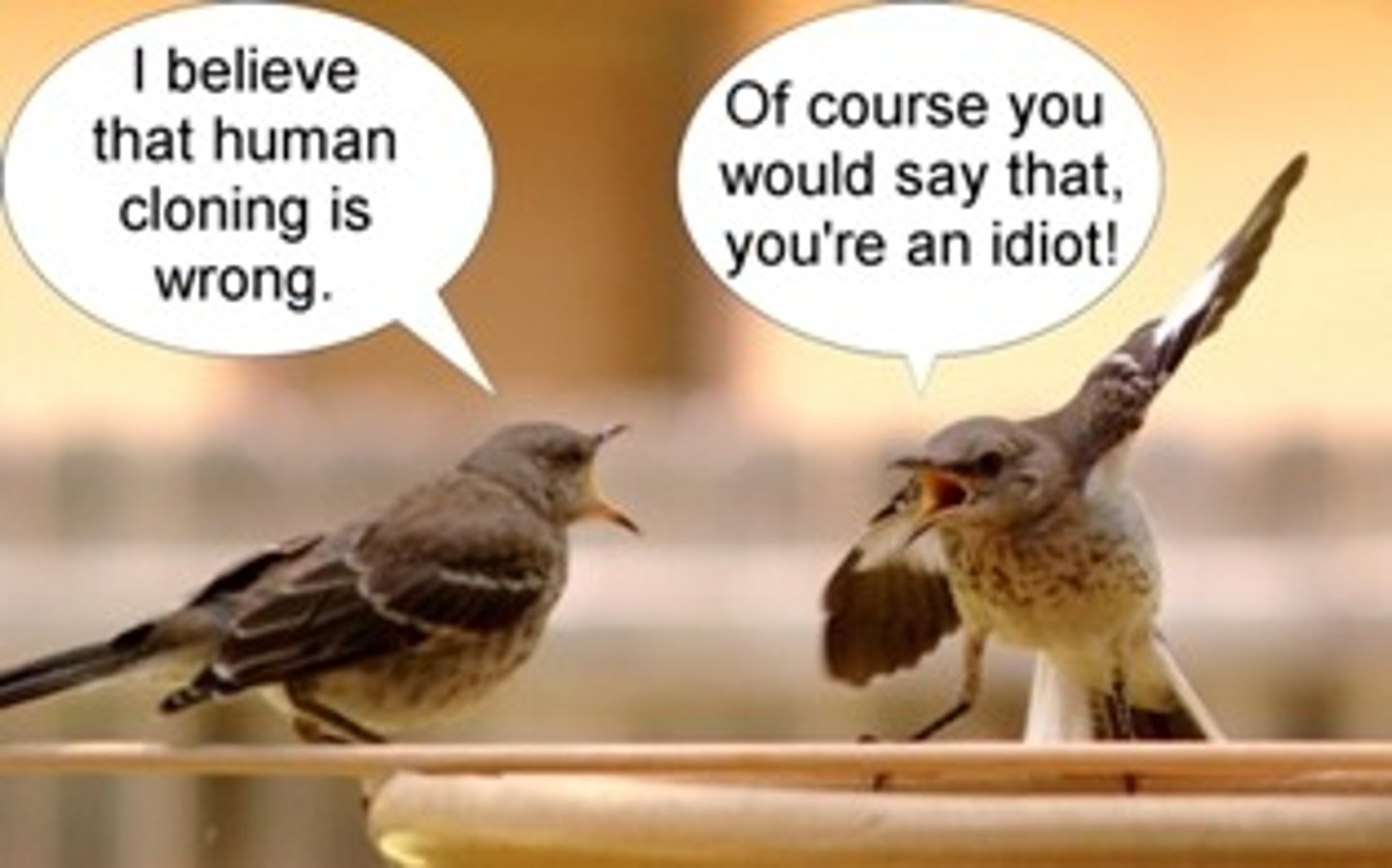
appeal to authority
A fallacy in which a speaker or writer seeks to persuade not by giving evidence but by appealing to the respect people have for a famous person or institution.

appeal to the bandwagon
The claim, as evidence for an idea, that many people believe it, or used to believe it, or do it.
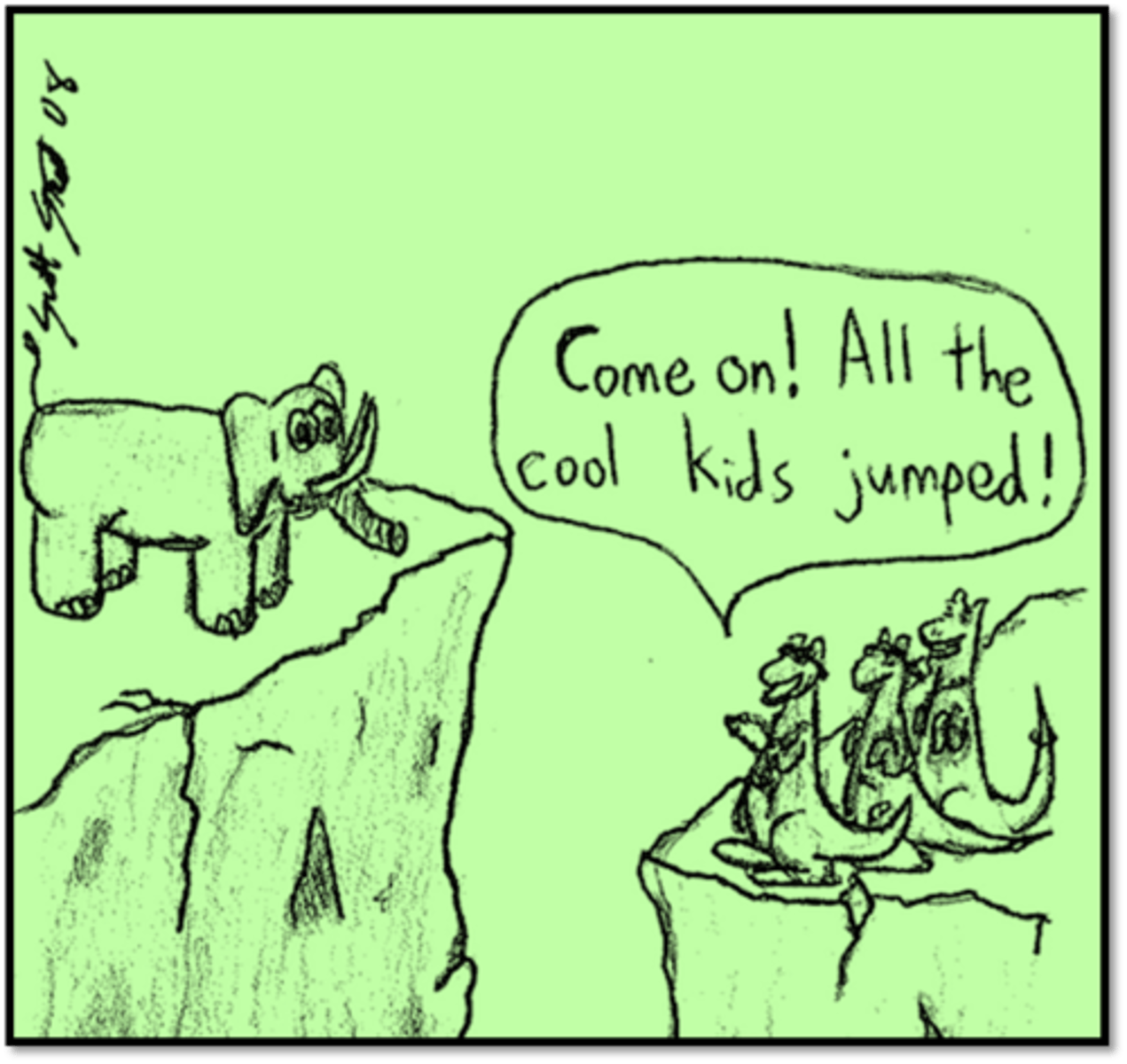
appeal to emotion
An attempt to replace a logical argument with an appeal to the audience's
emotions. Common emotional appeals are an appeal to sympathy, an appeal to revenge, an appeal
to patriotism - basically any emotion can be used as an appeal.

bad analogy
Claiming that two situations are highly similar, when they aren't. "We have pure
food and drug laws regulating what we put in our bodies; why can't we have laws to keep
musicians from giving us filth for the mind?"
